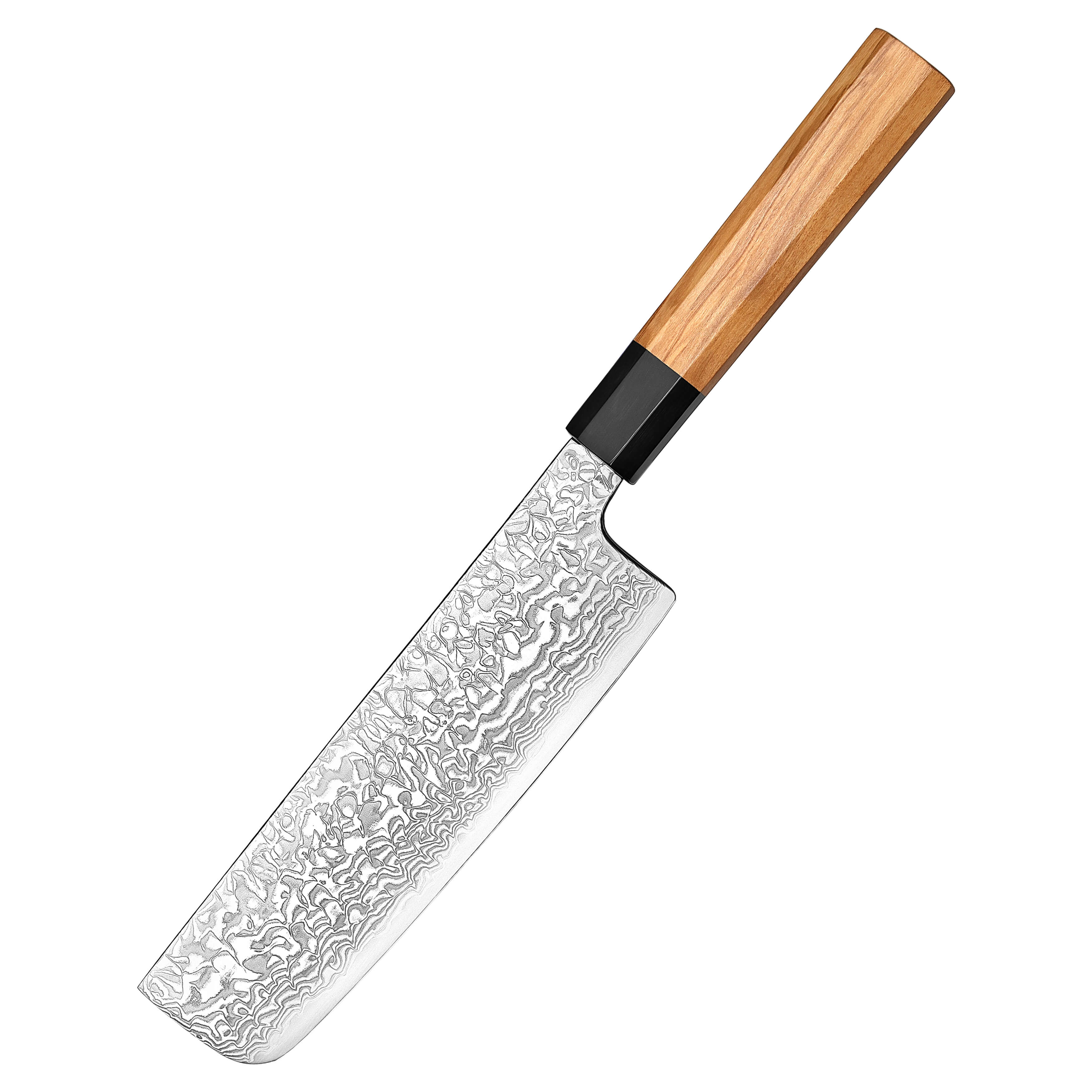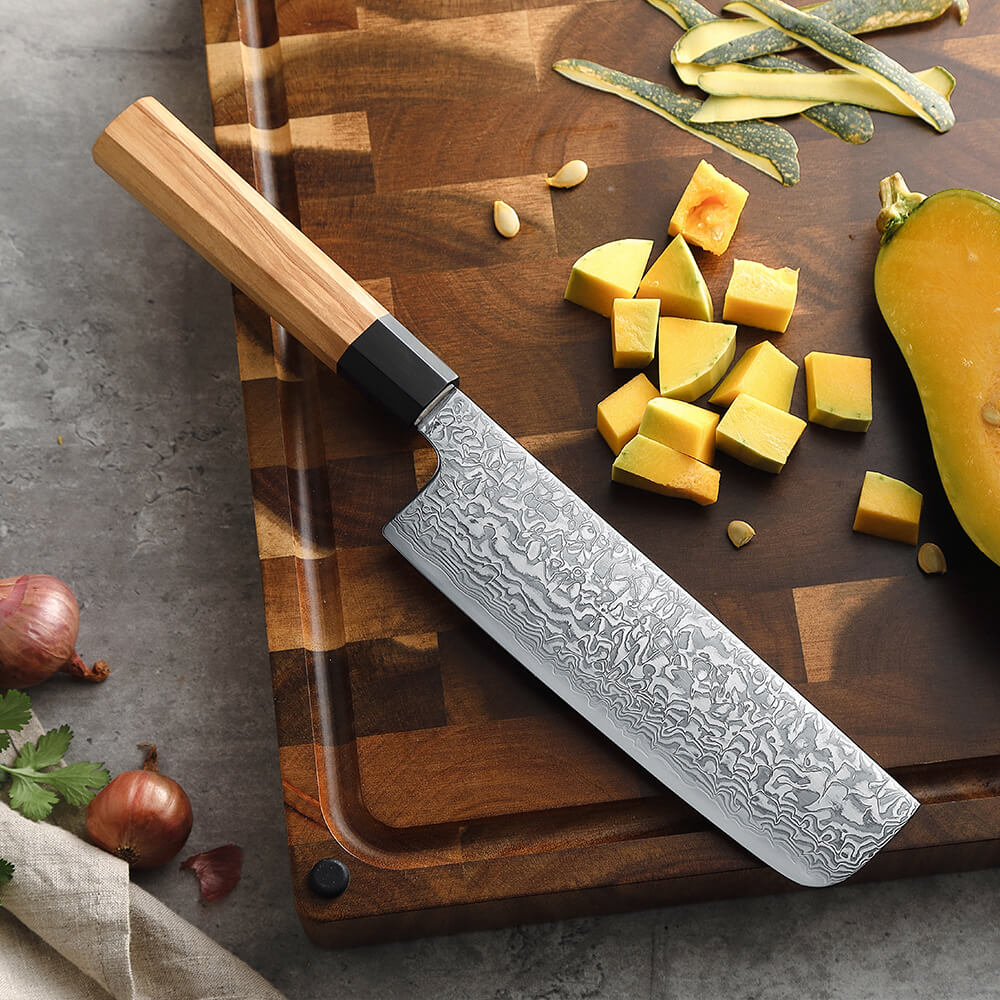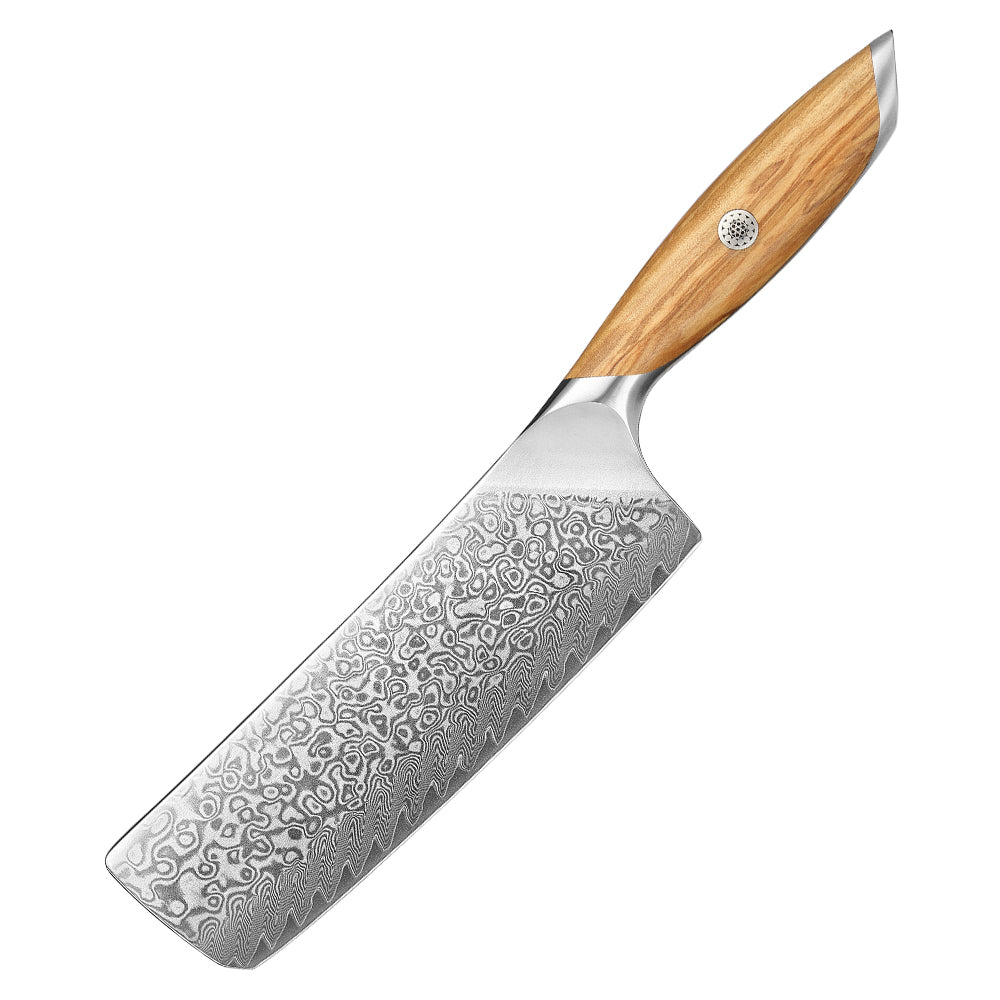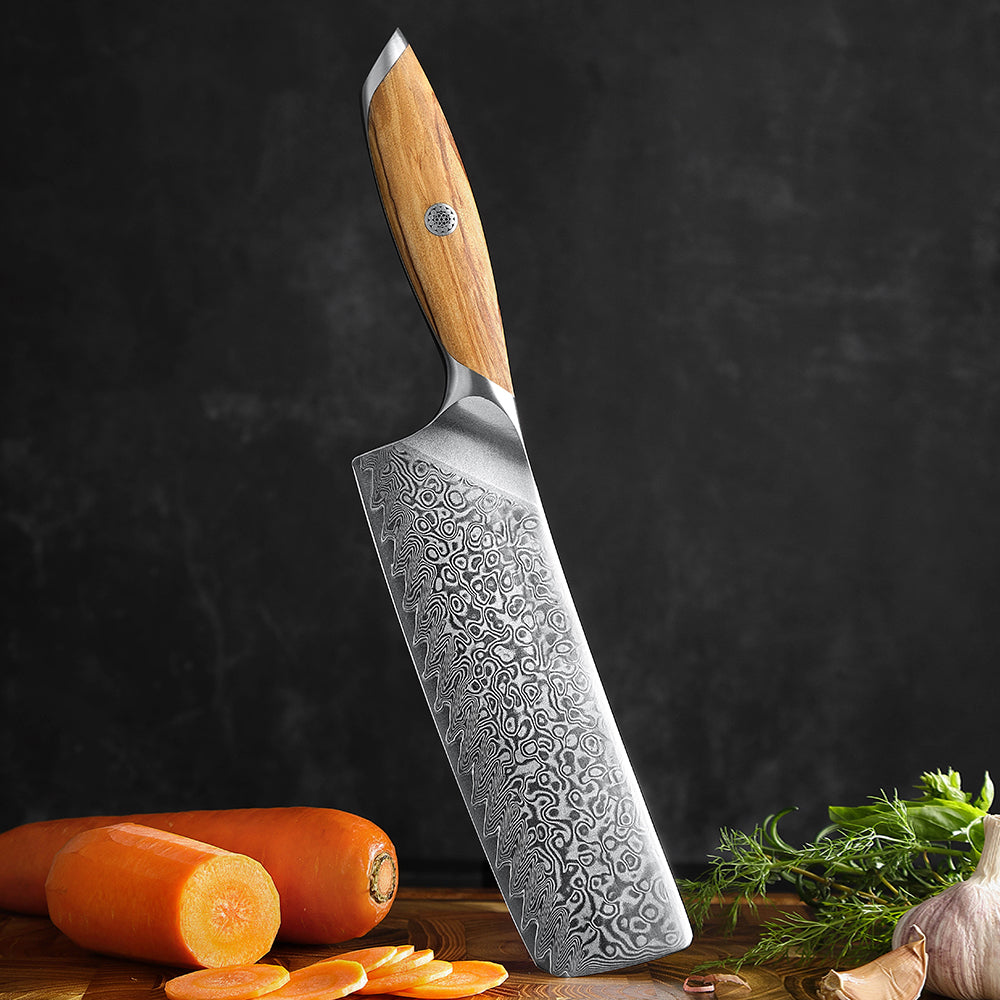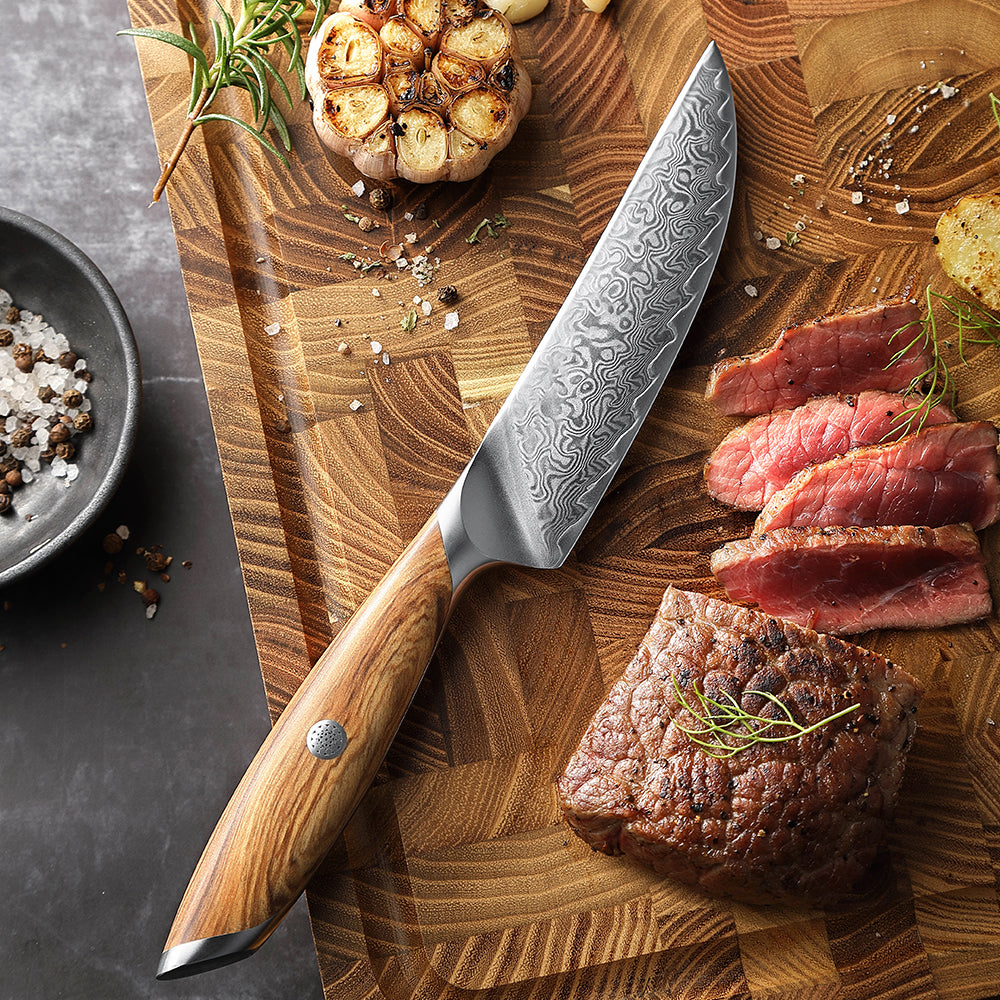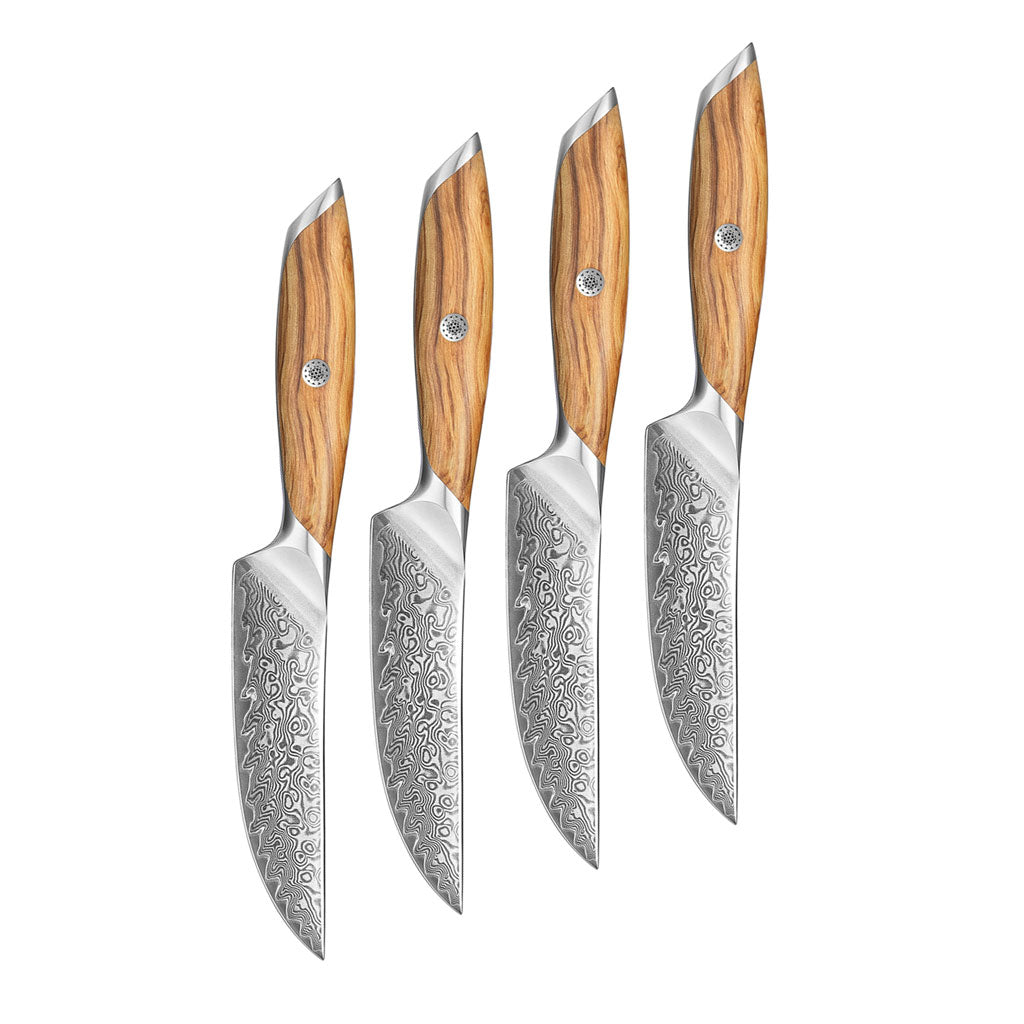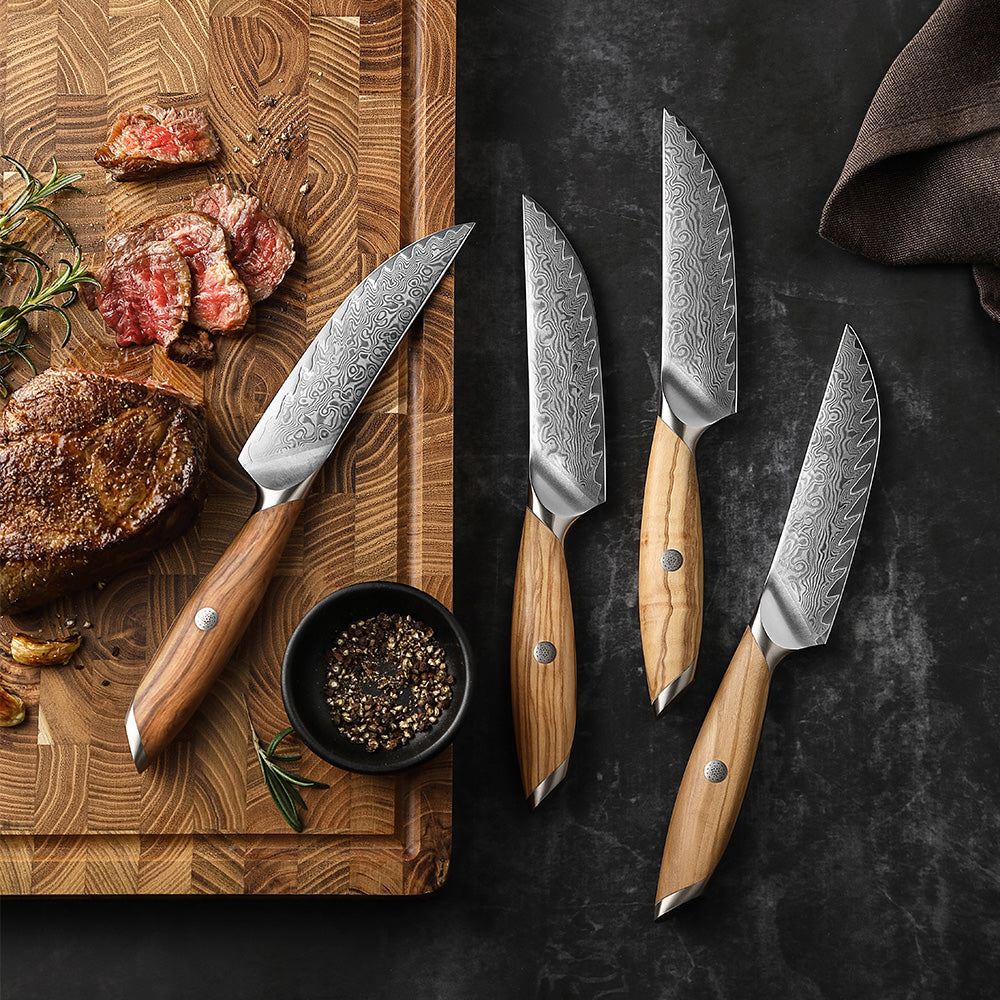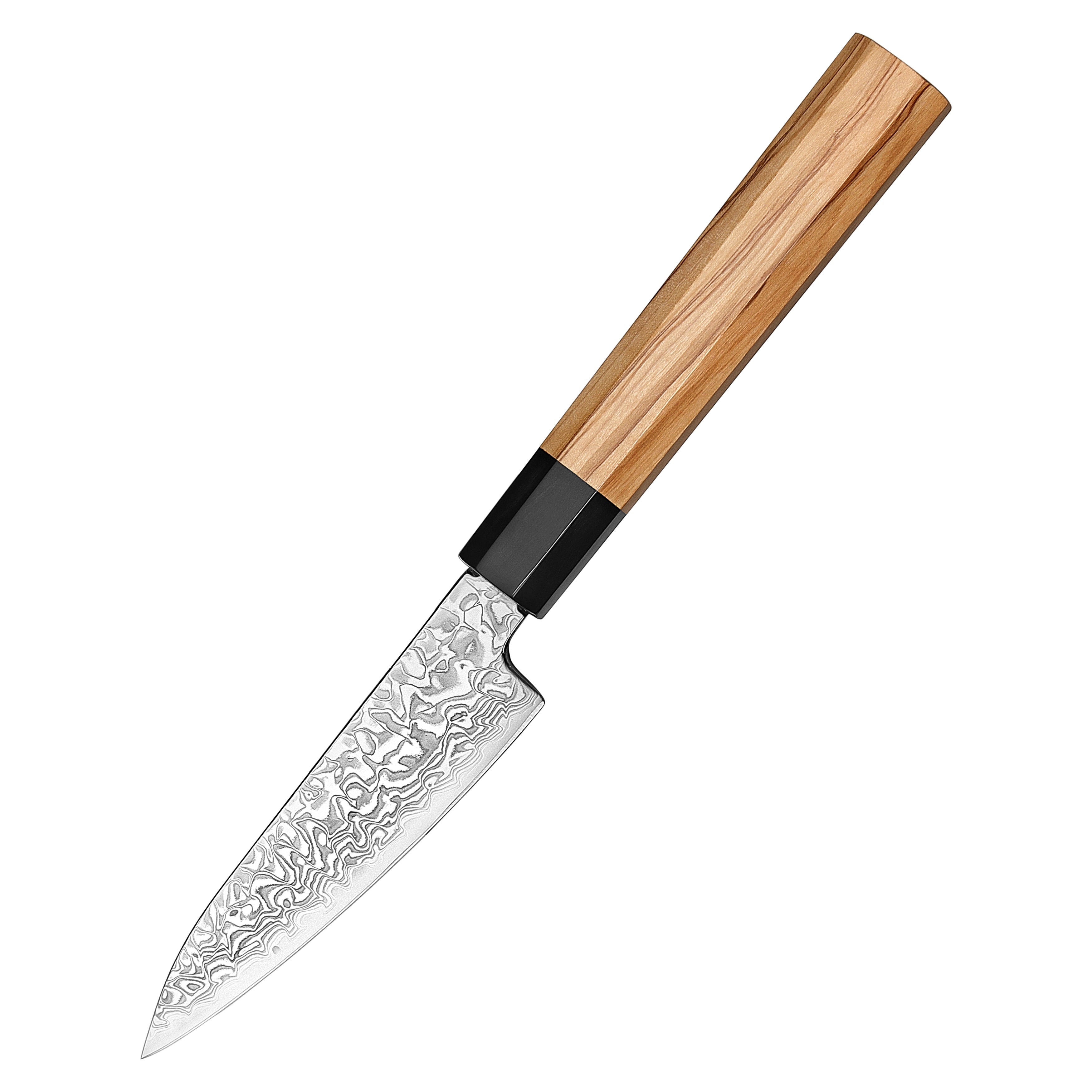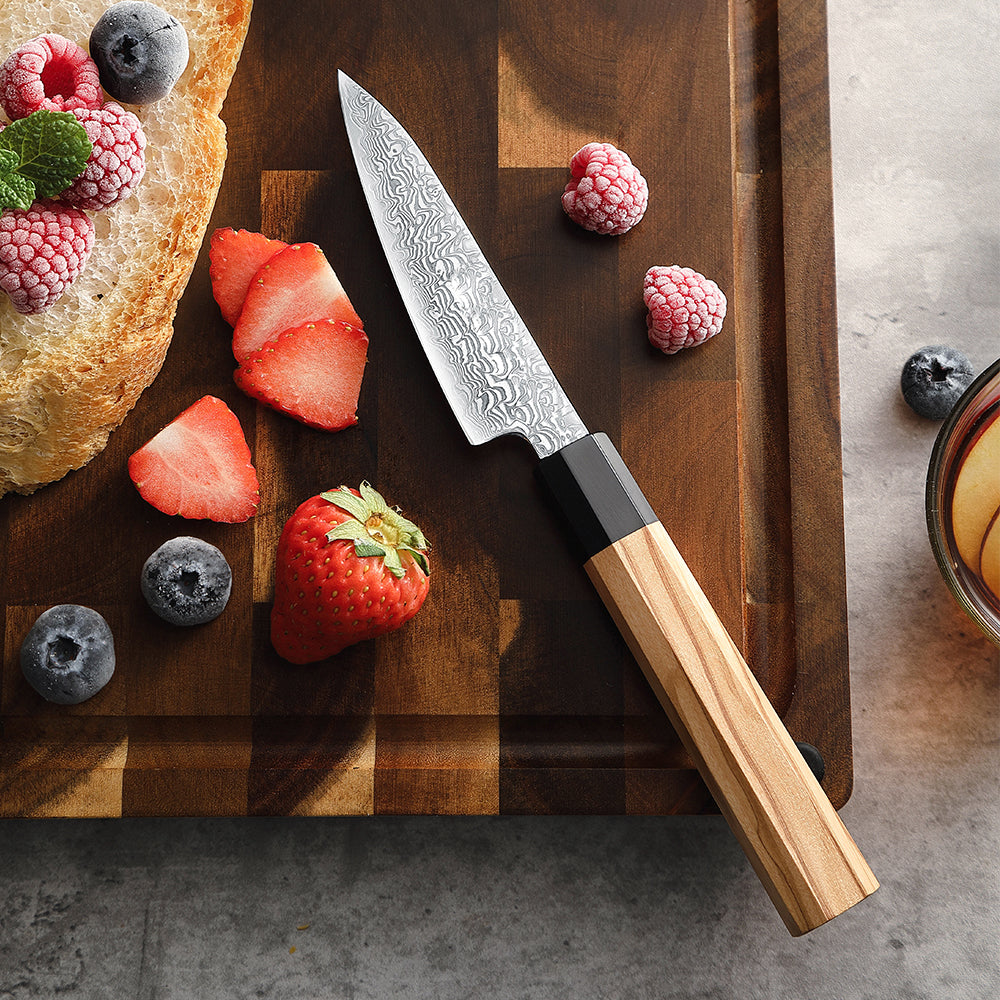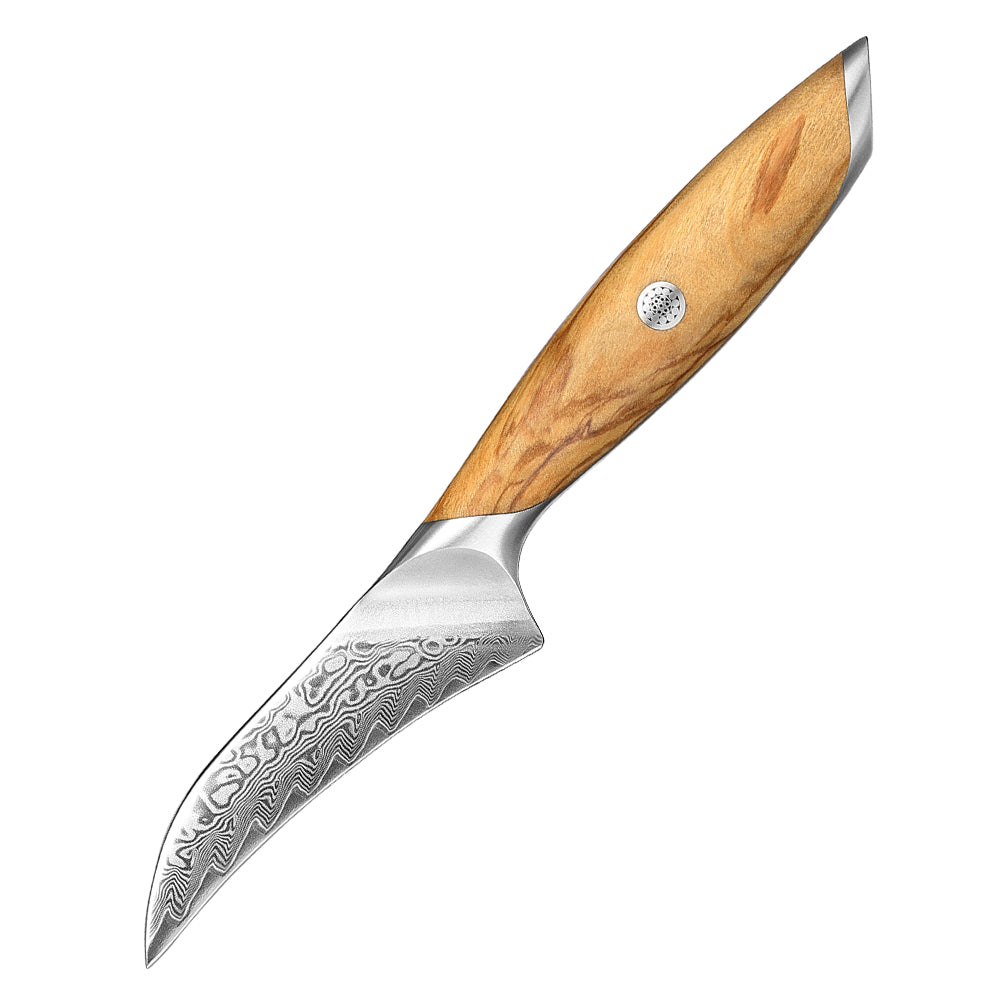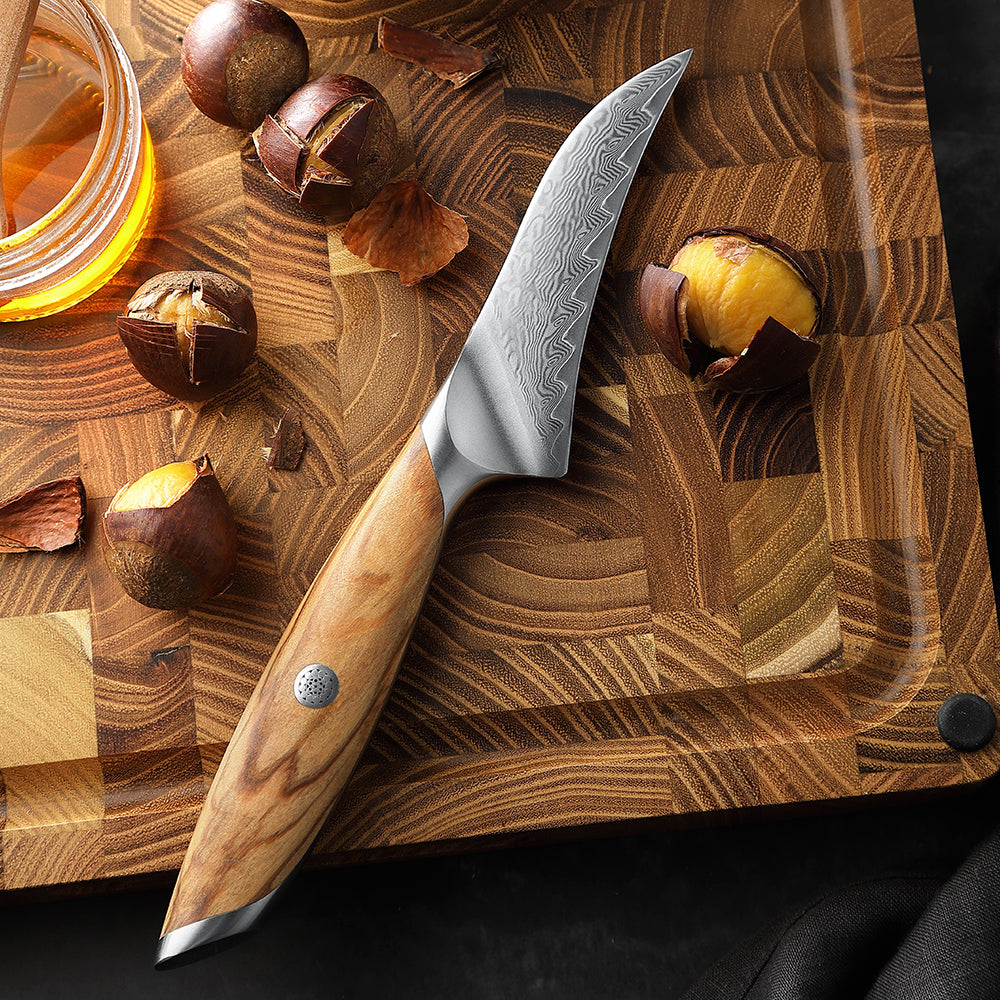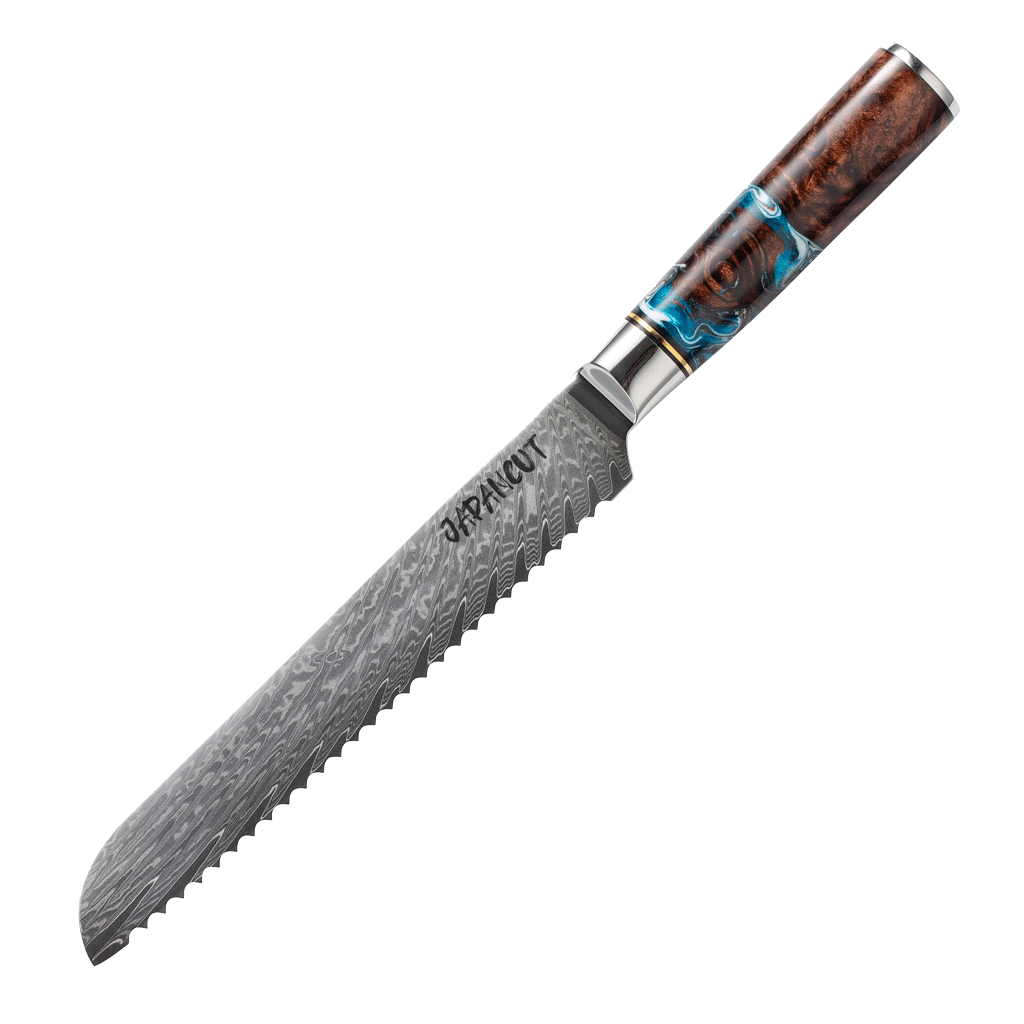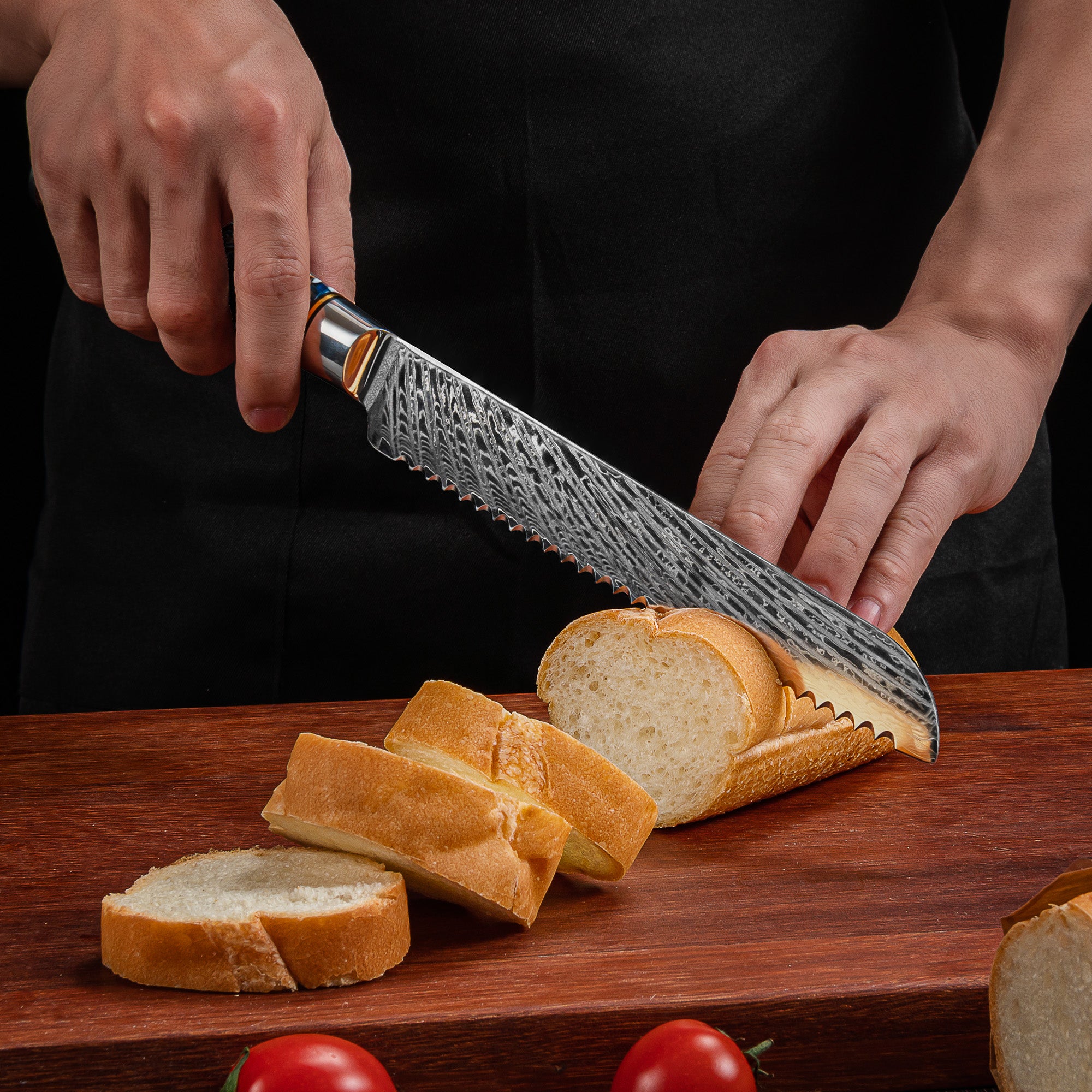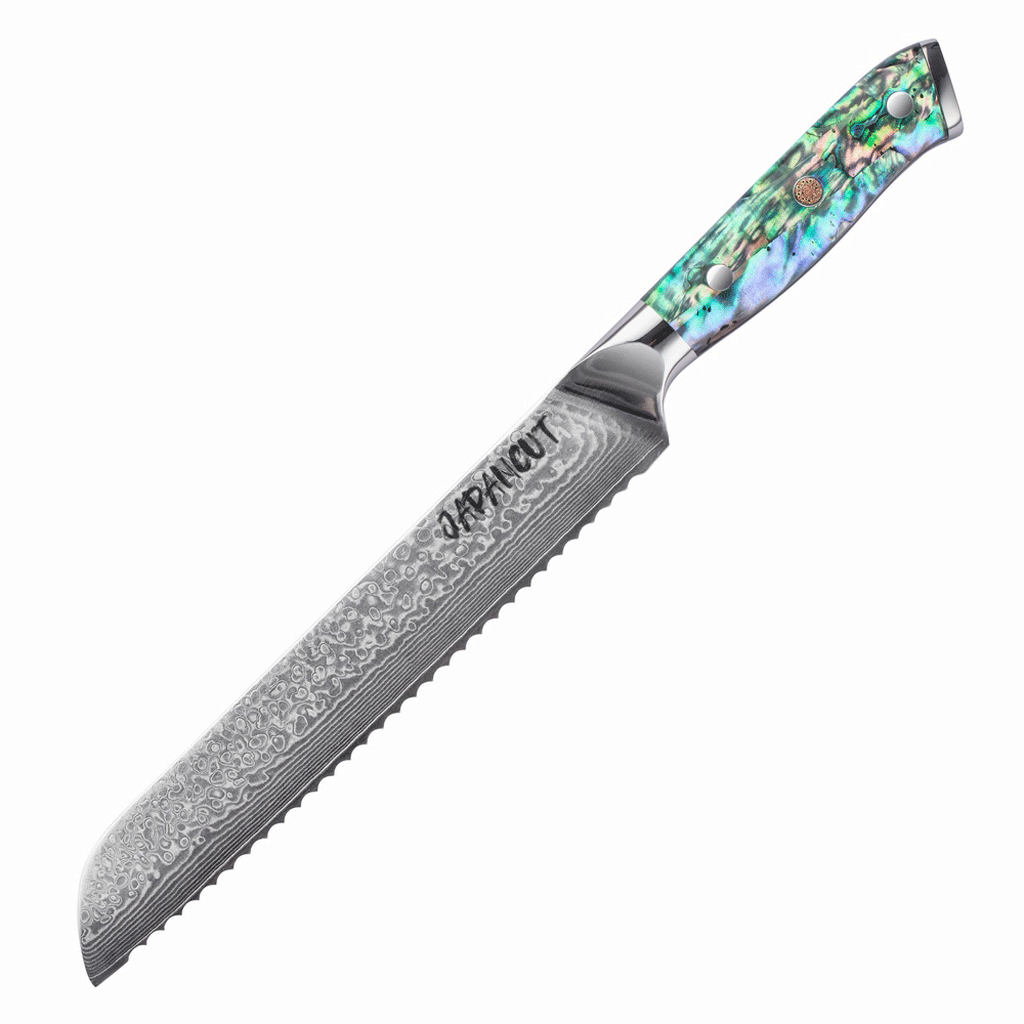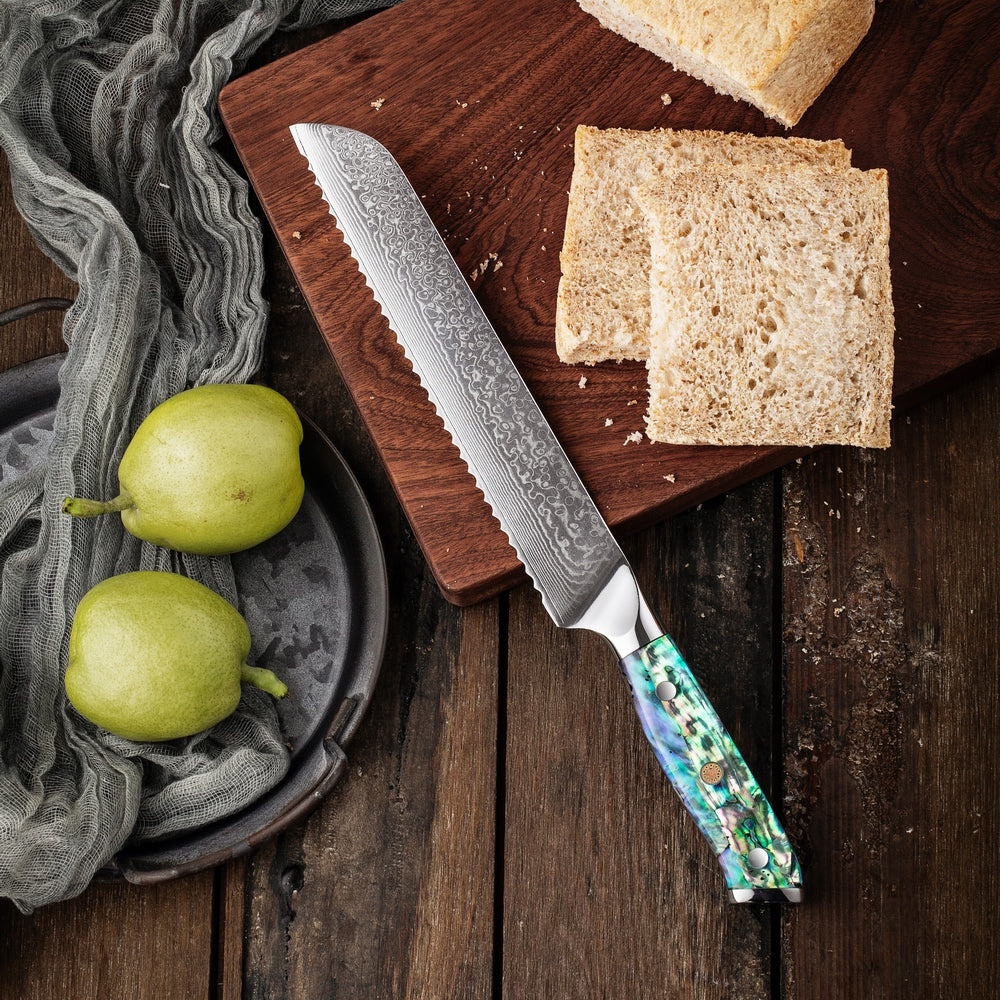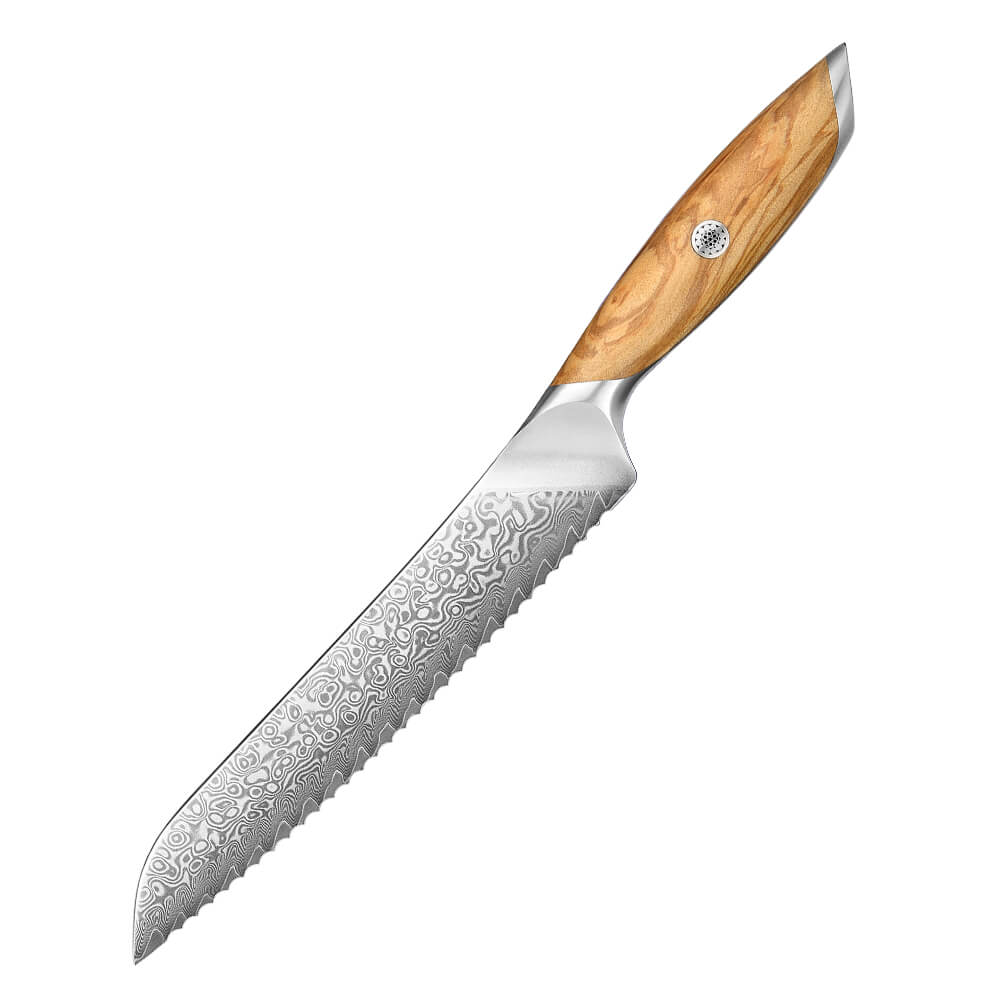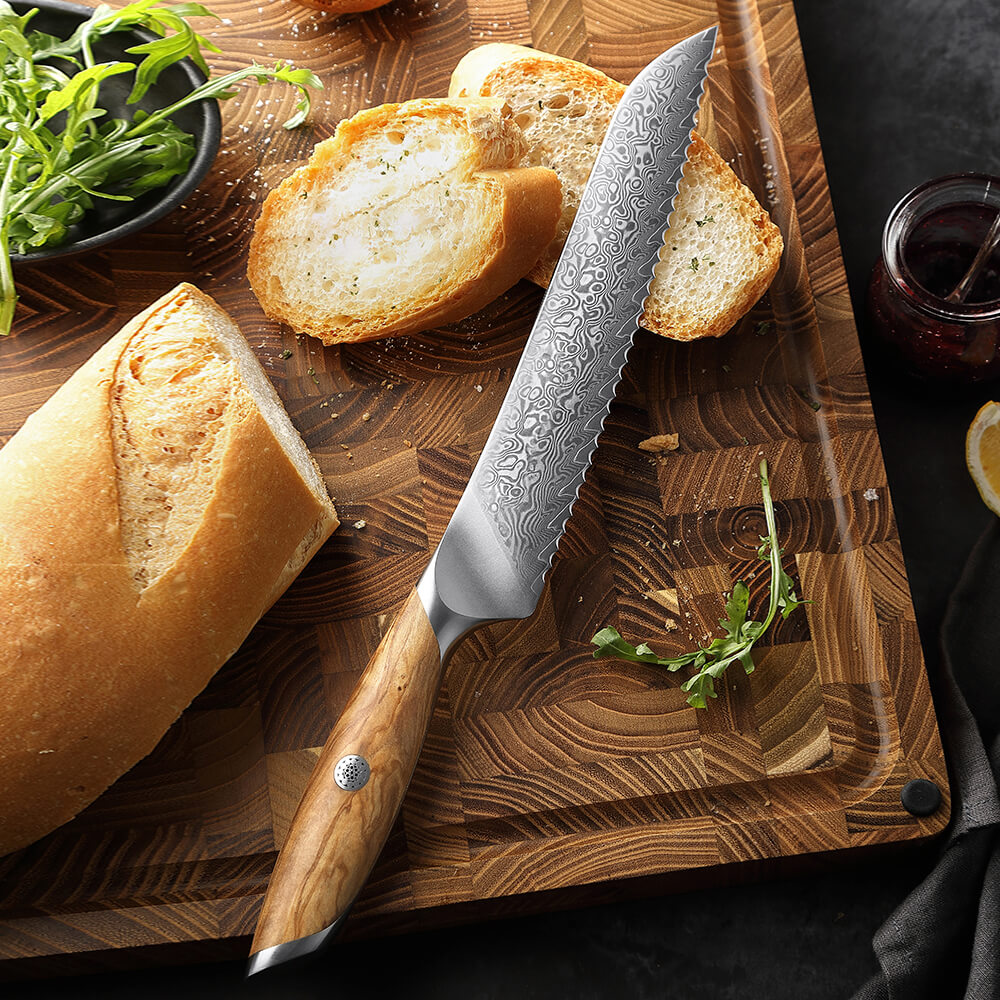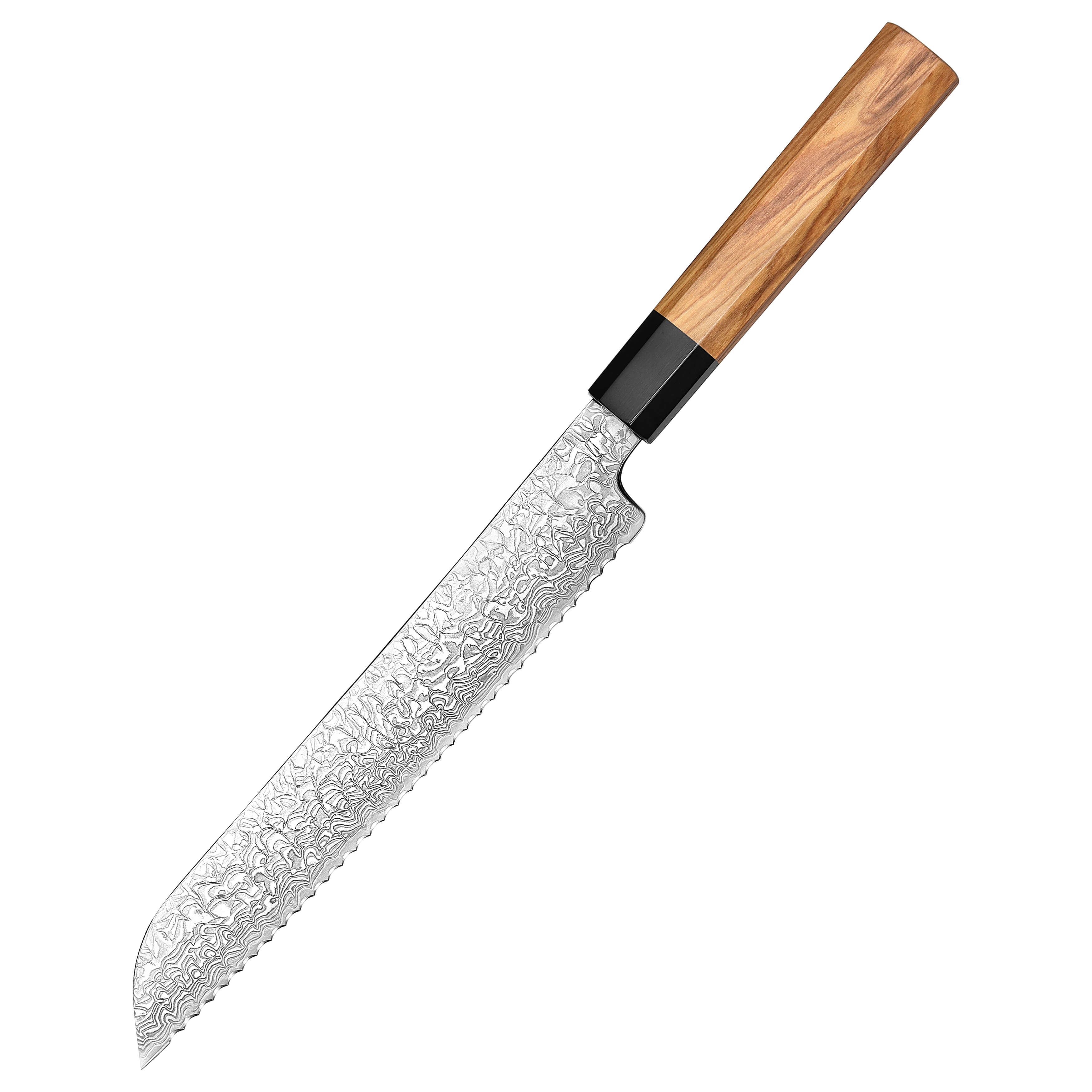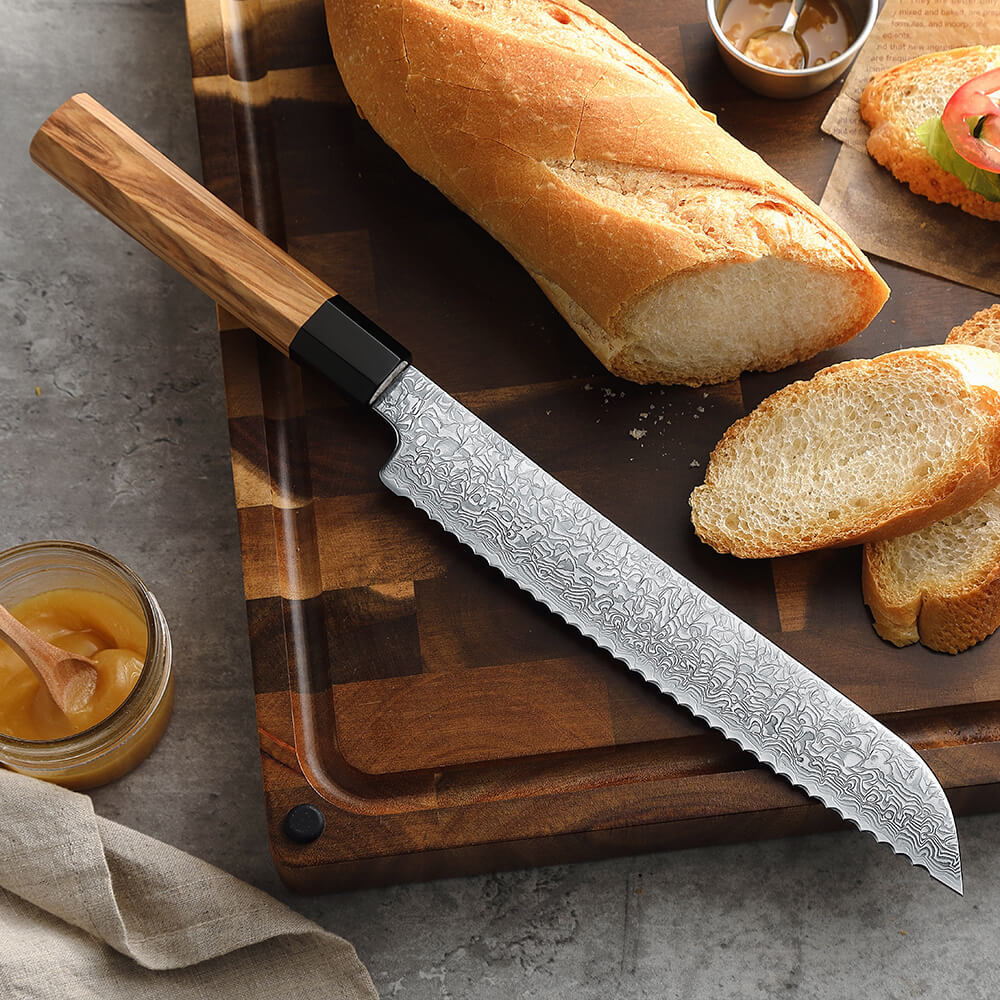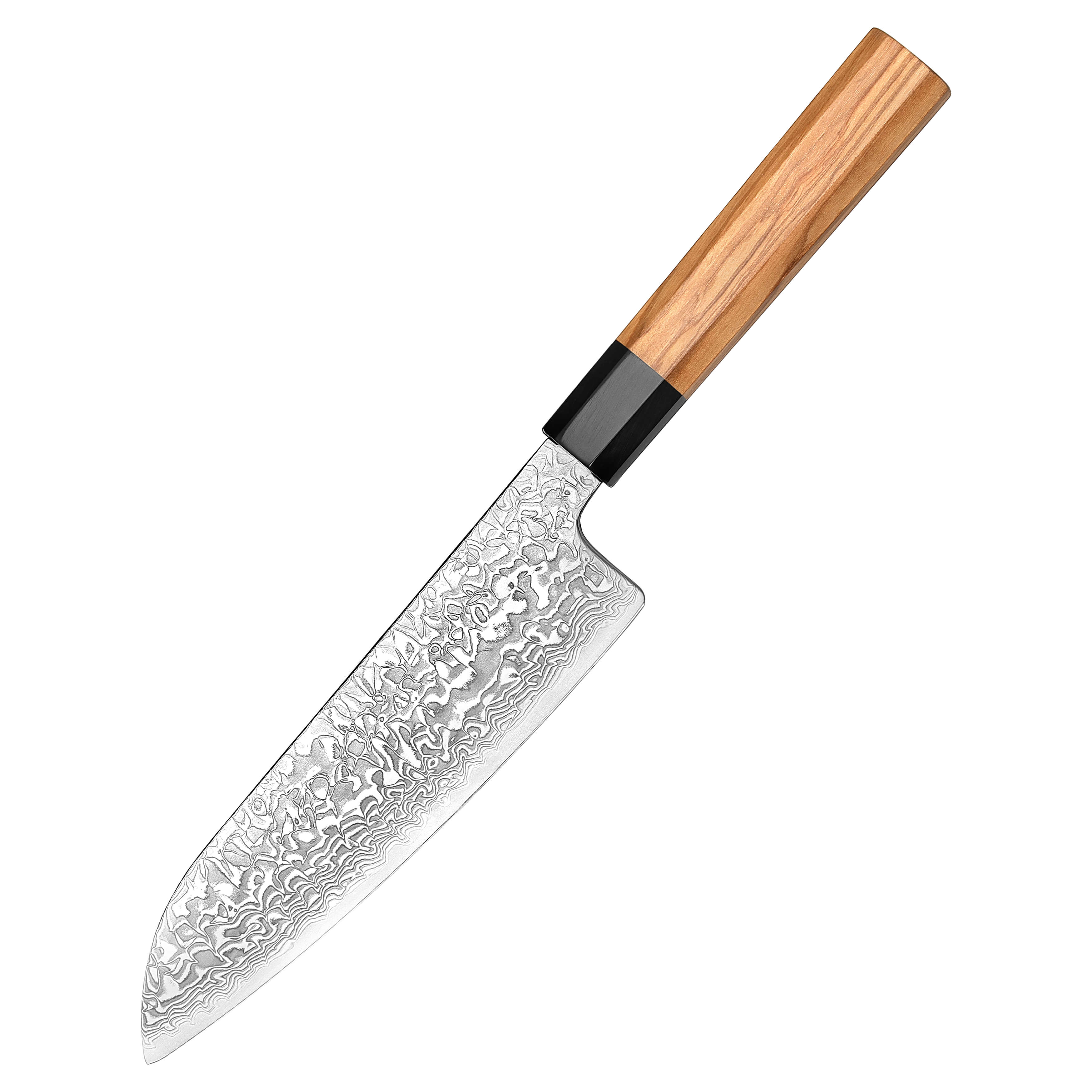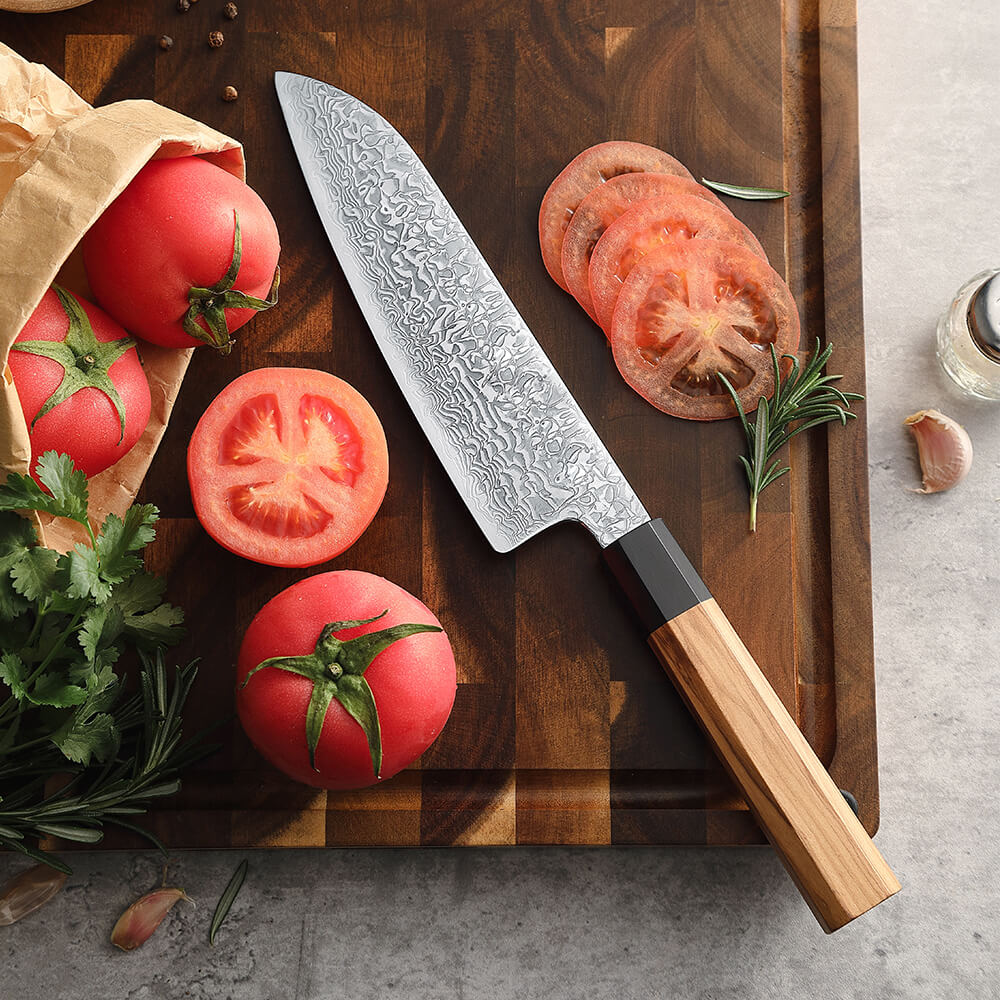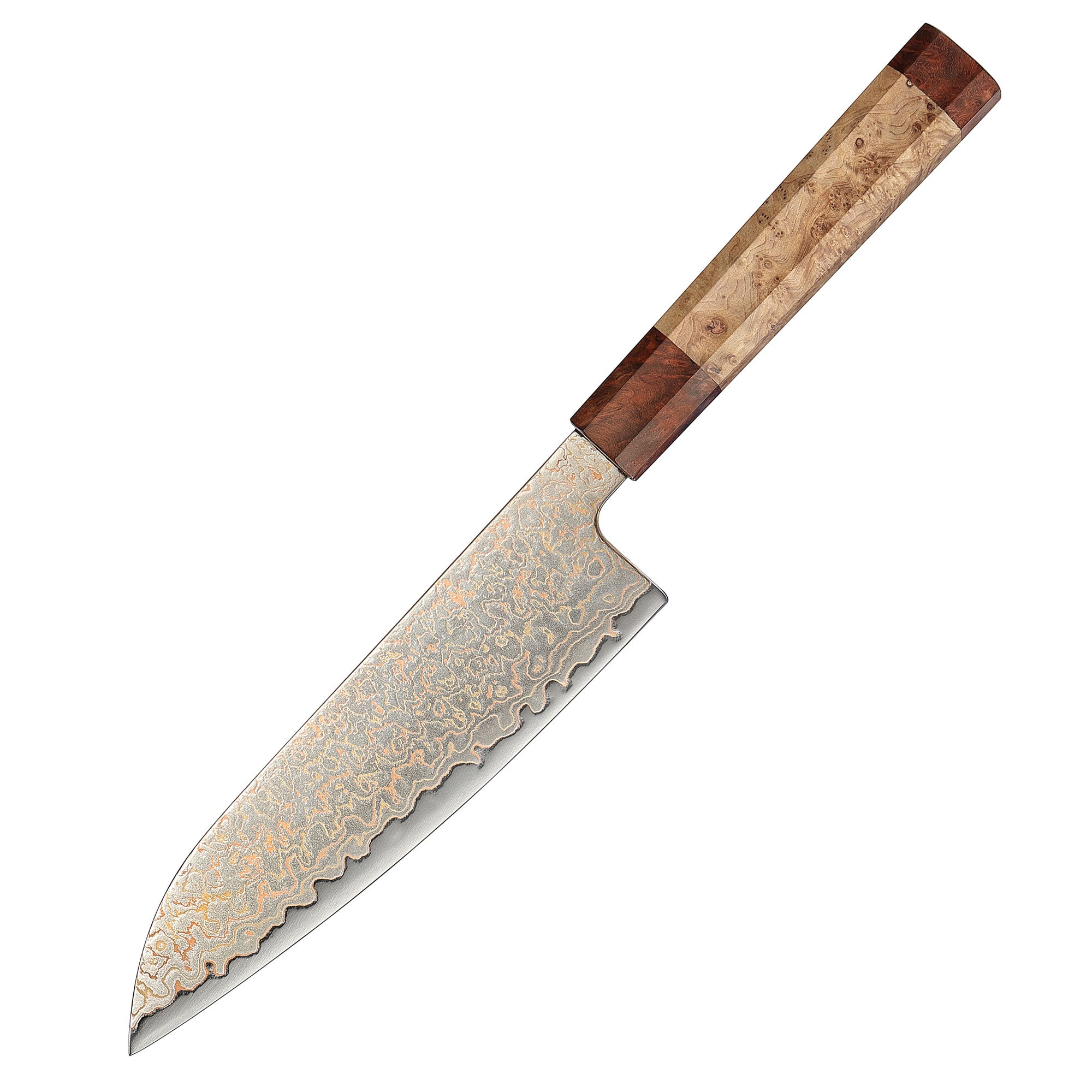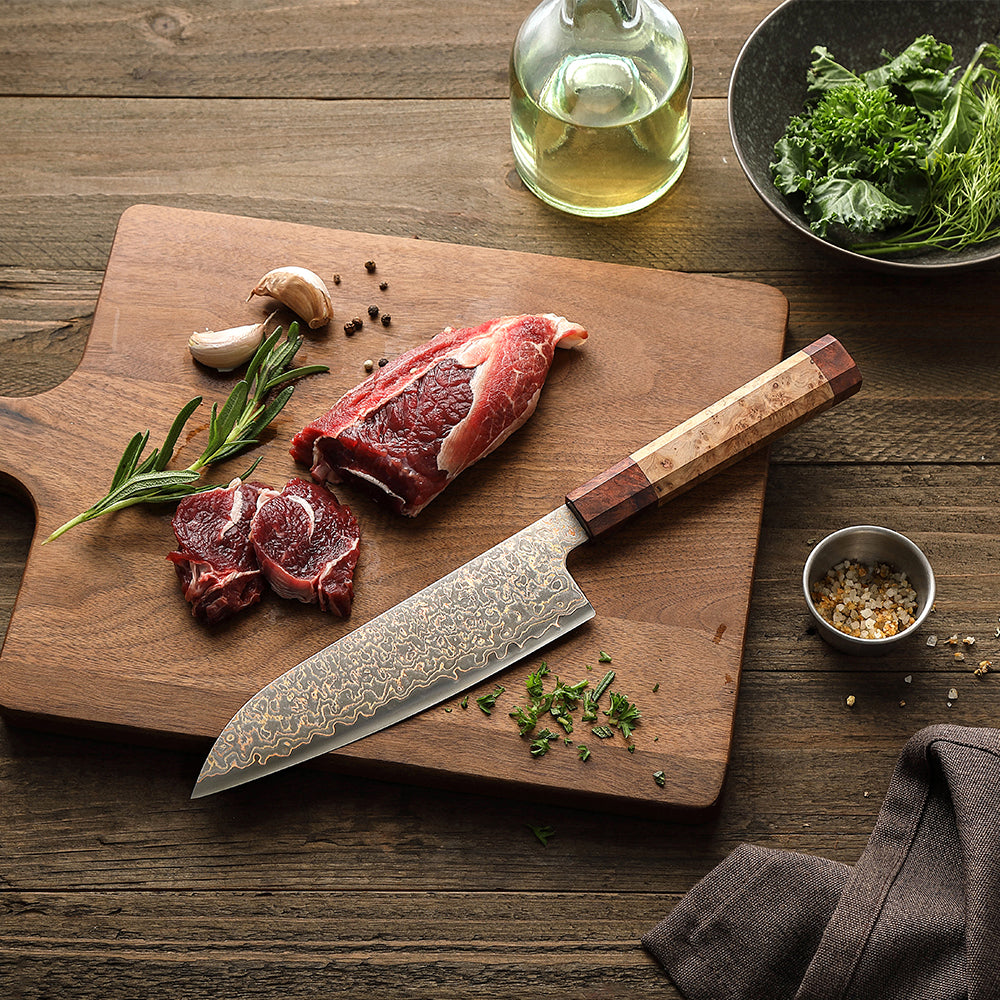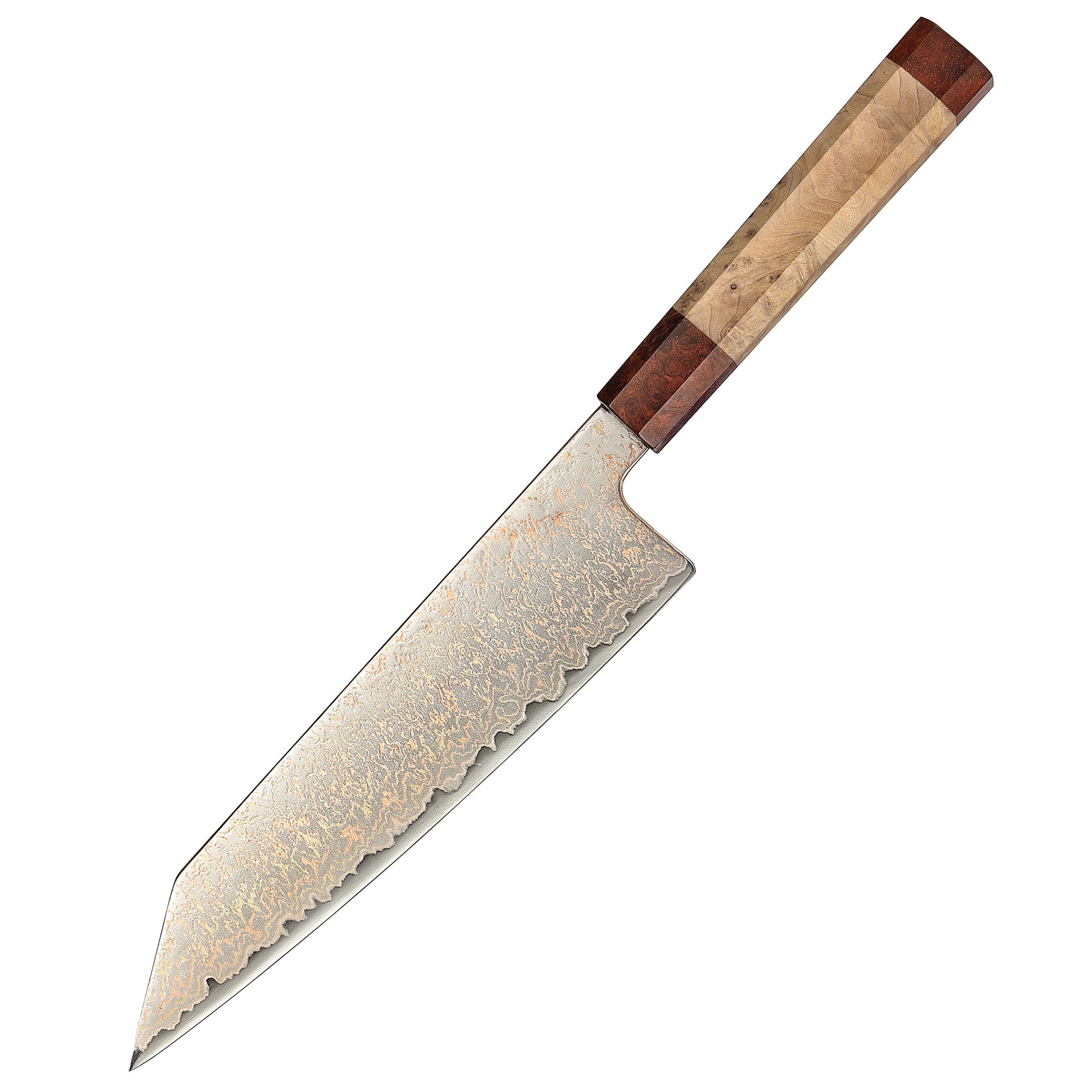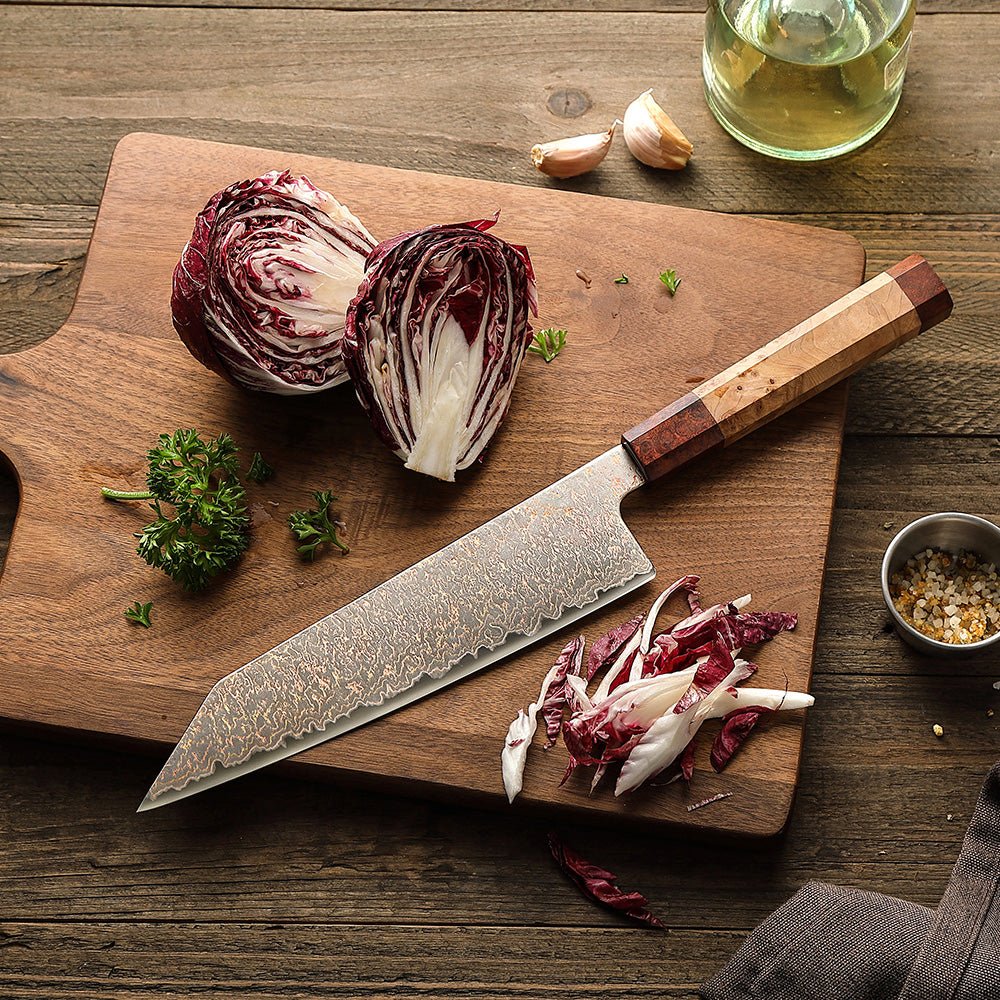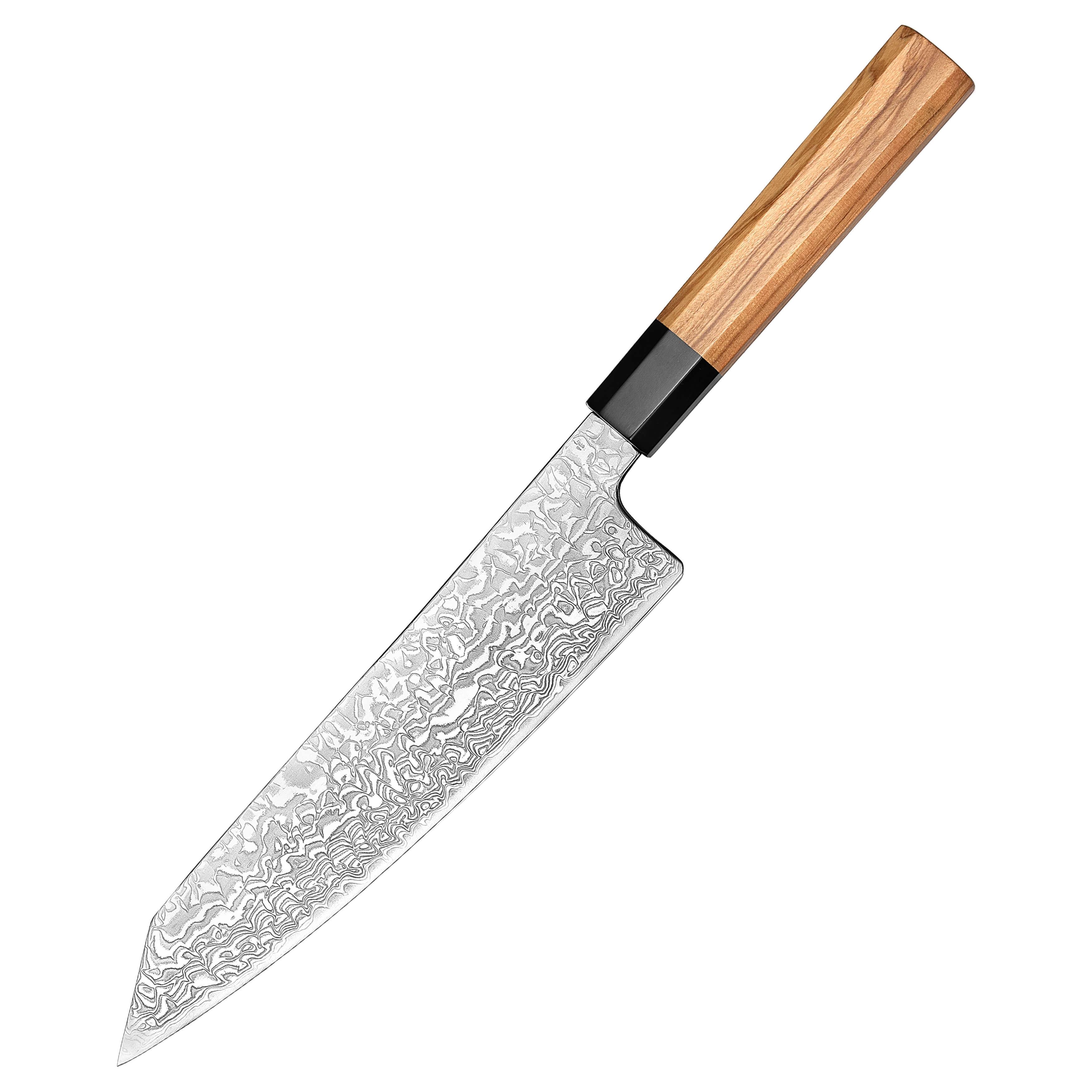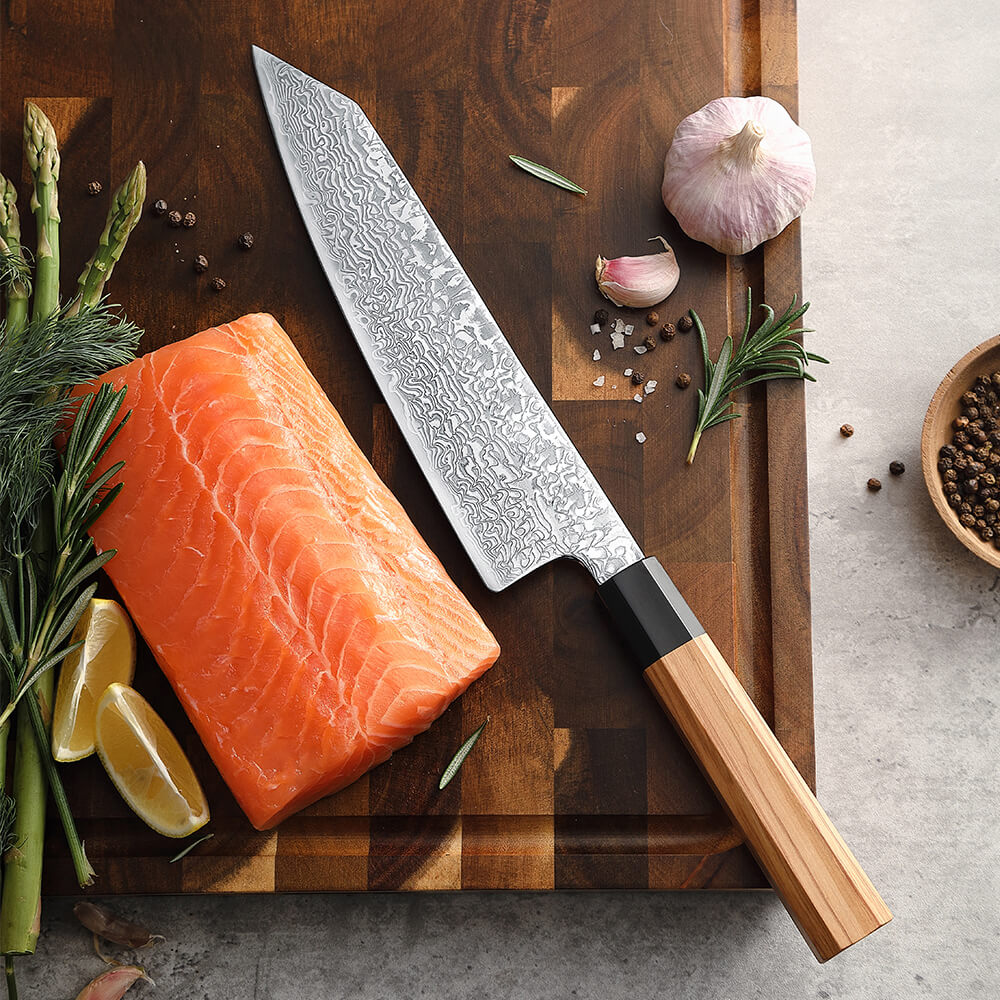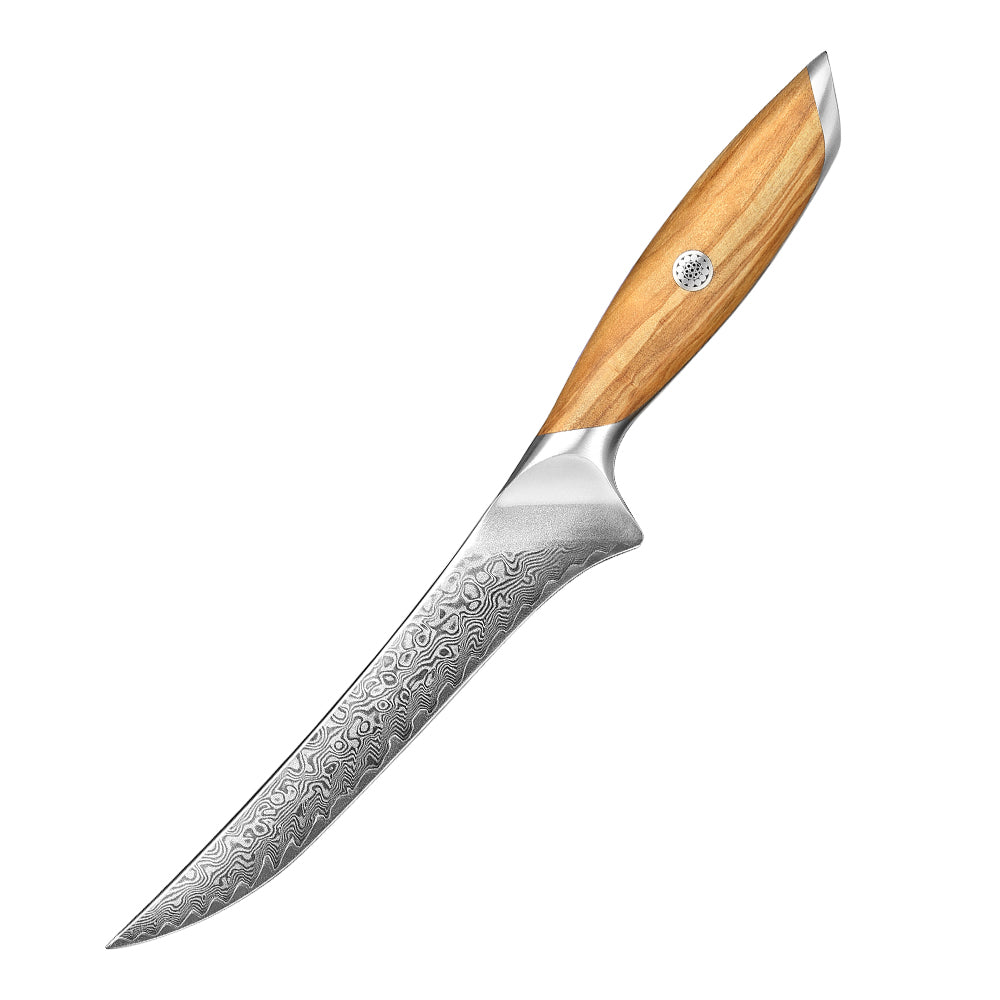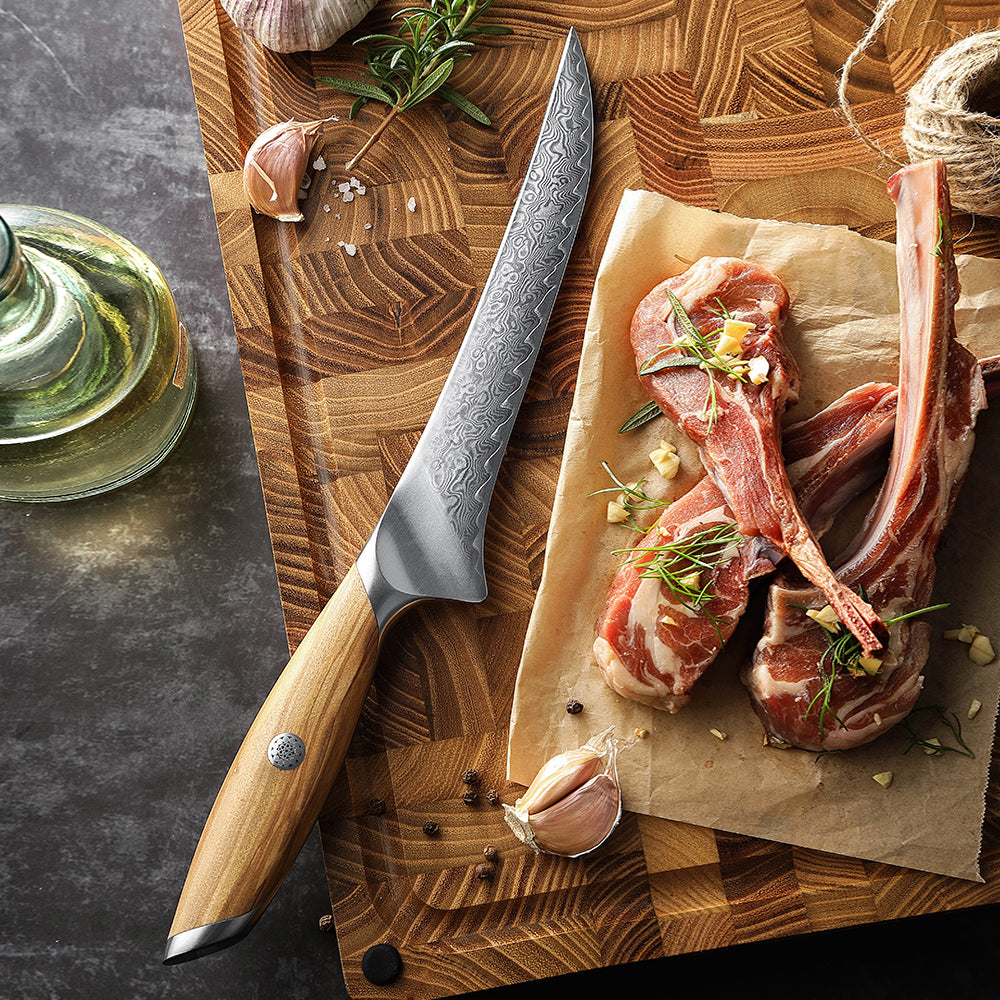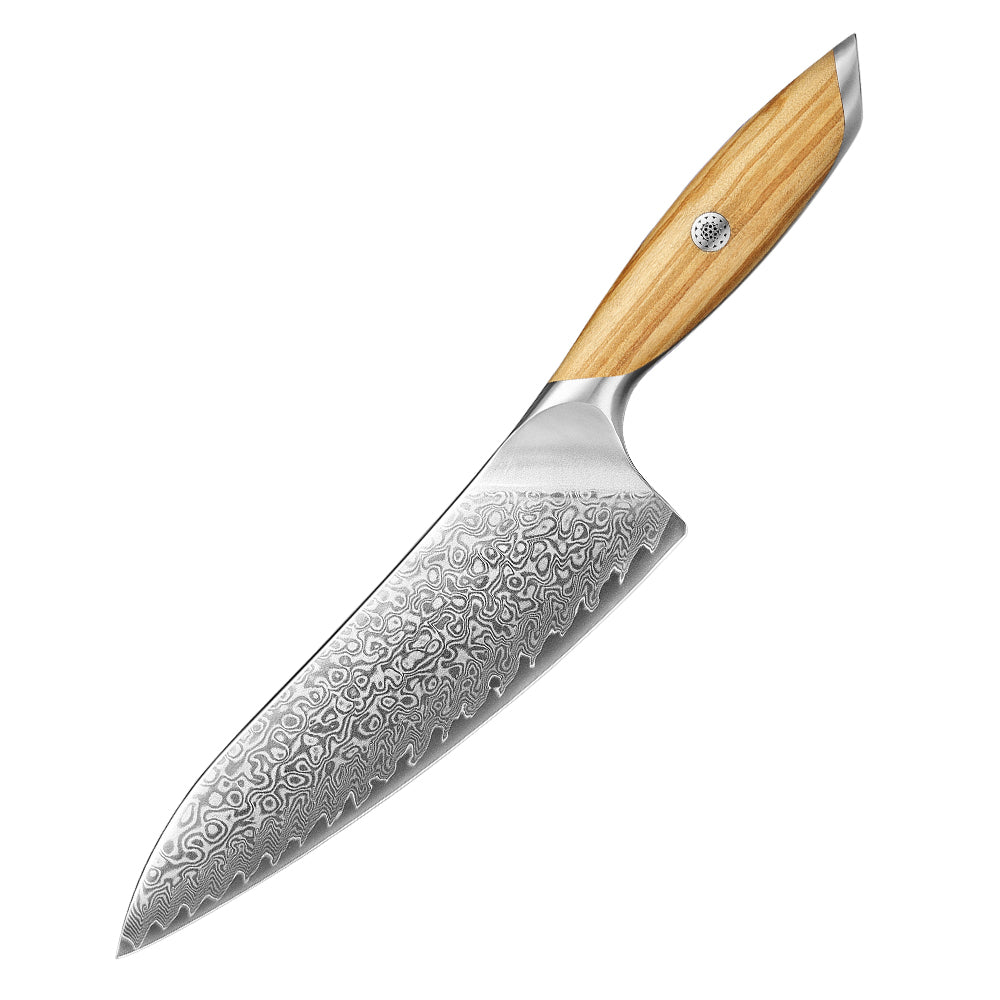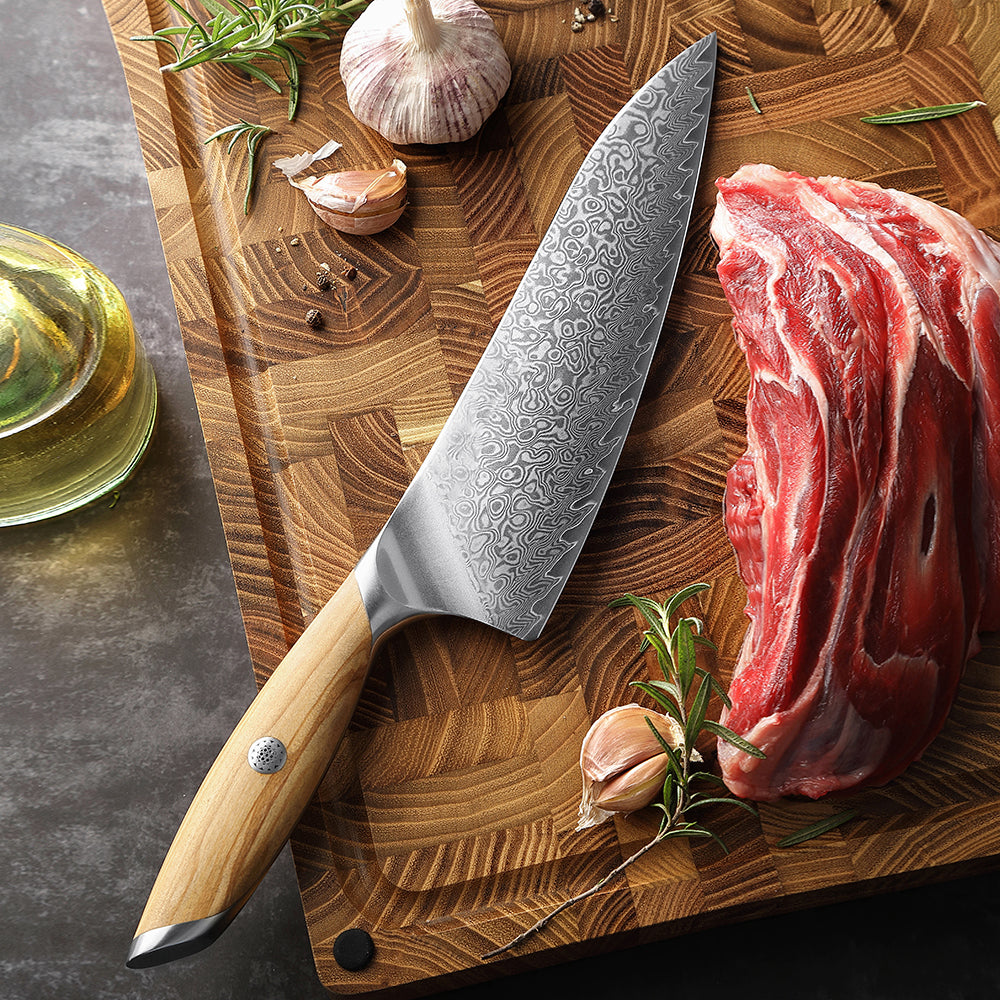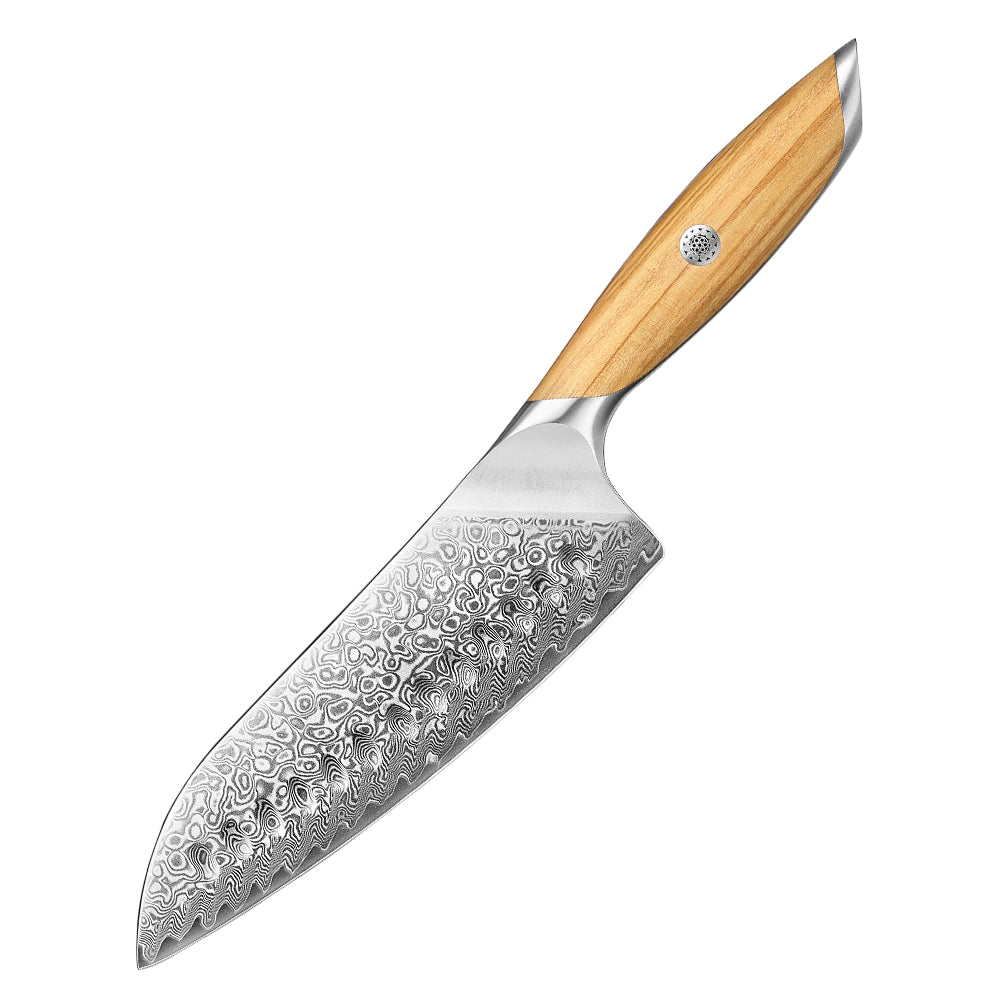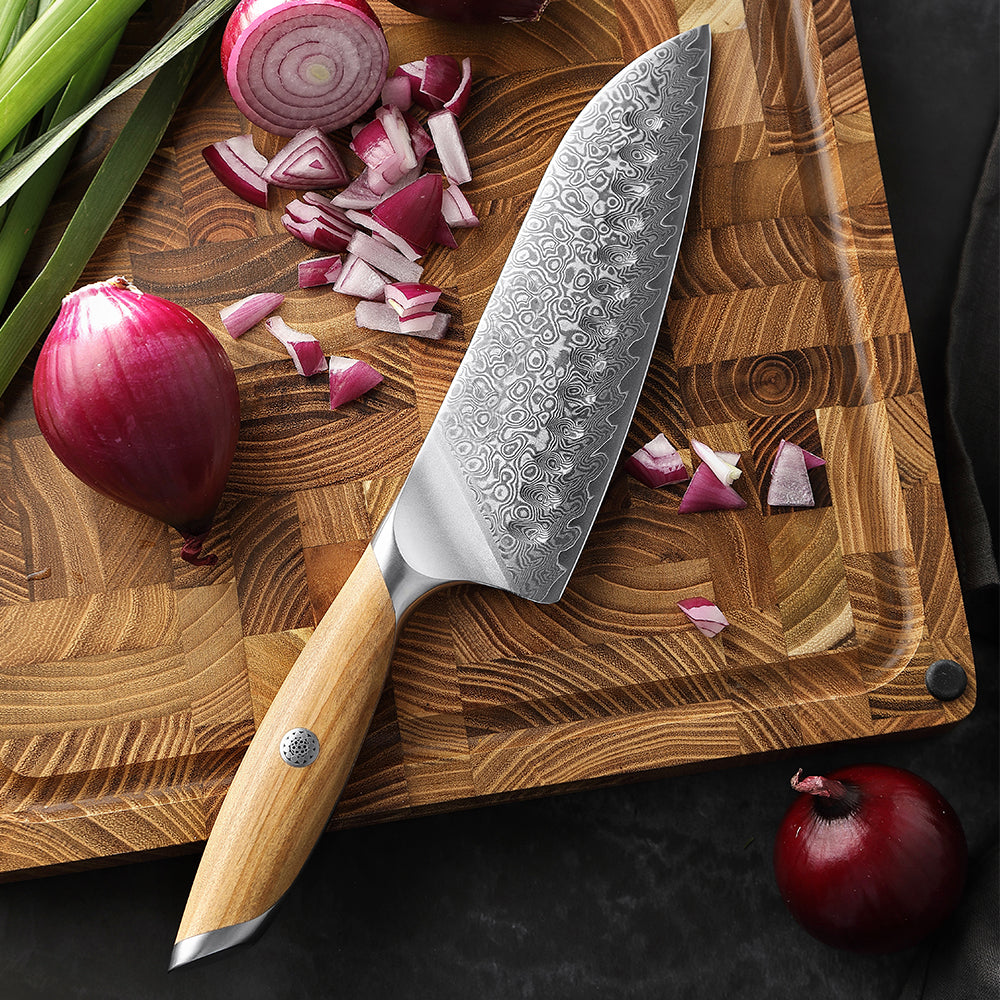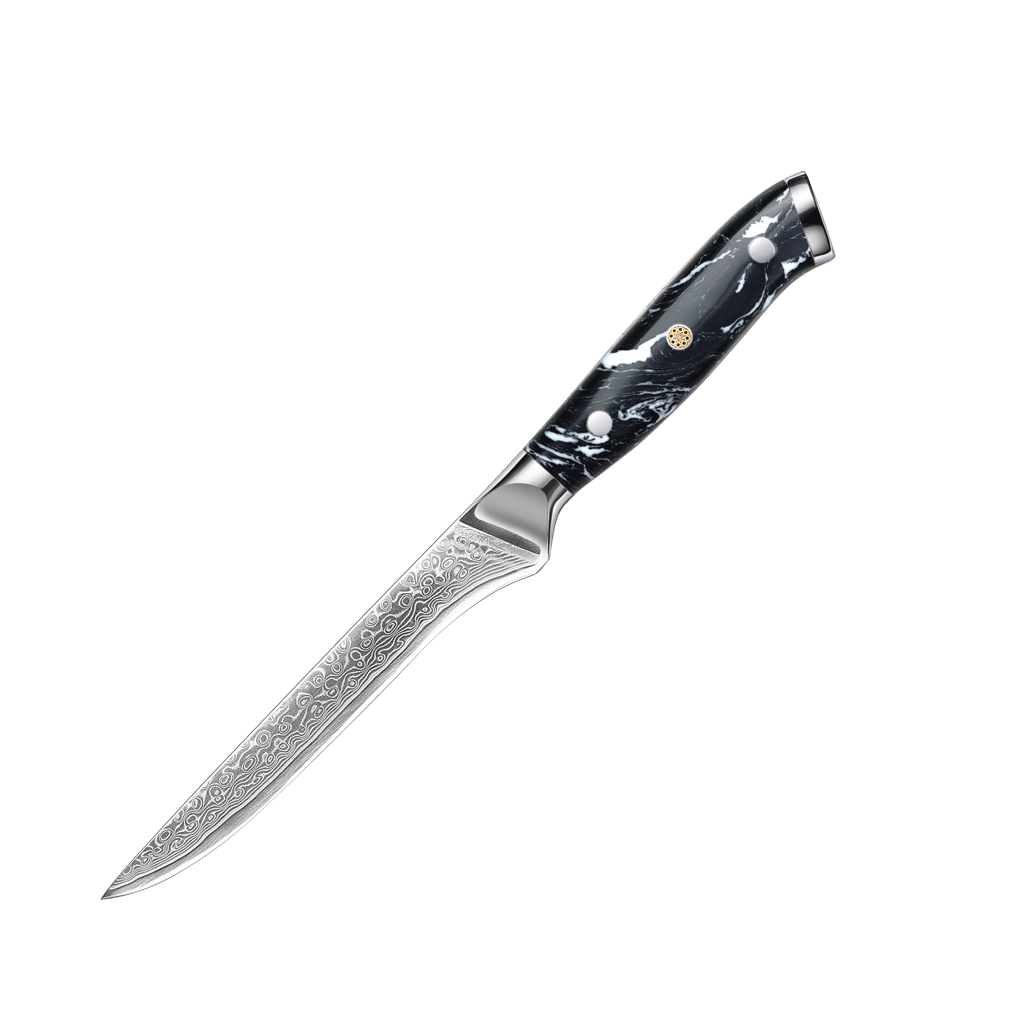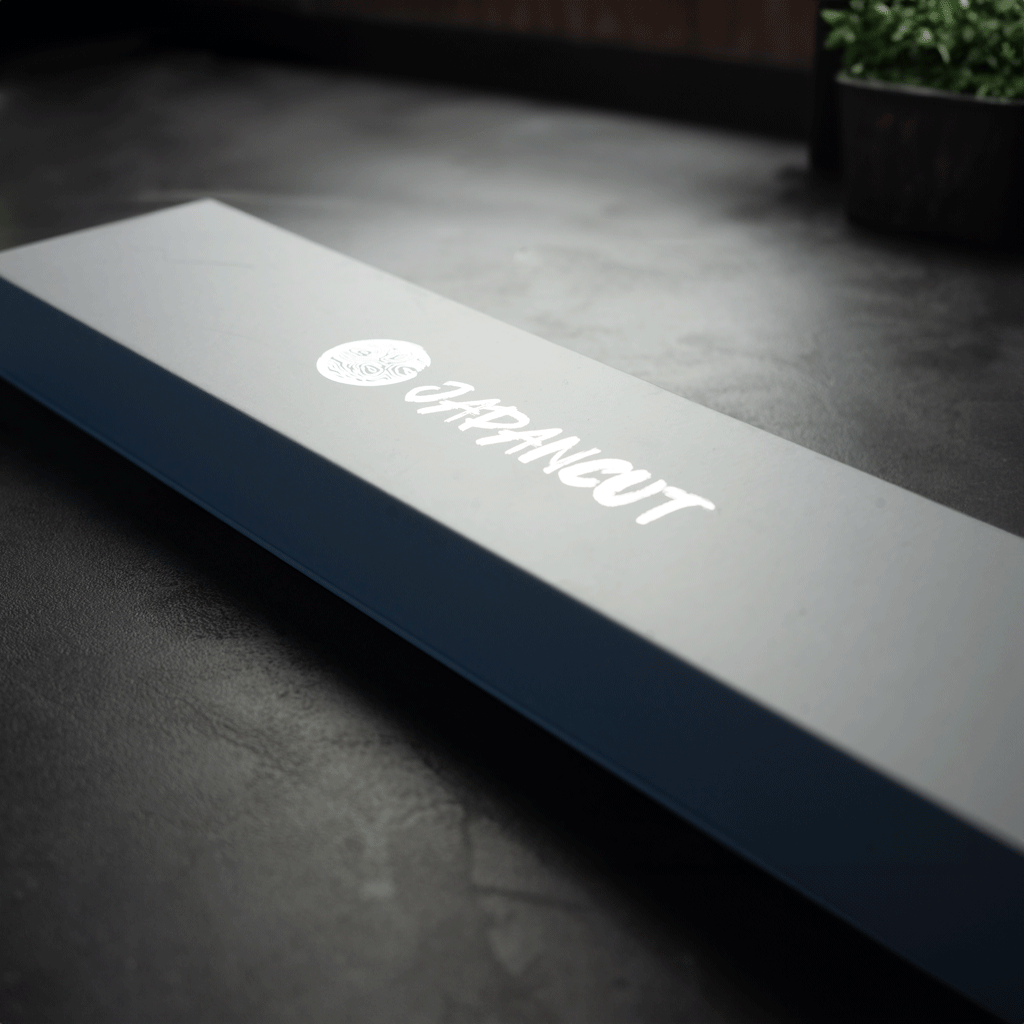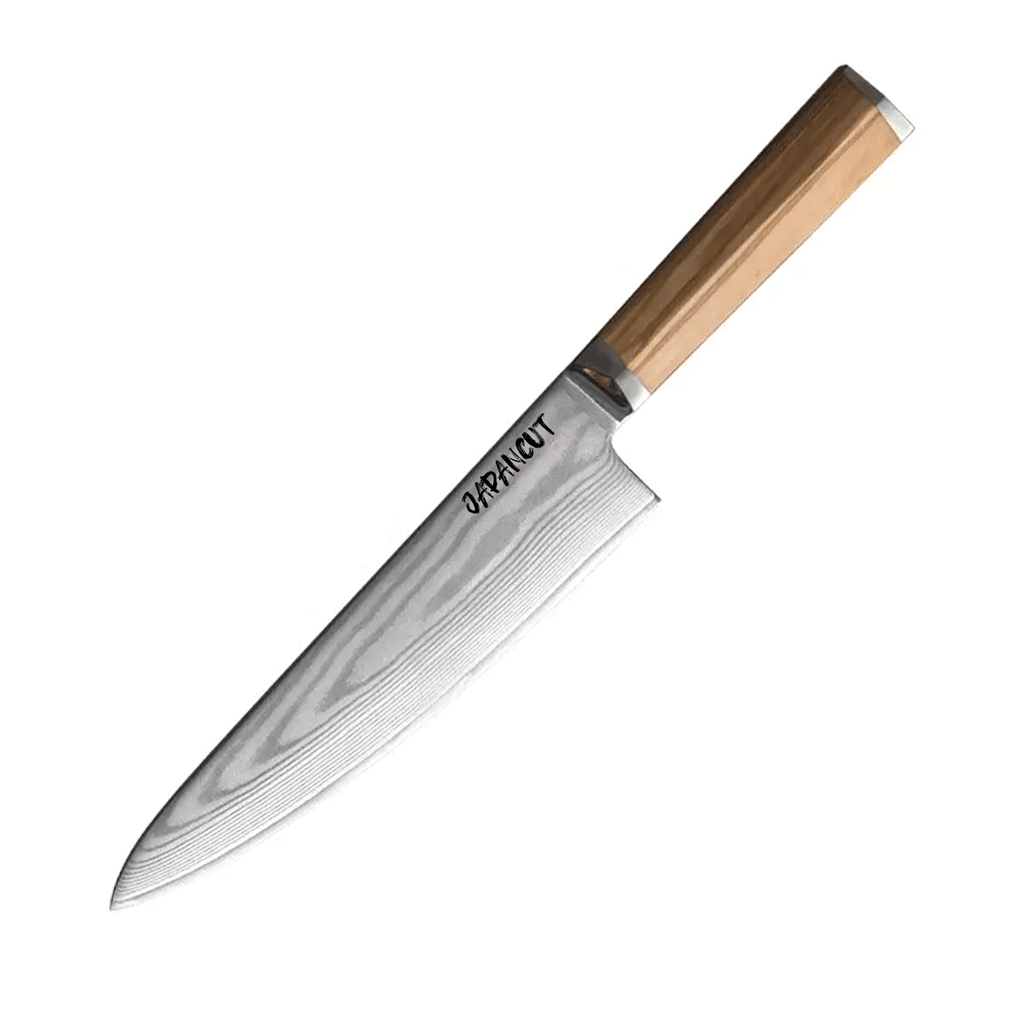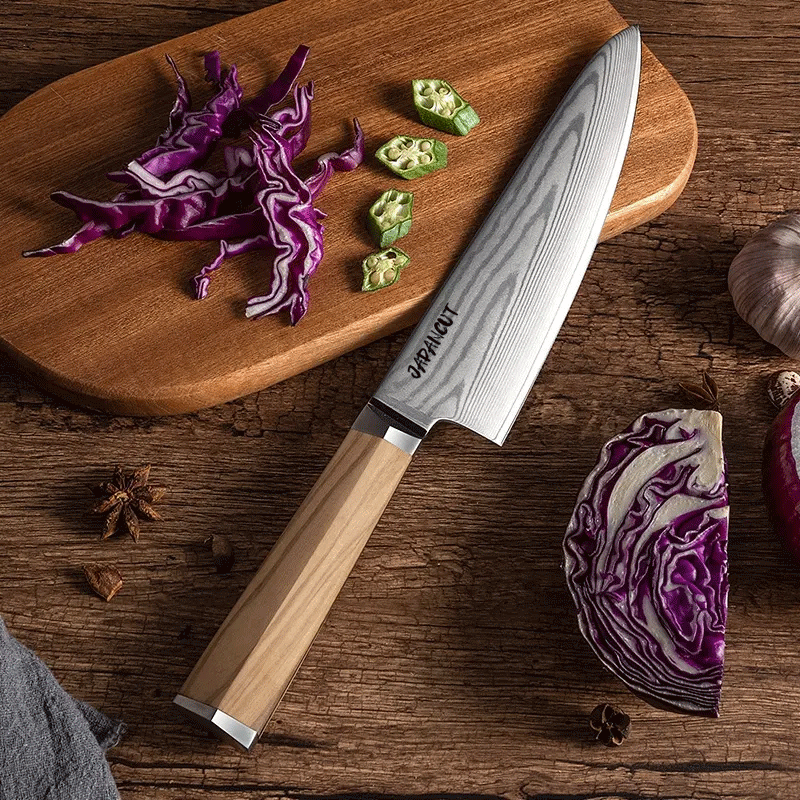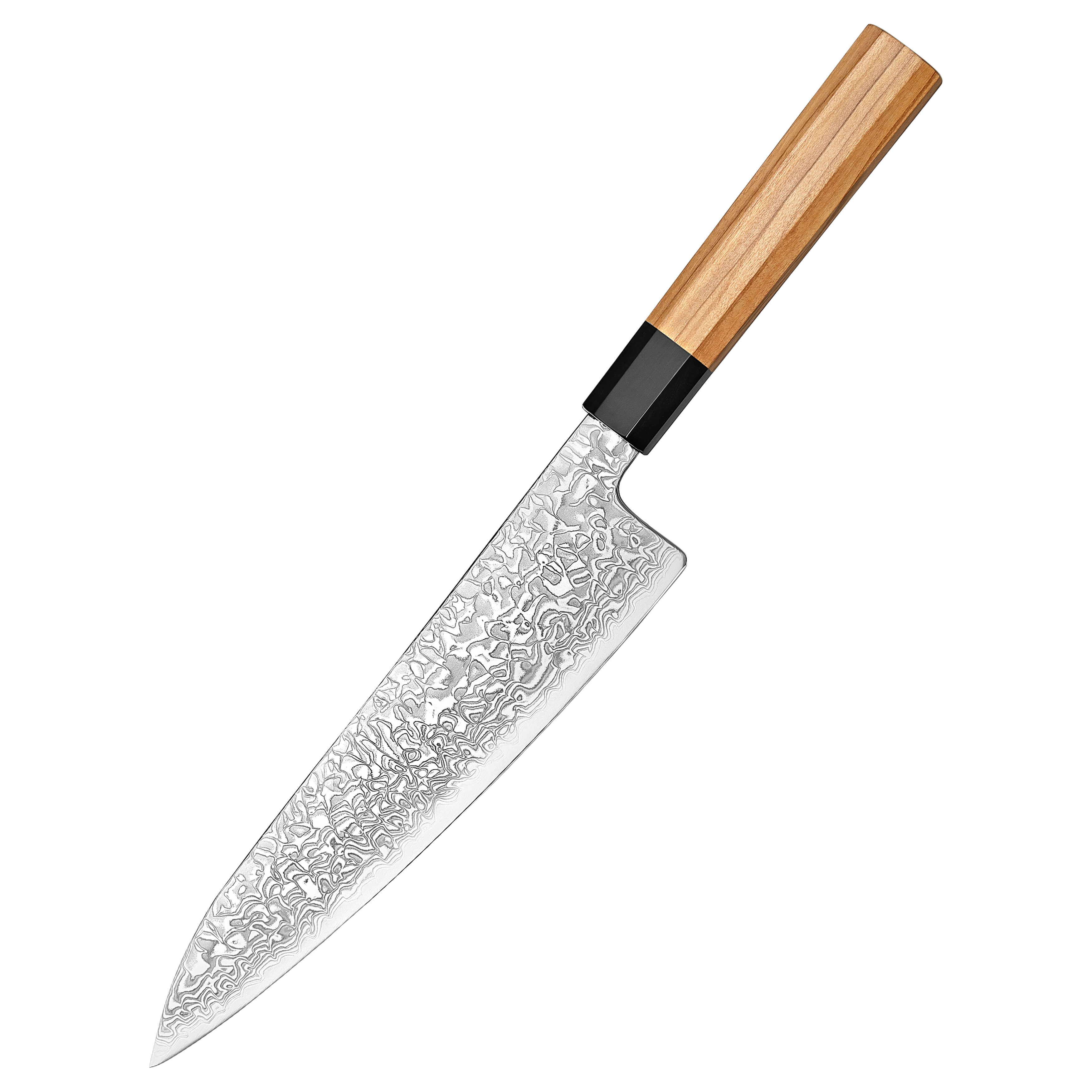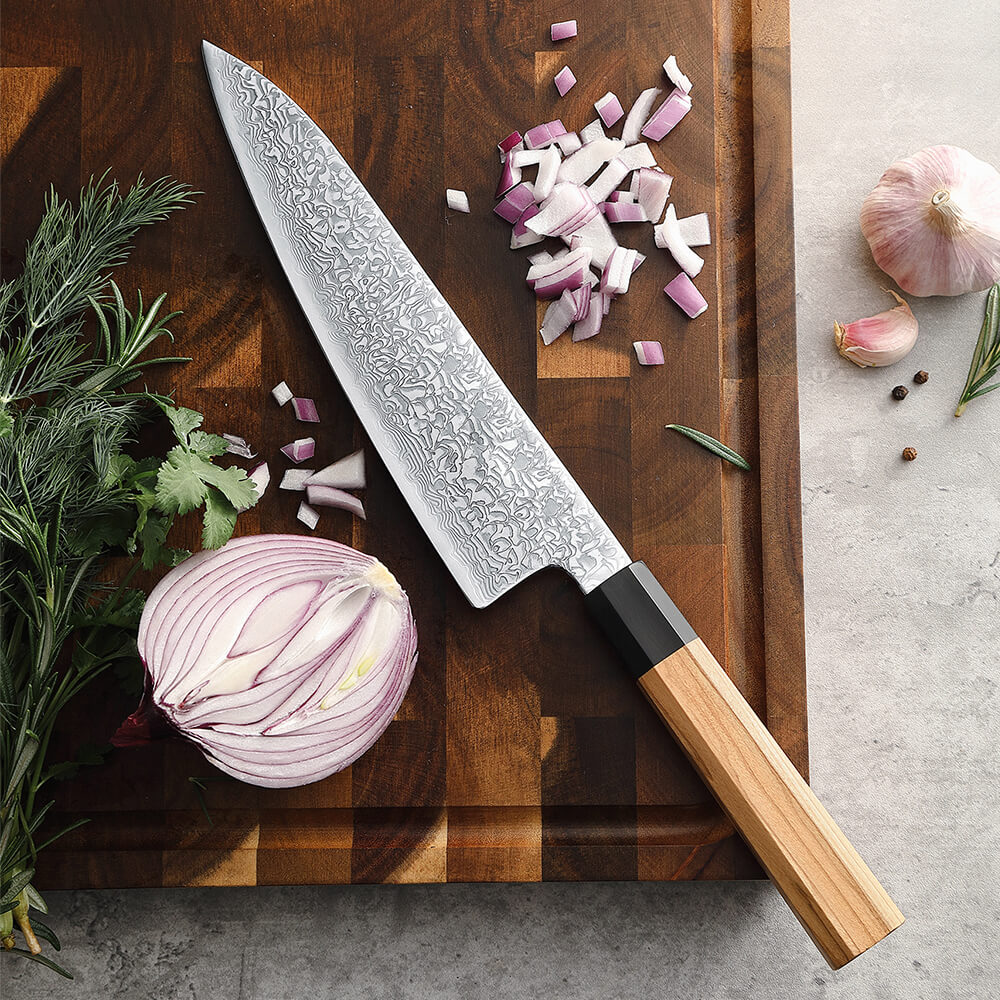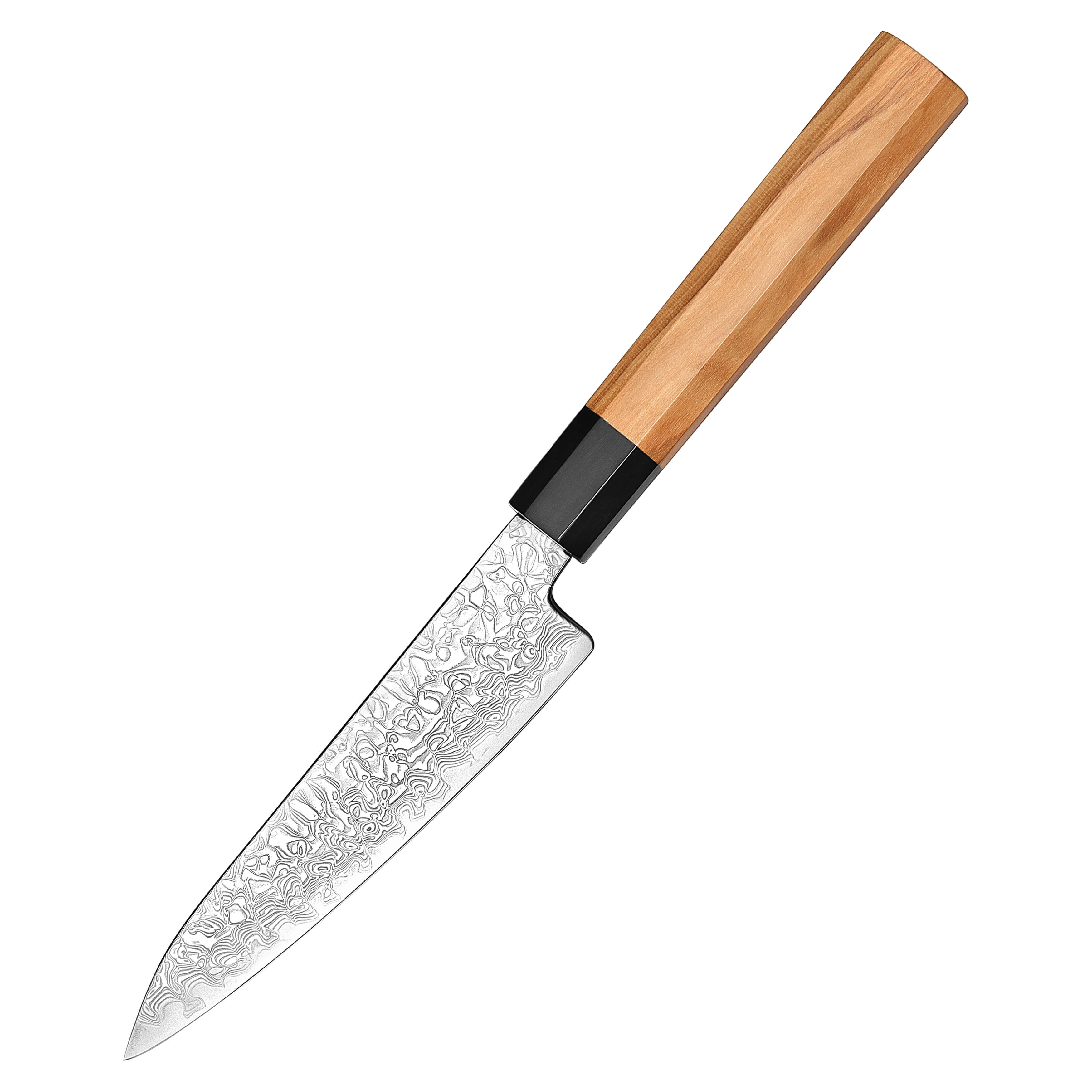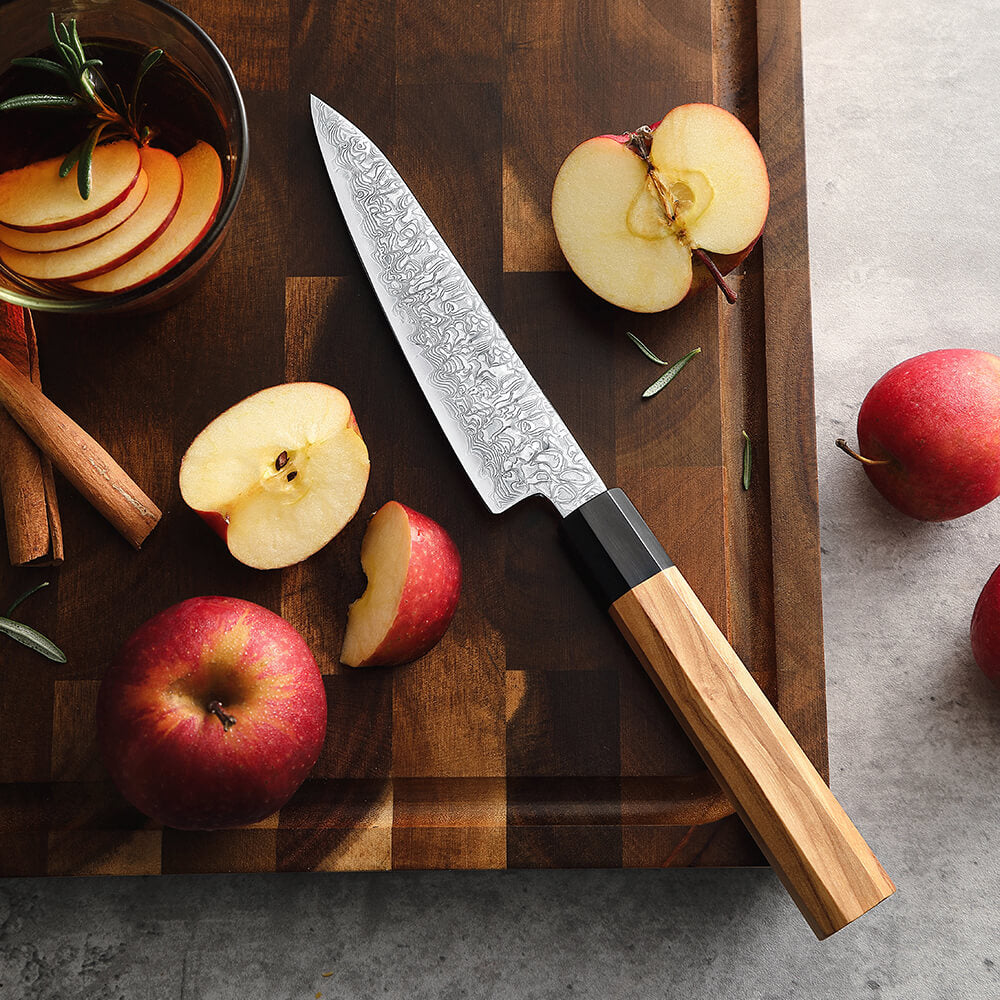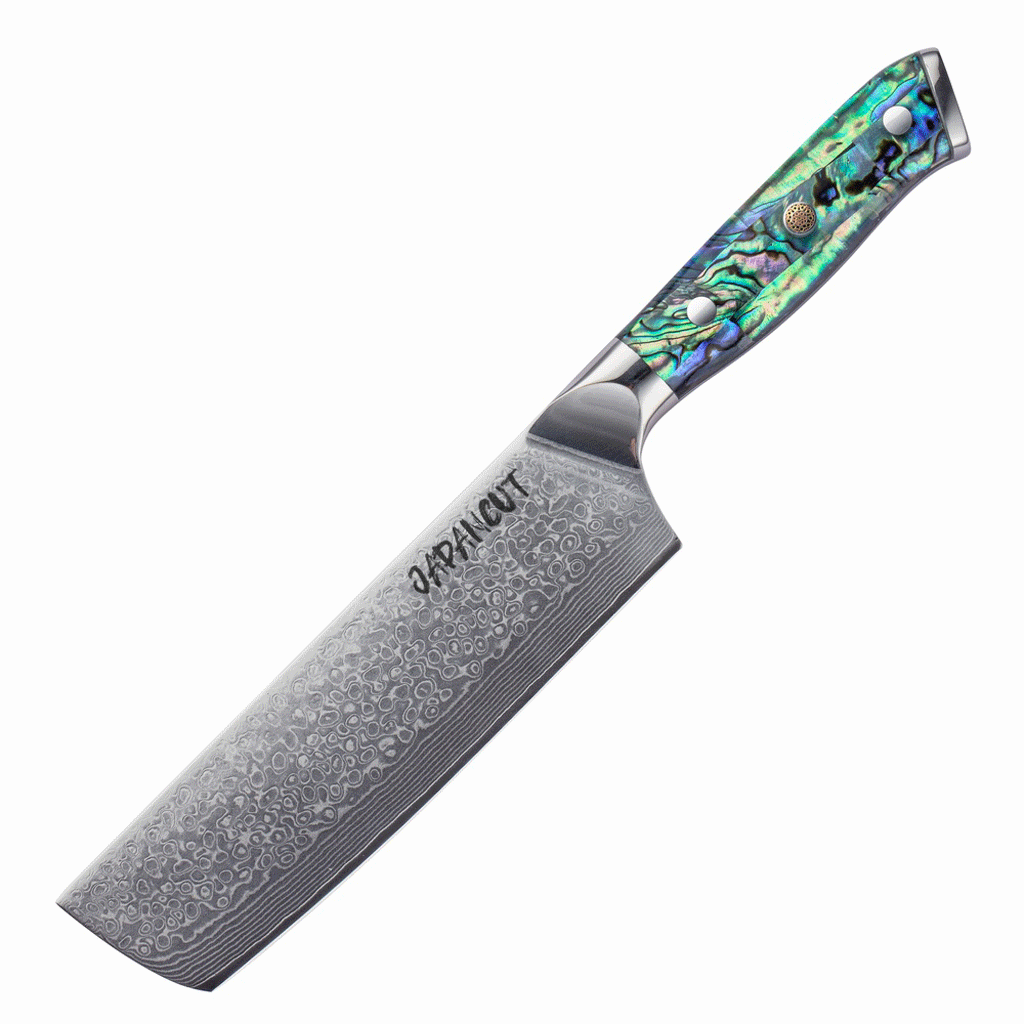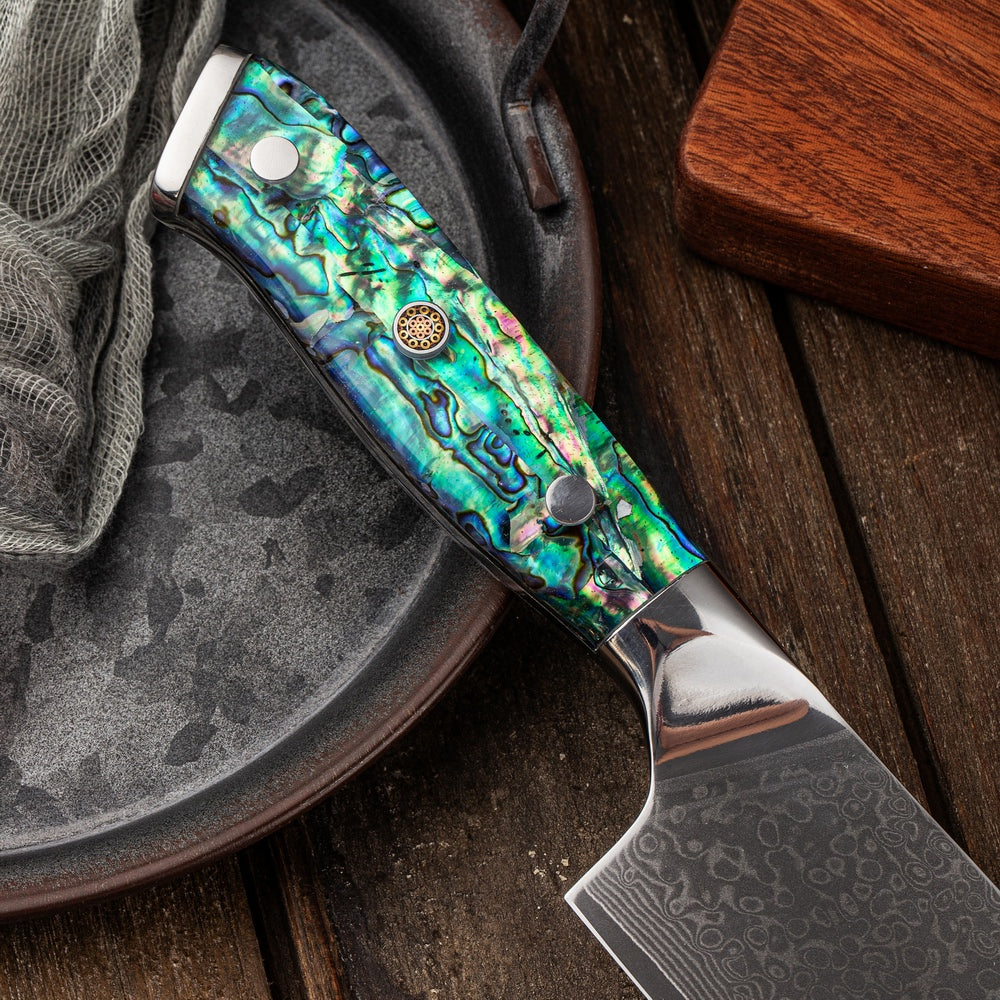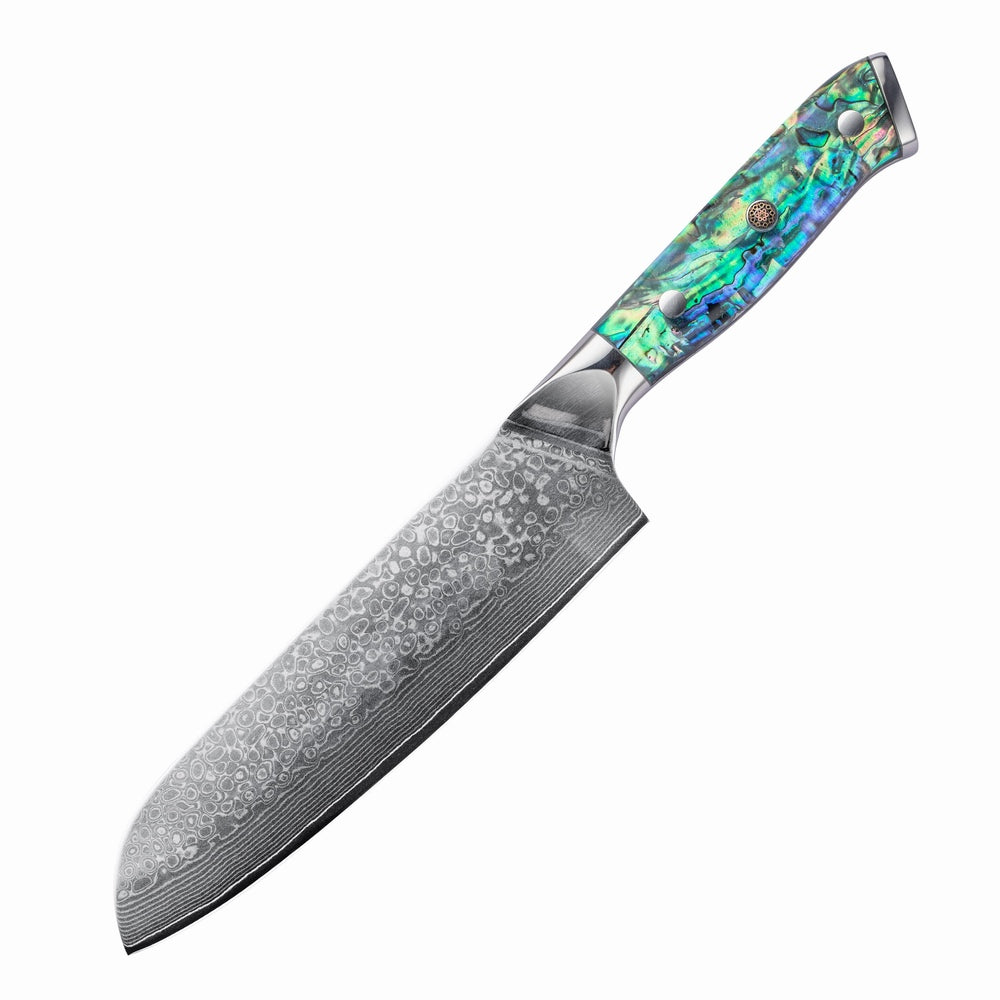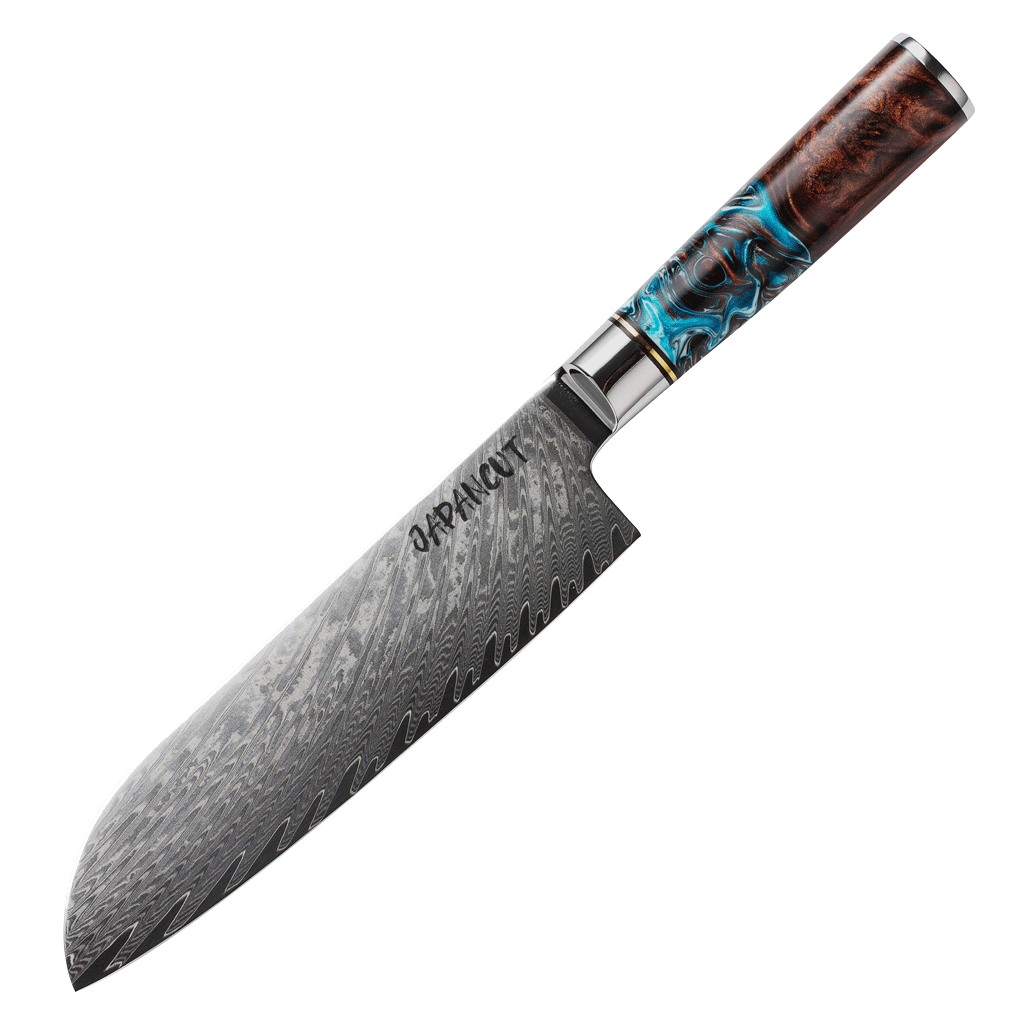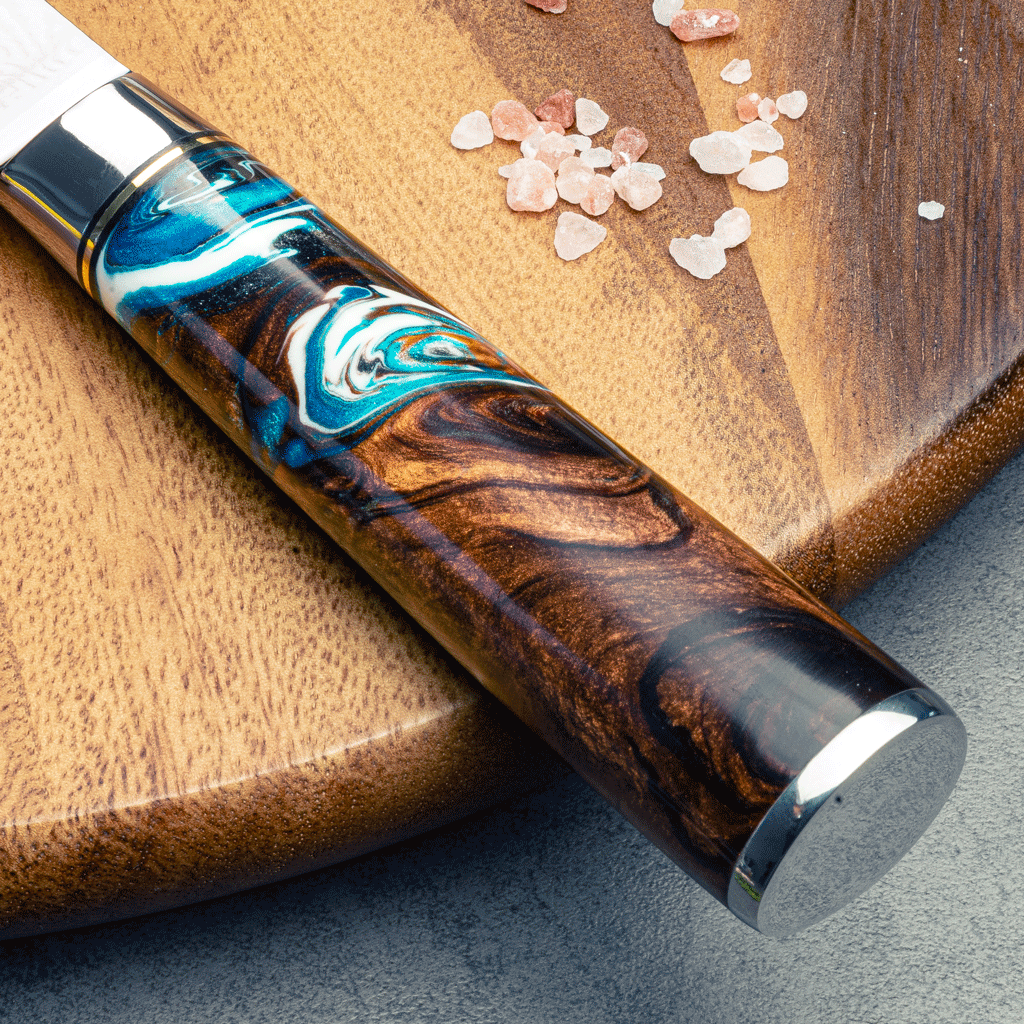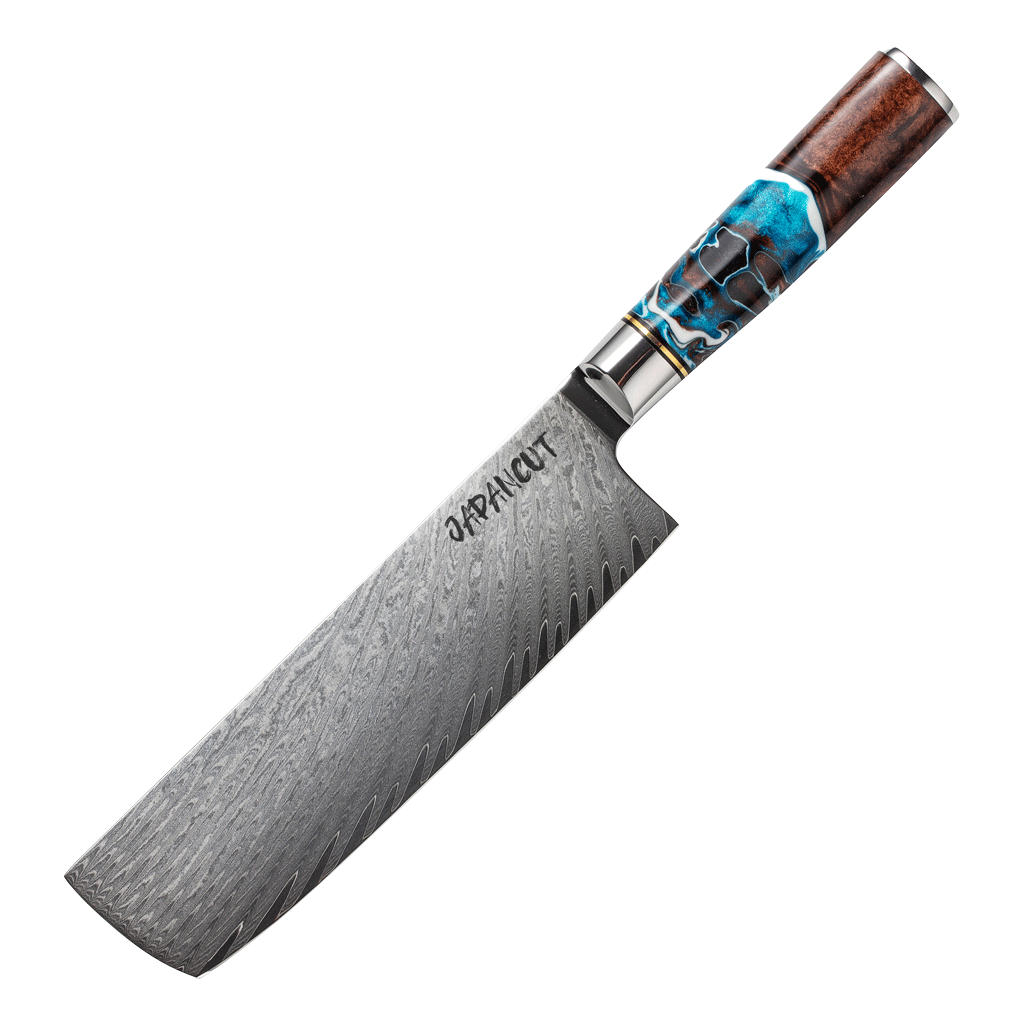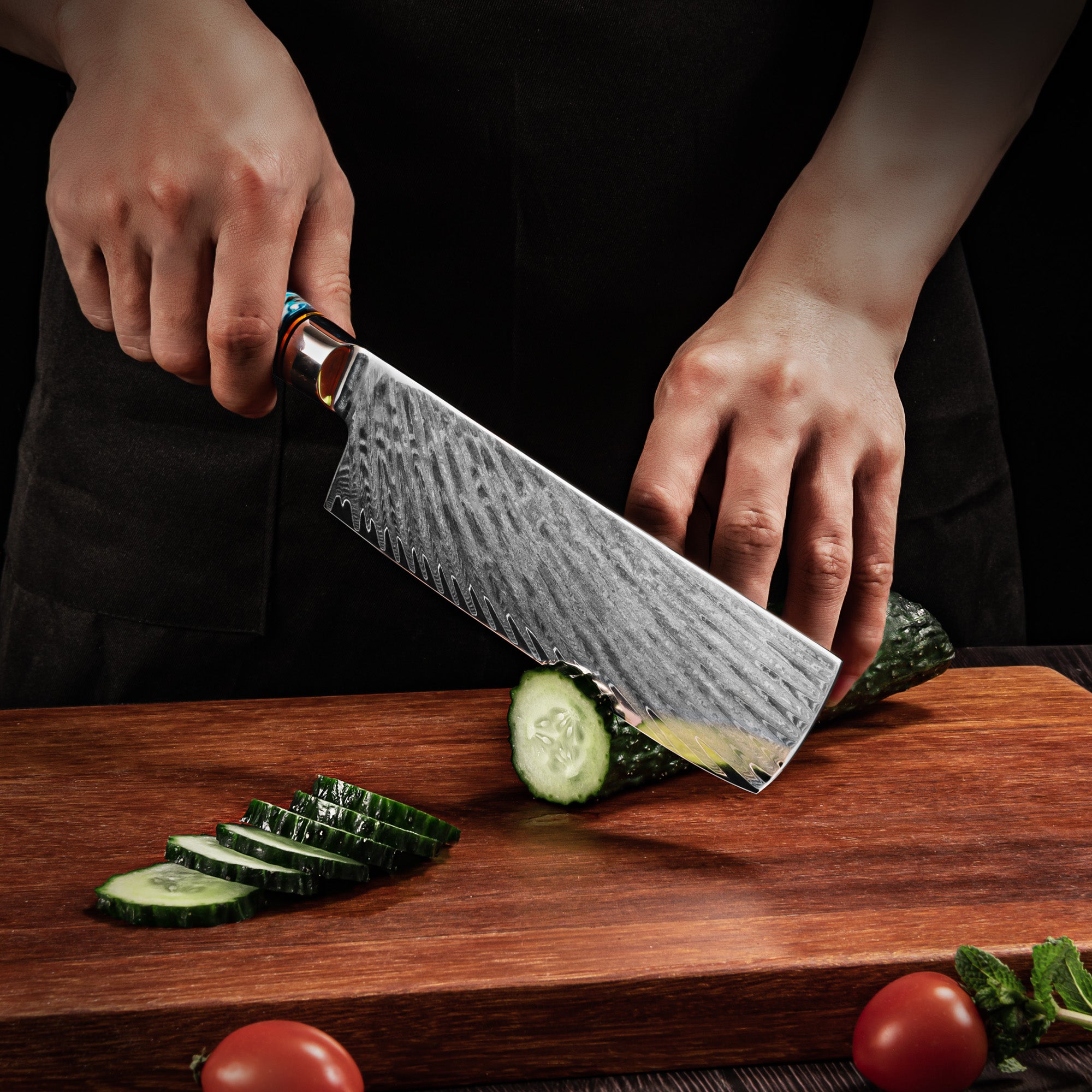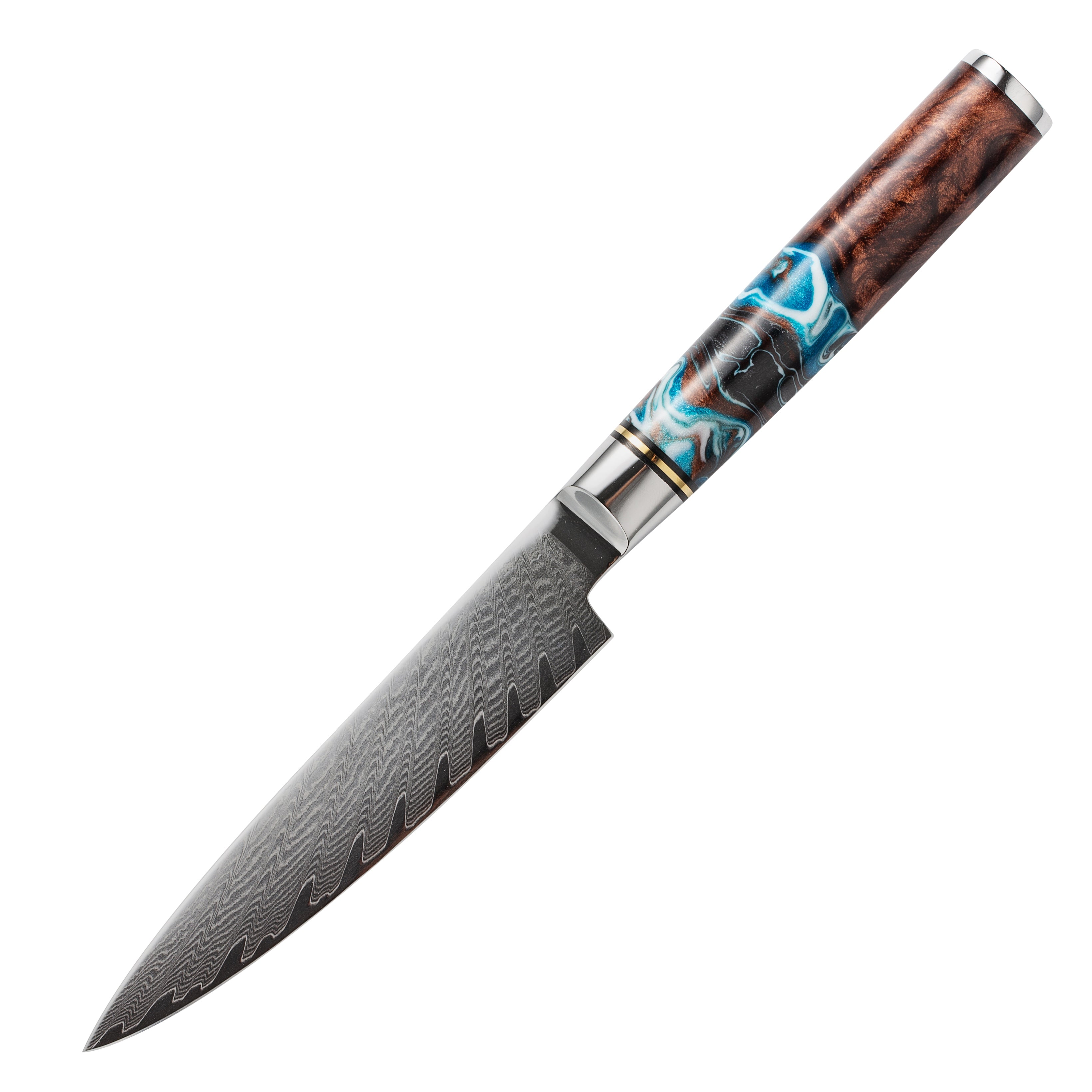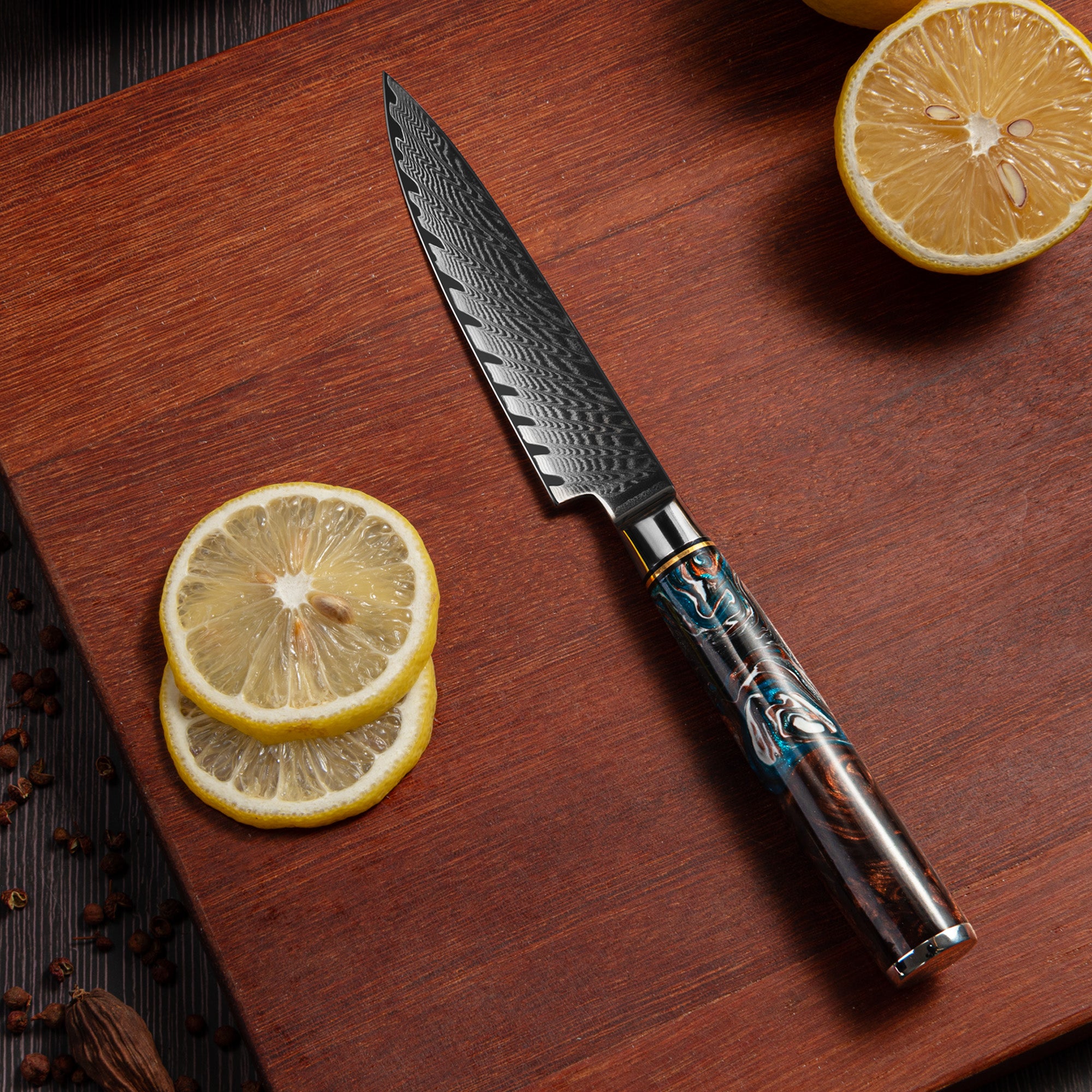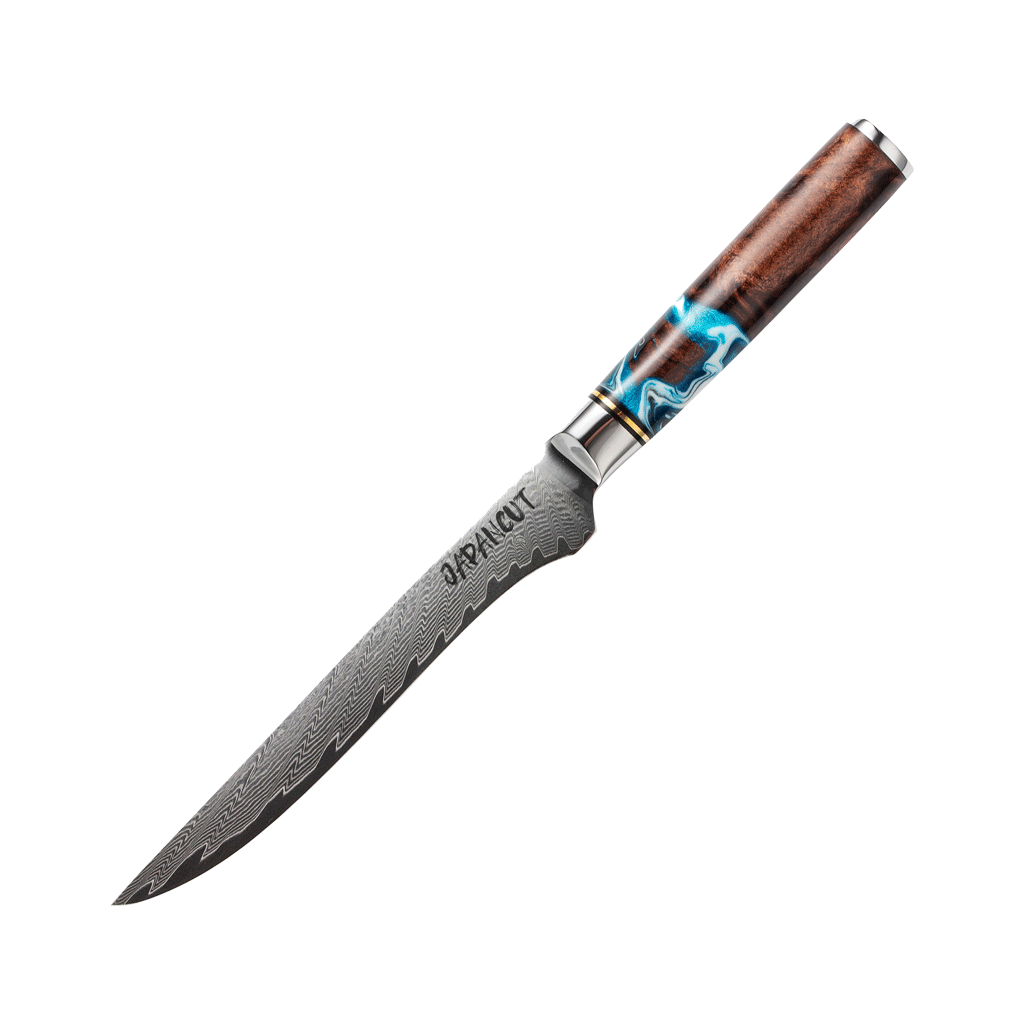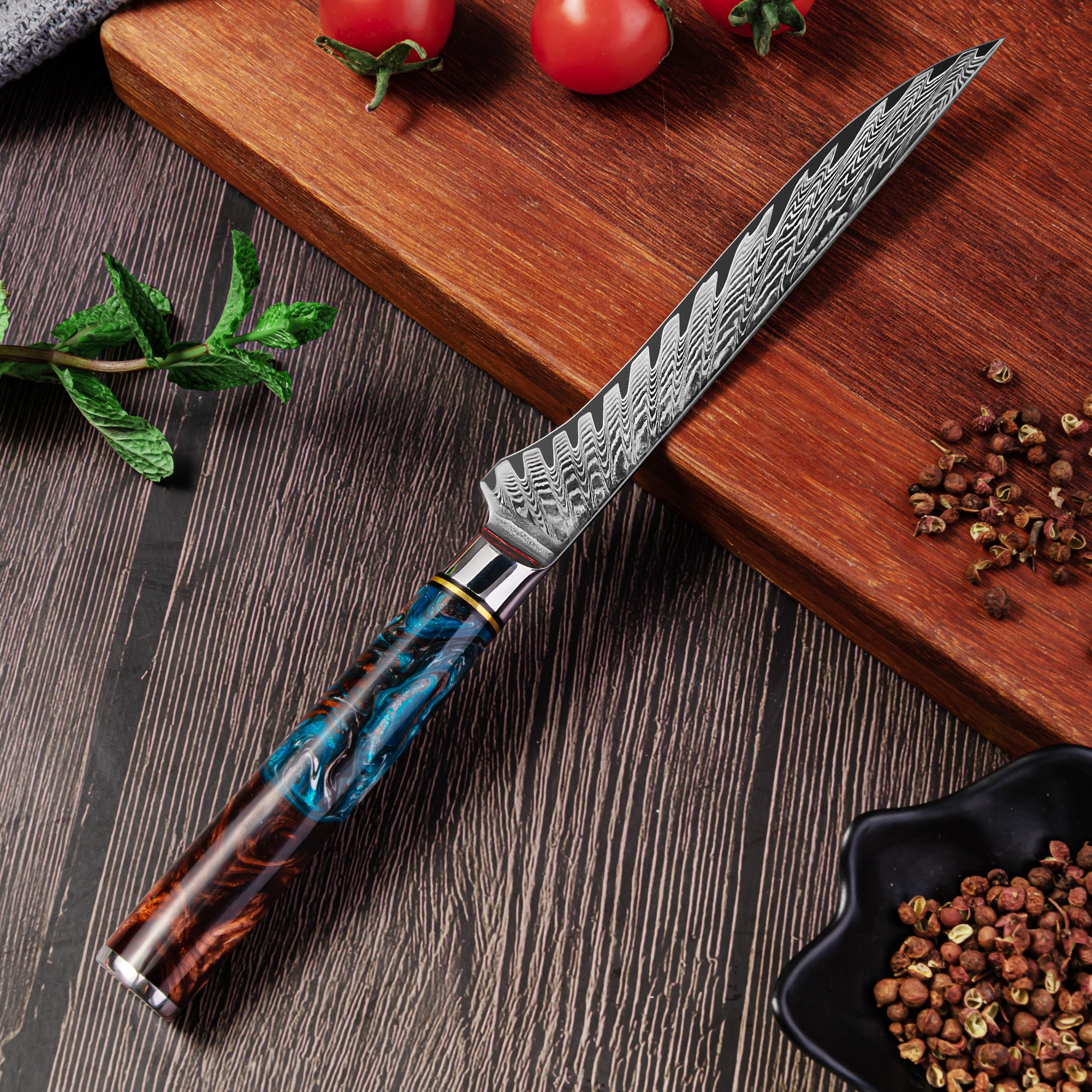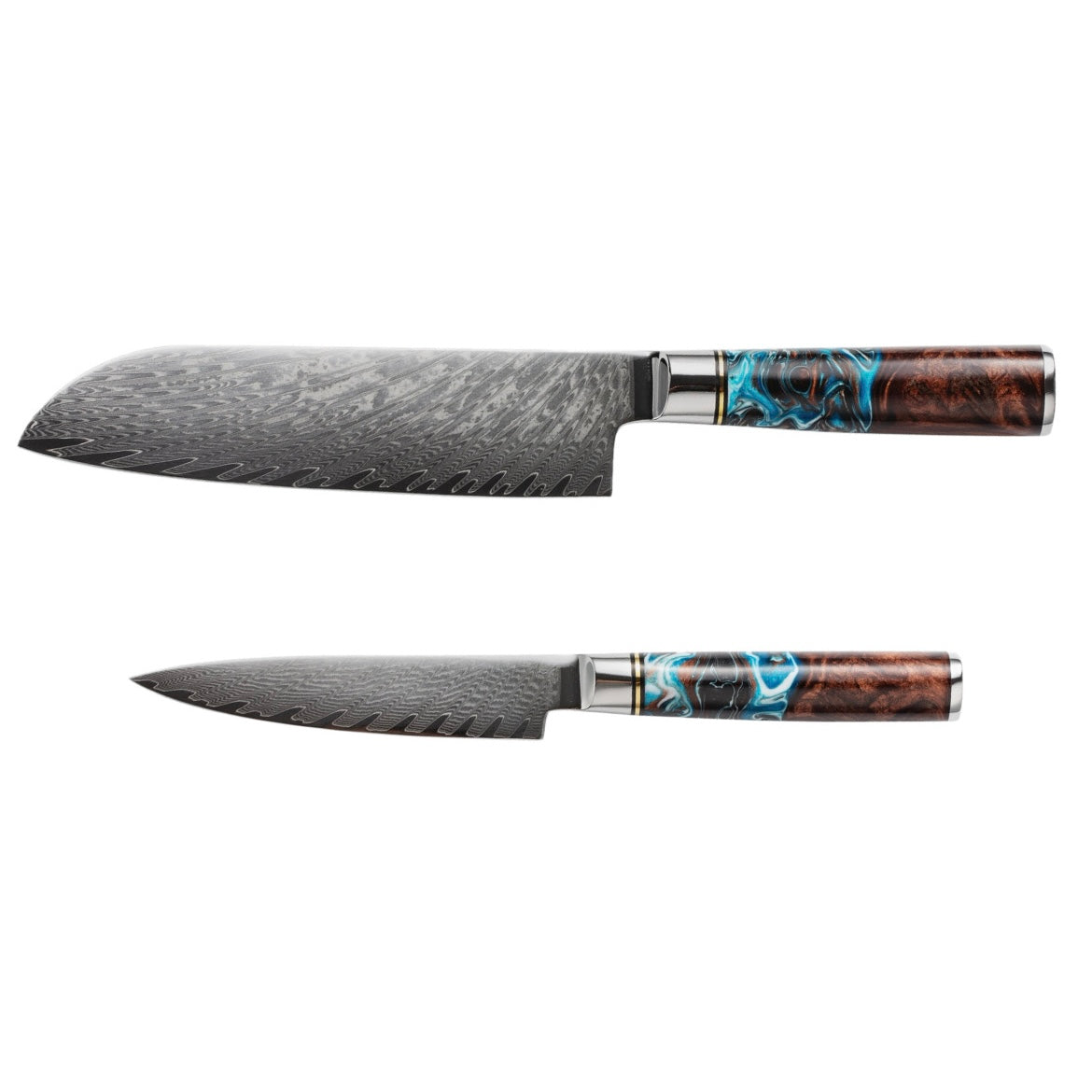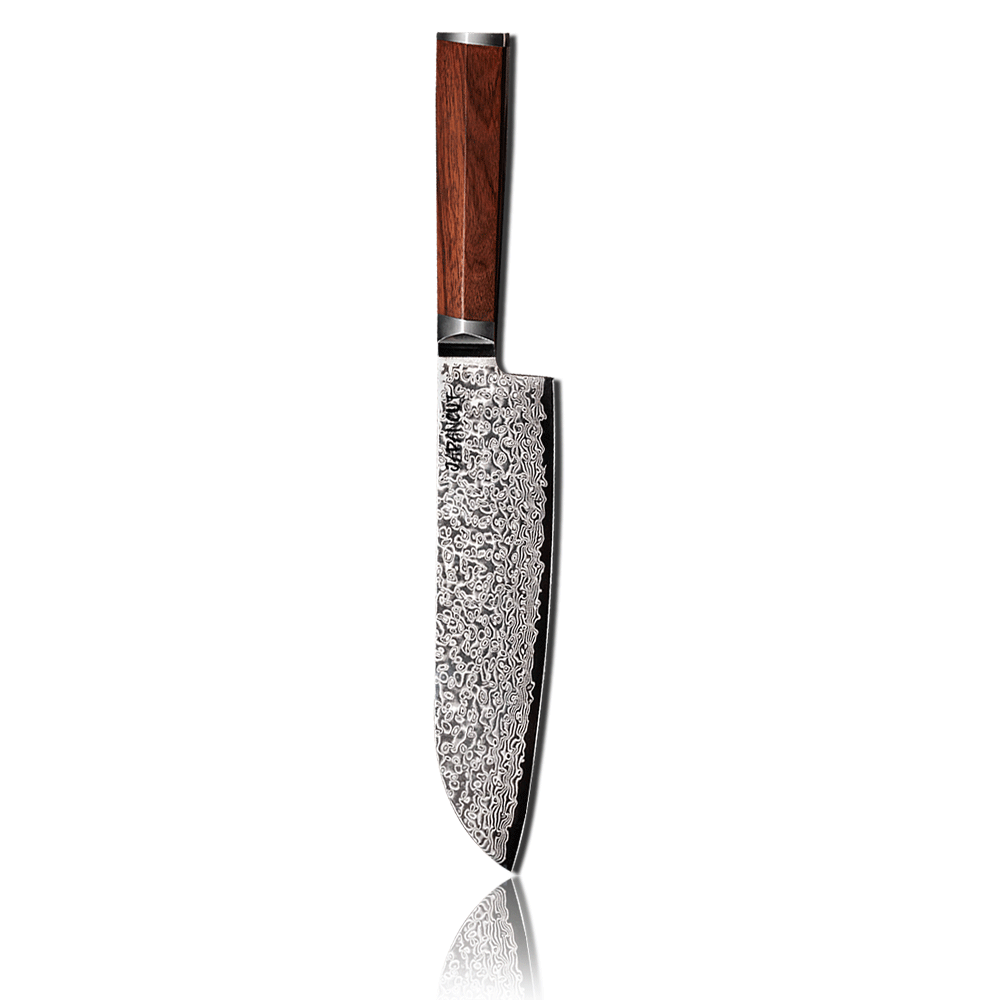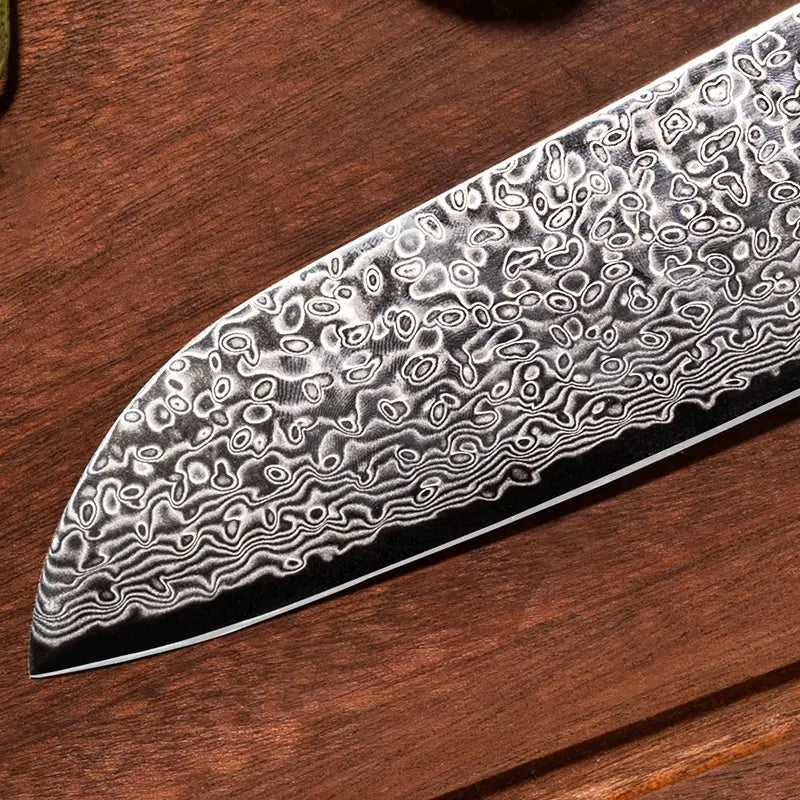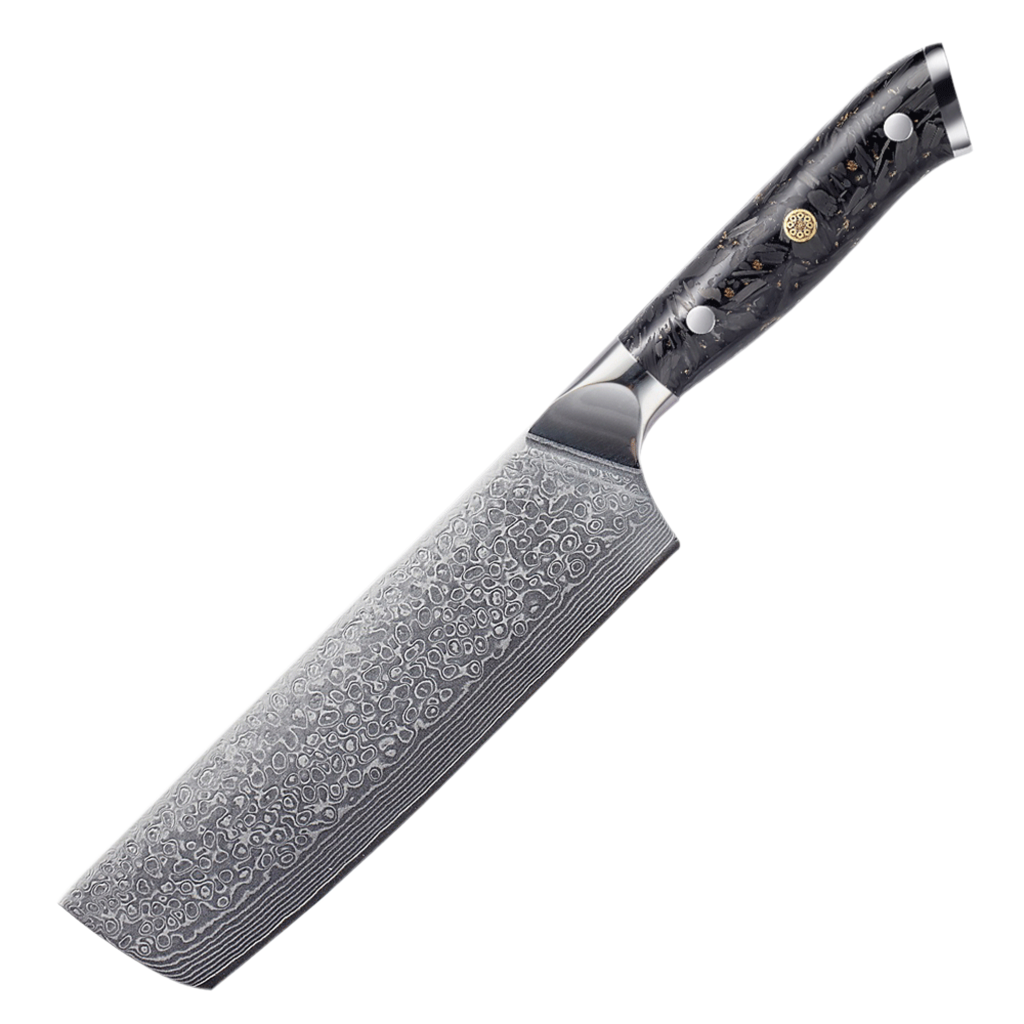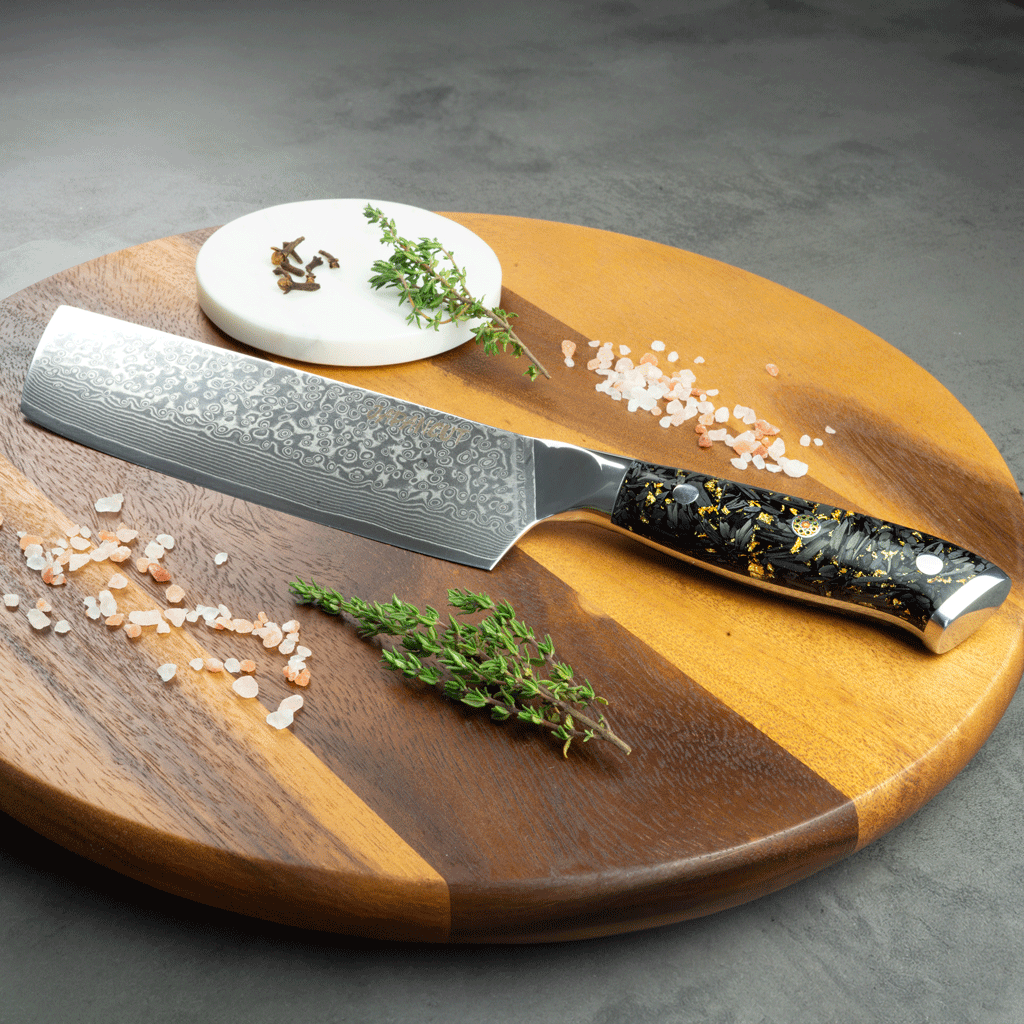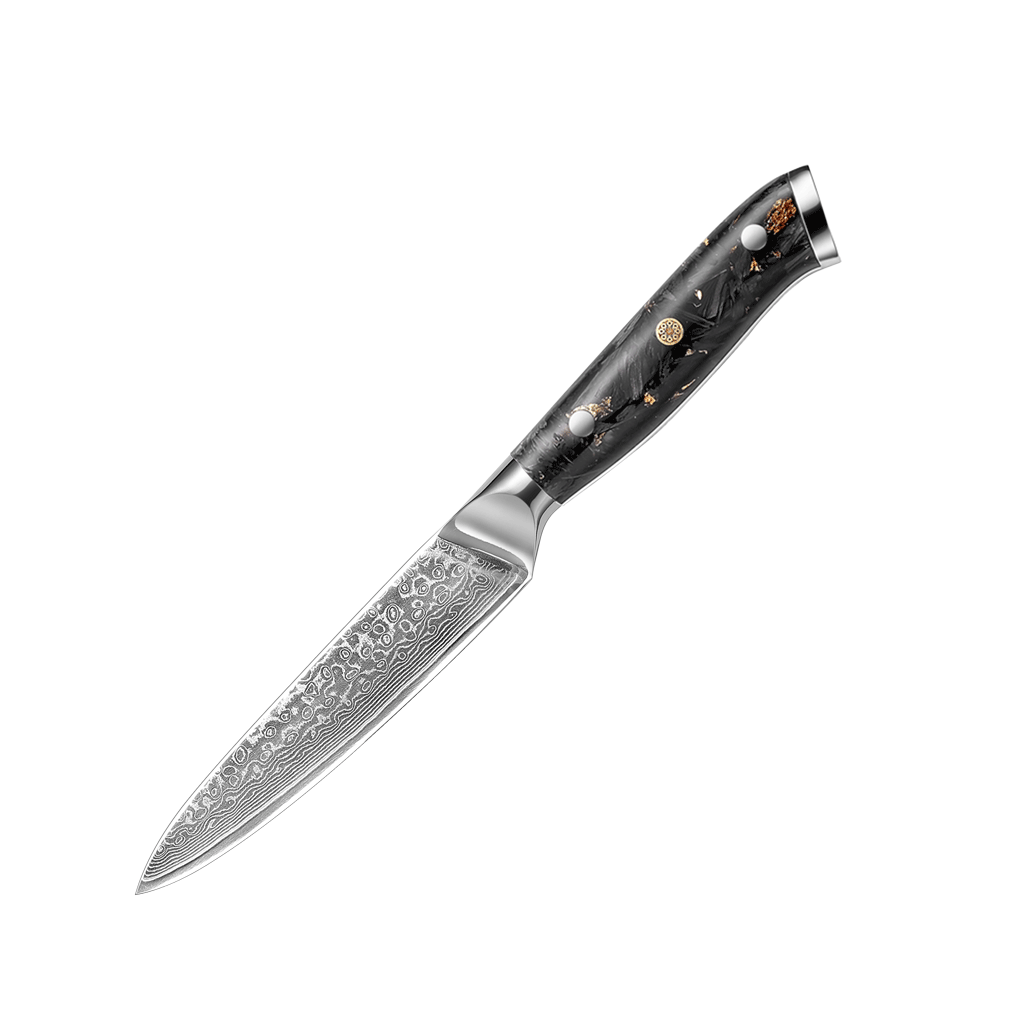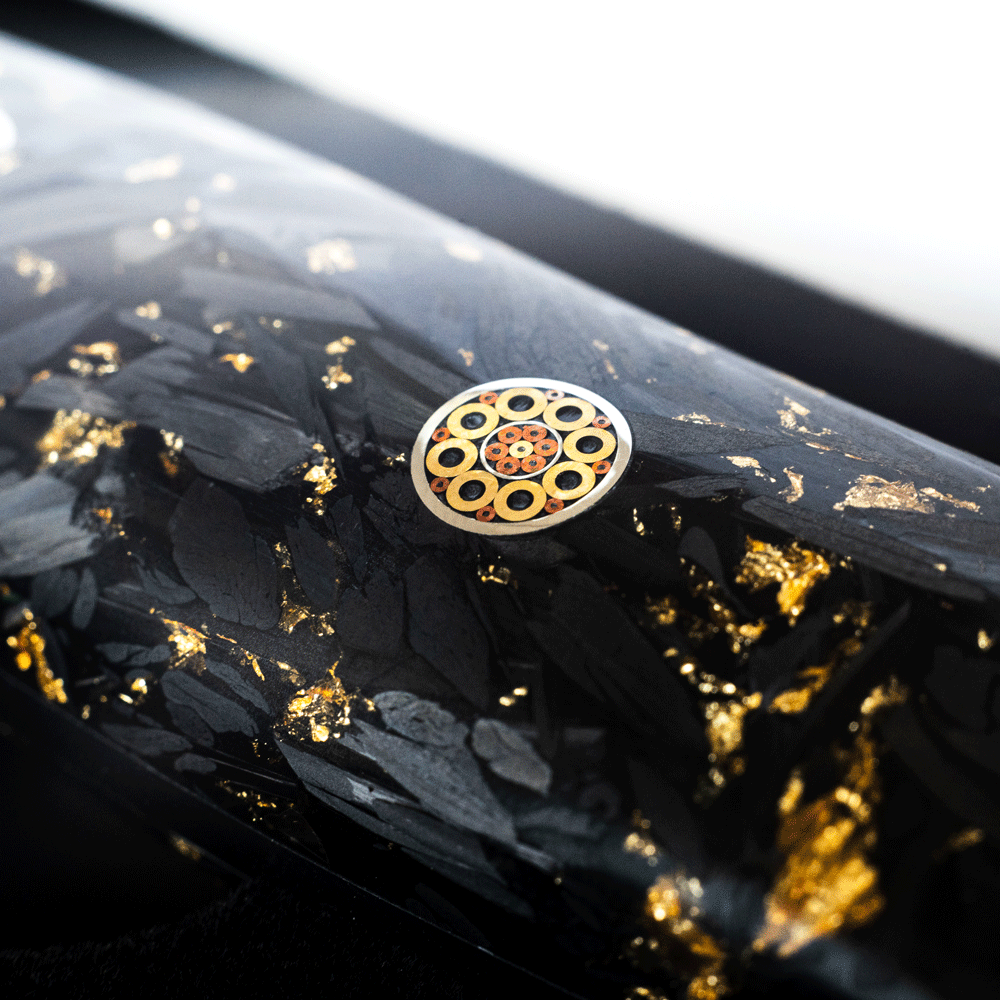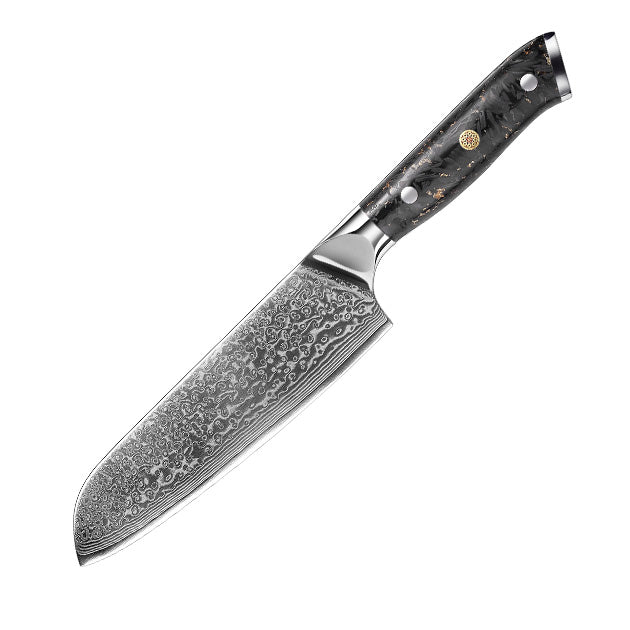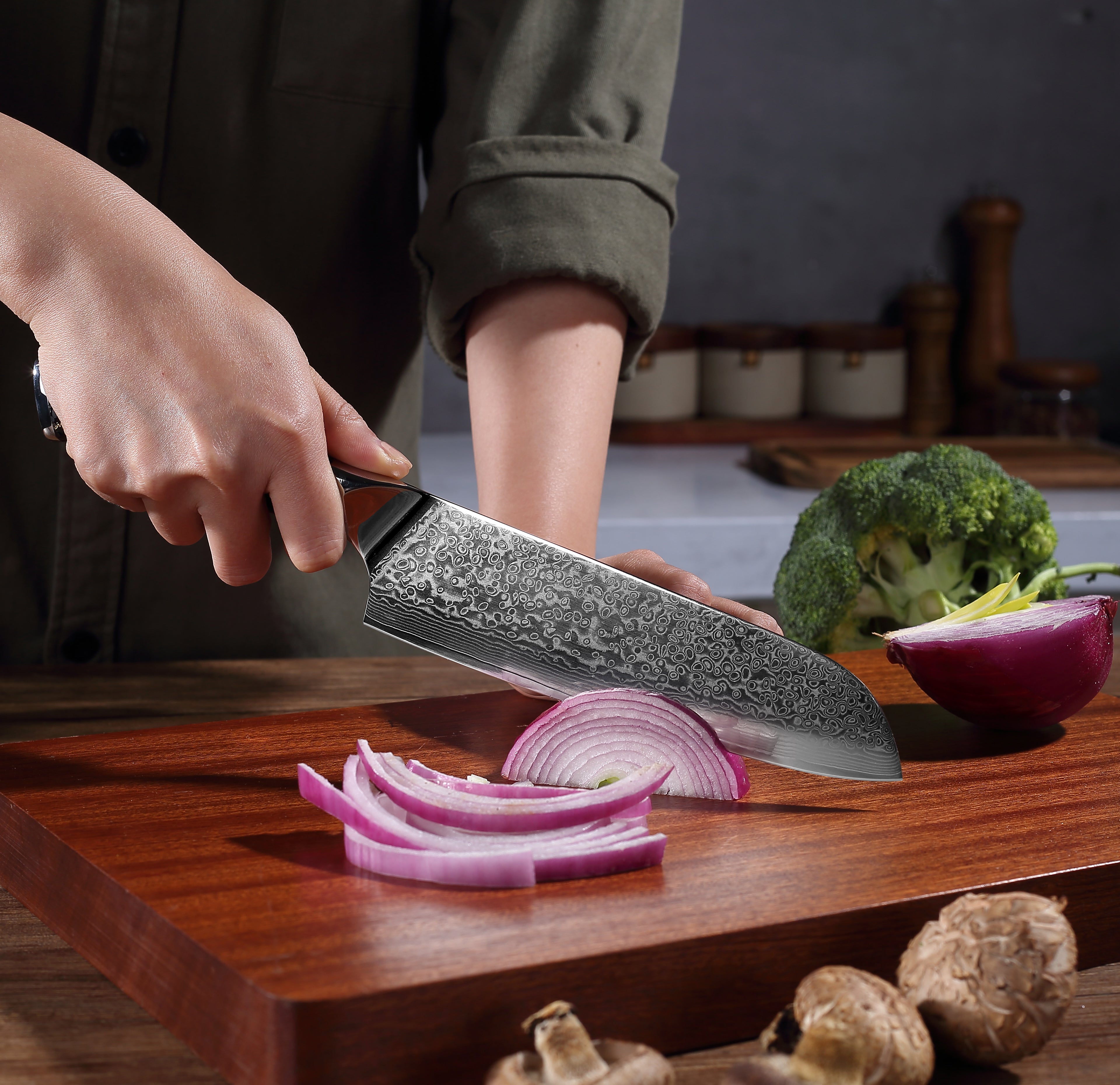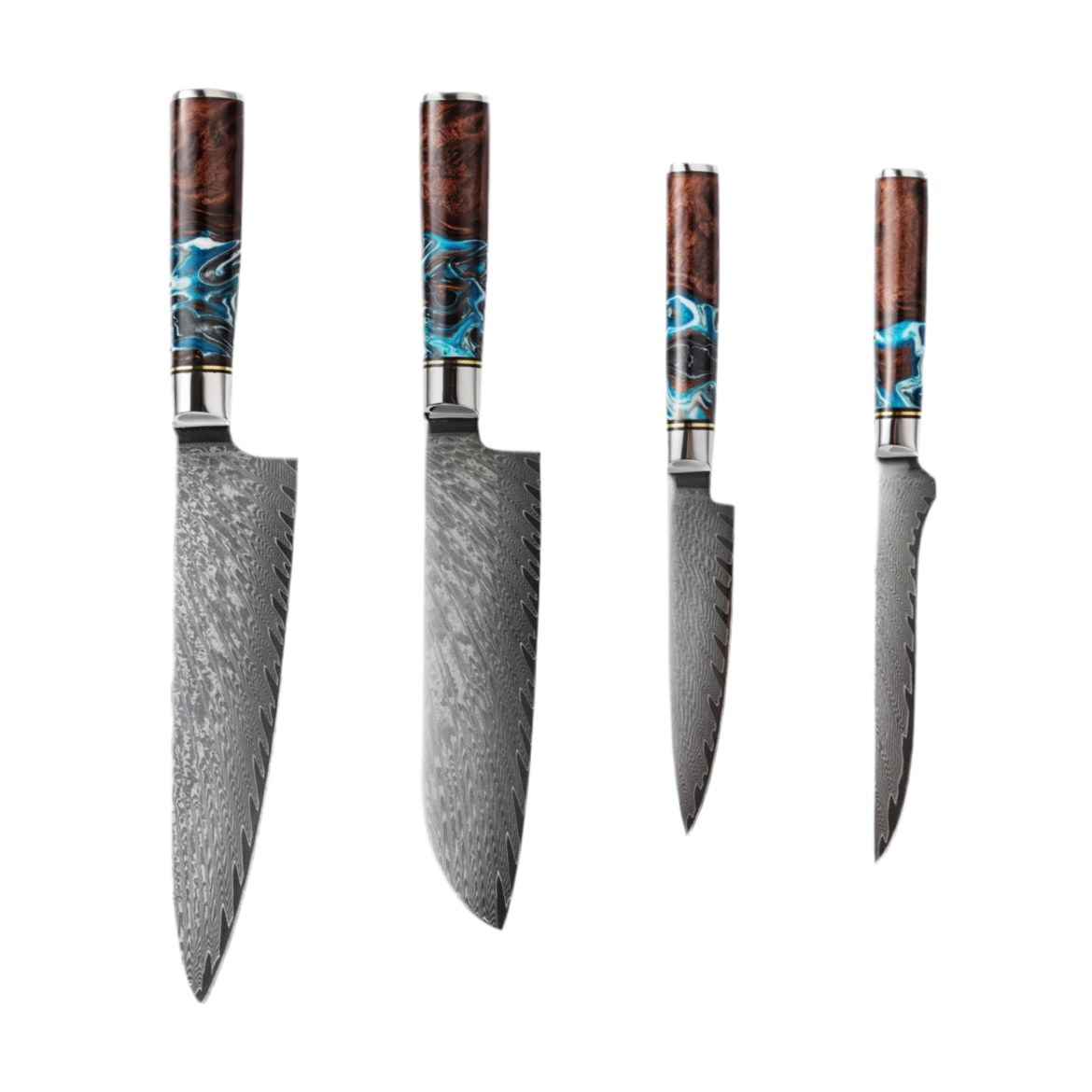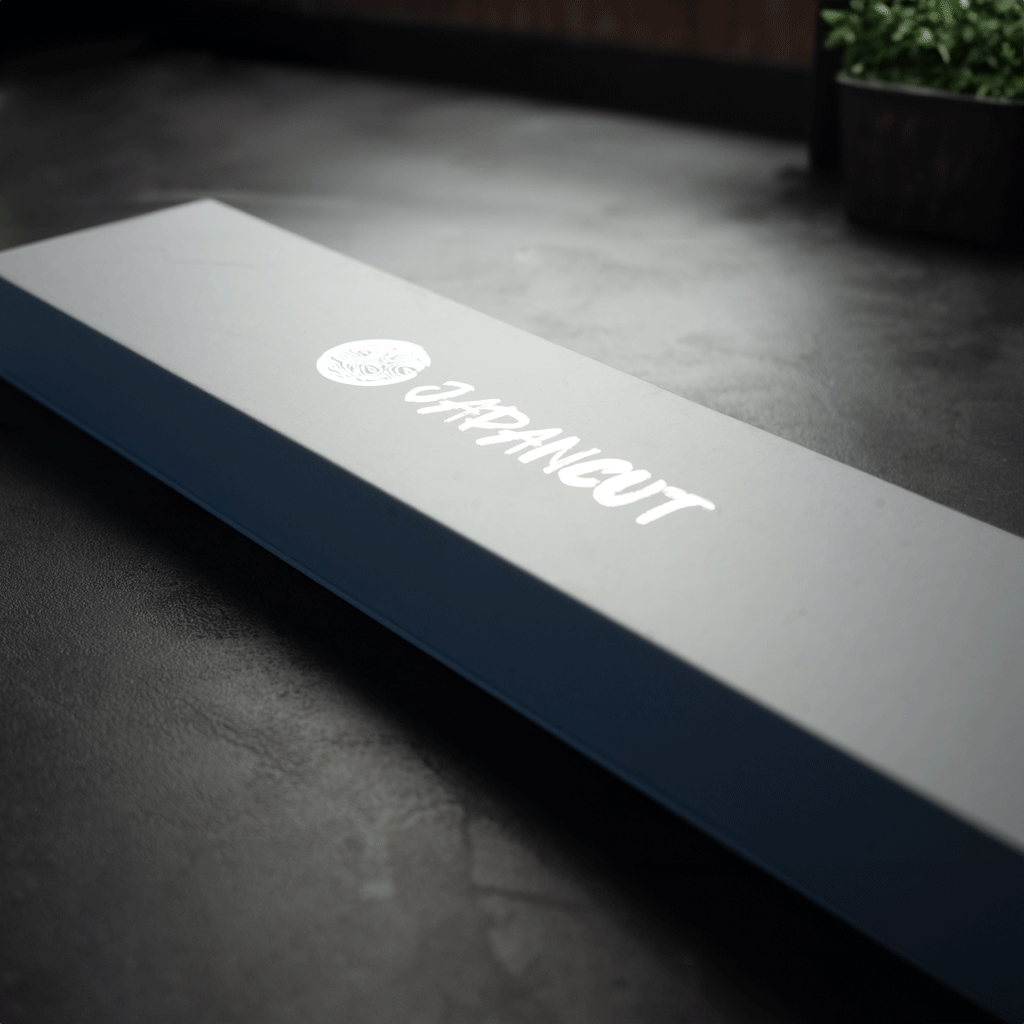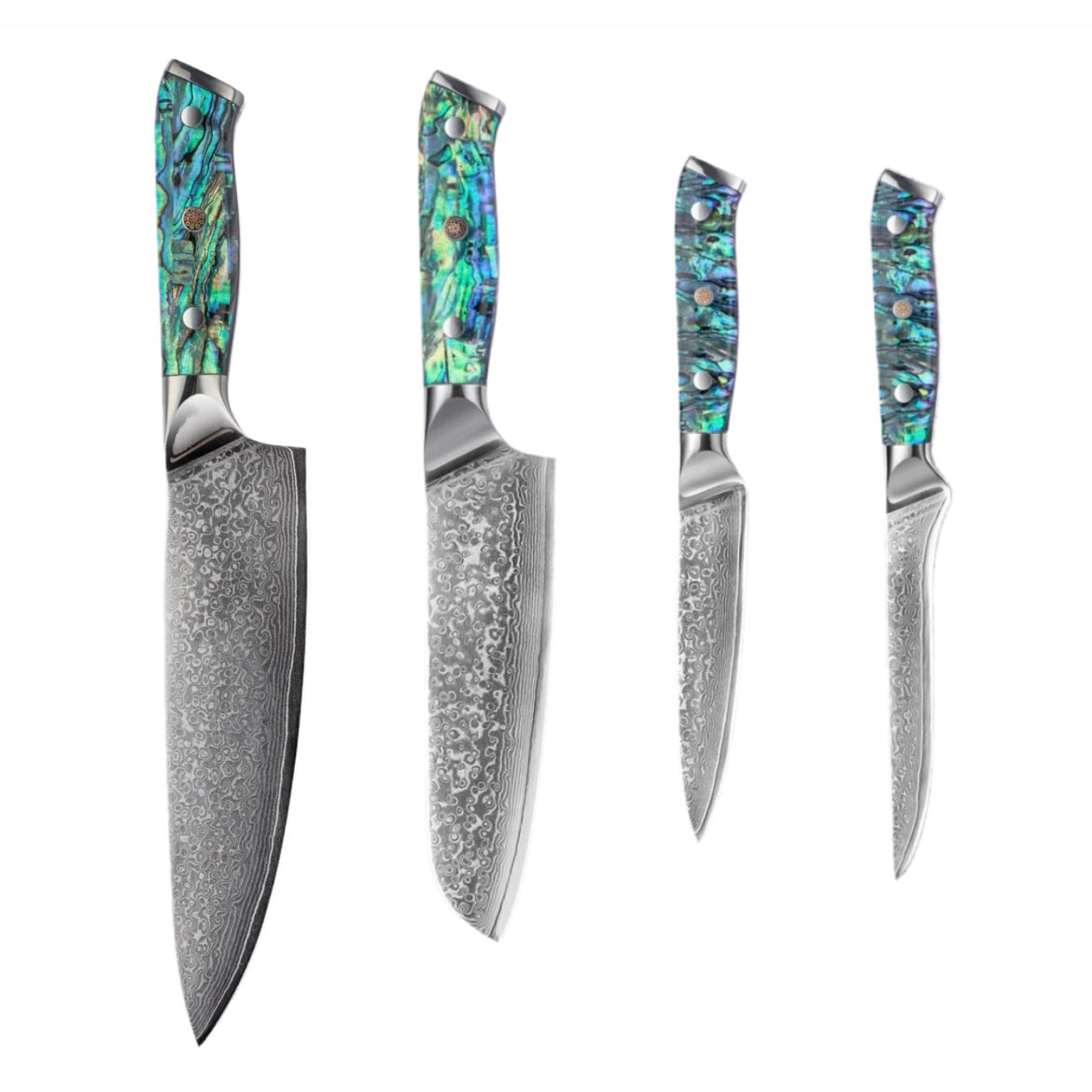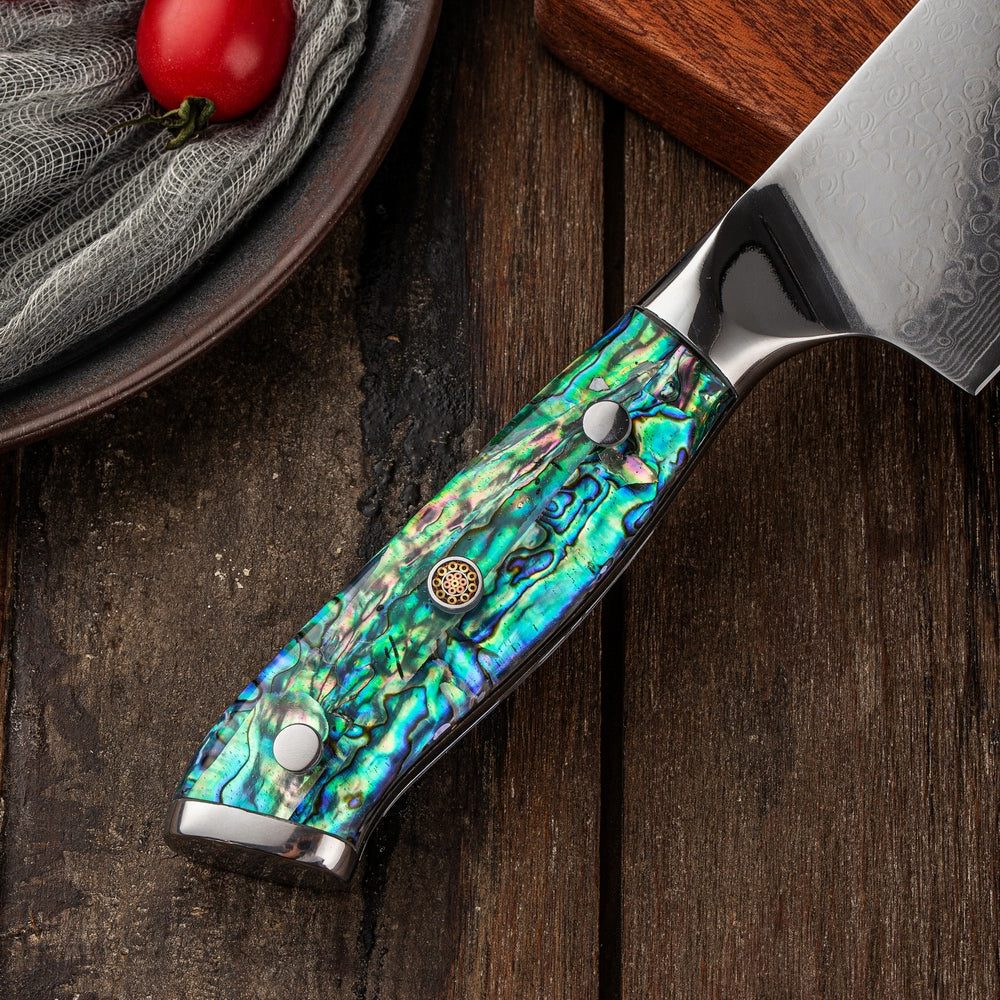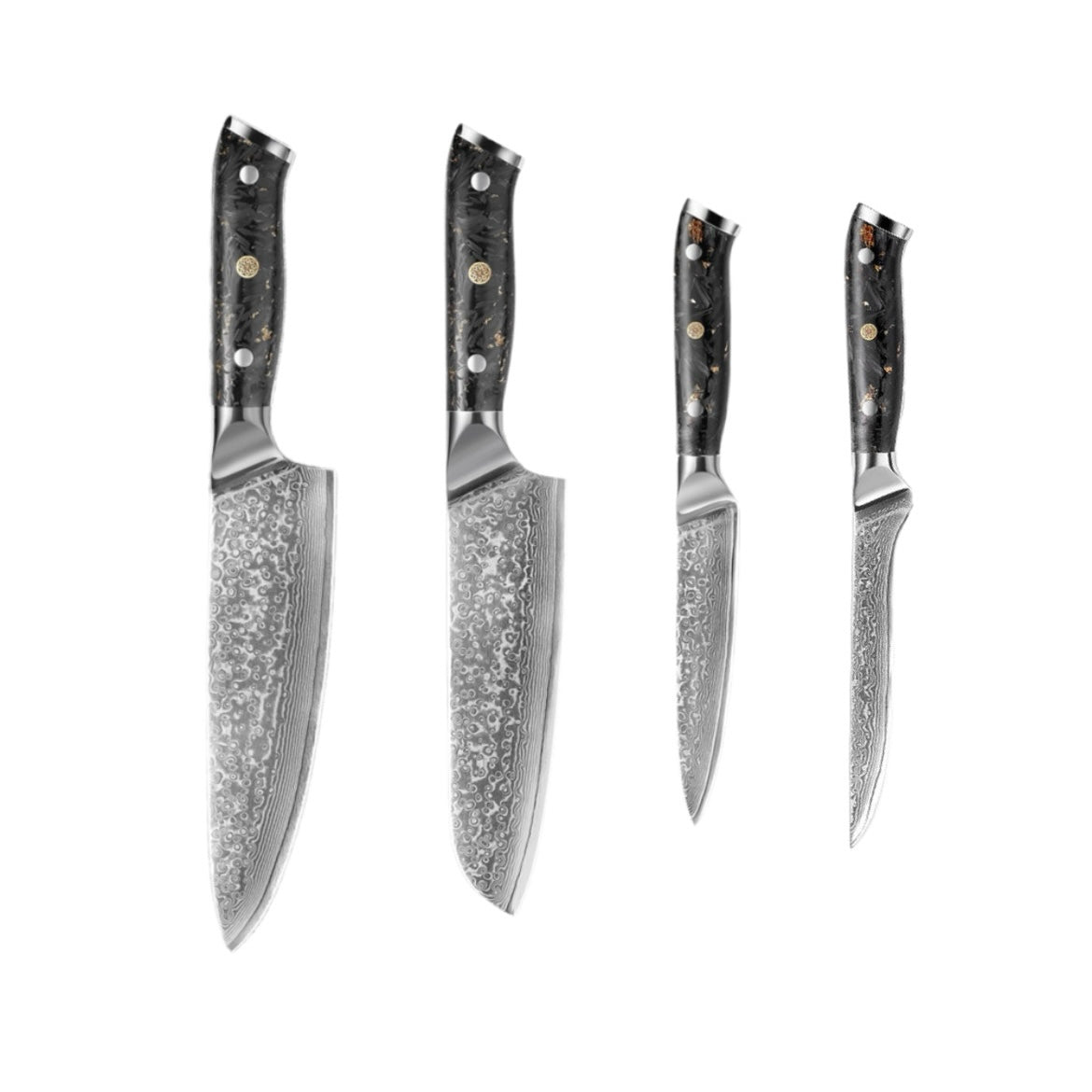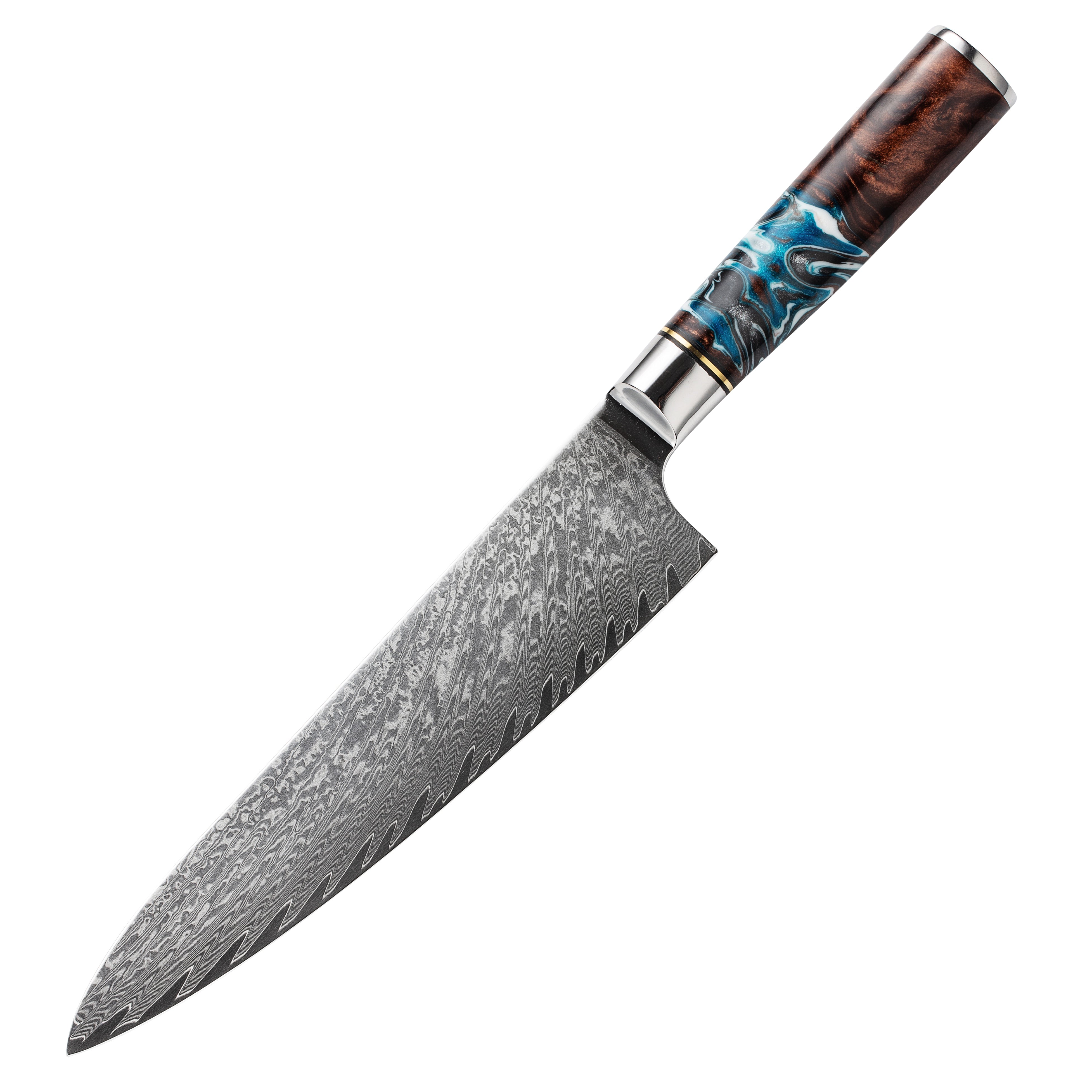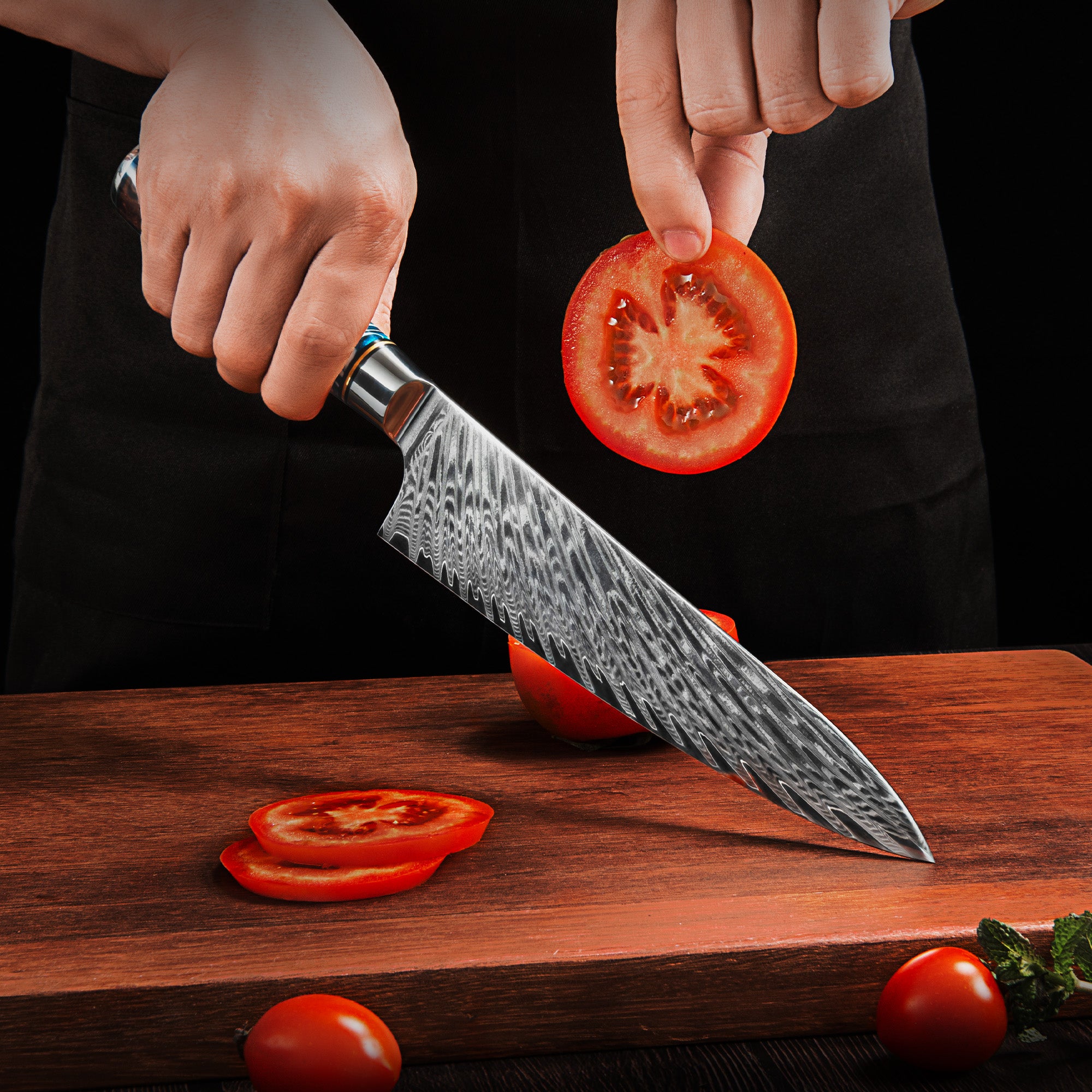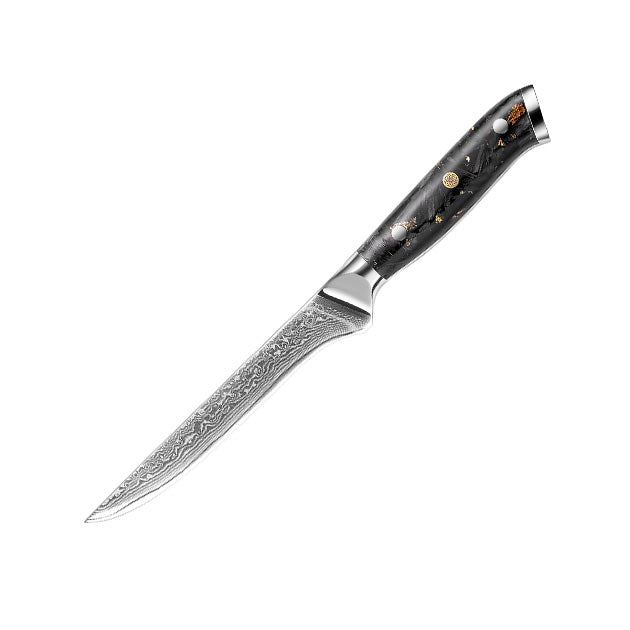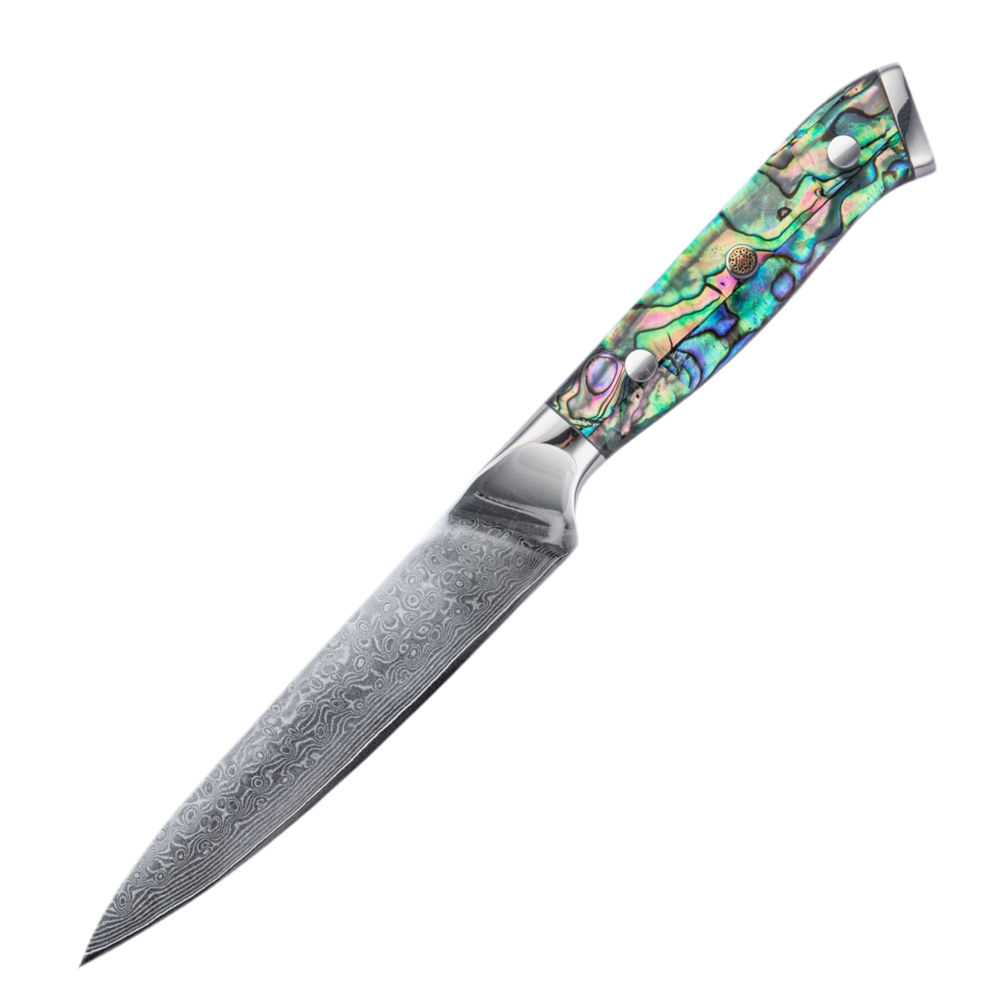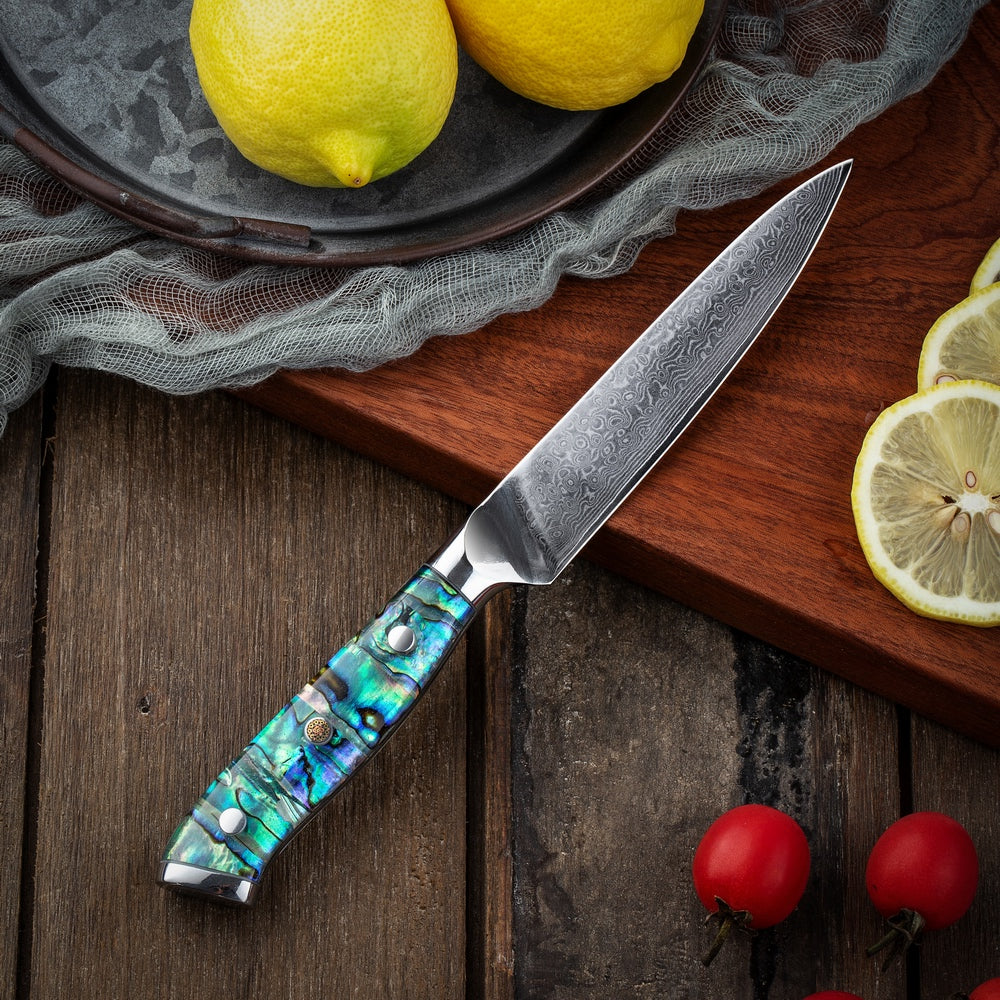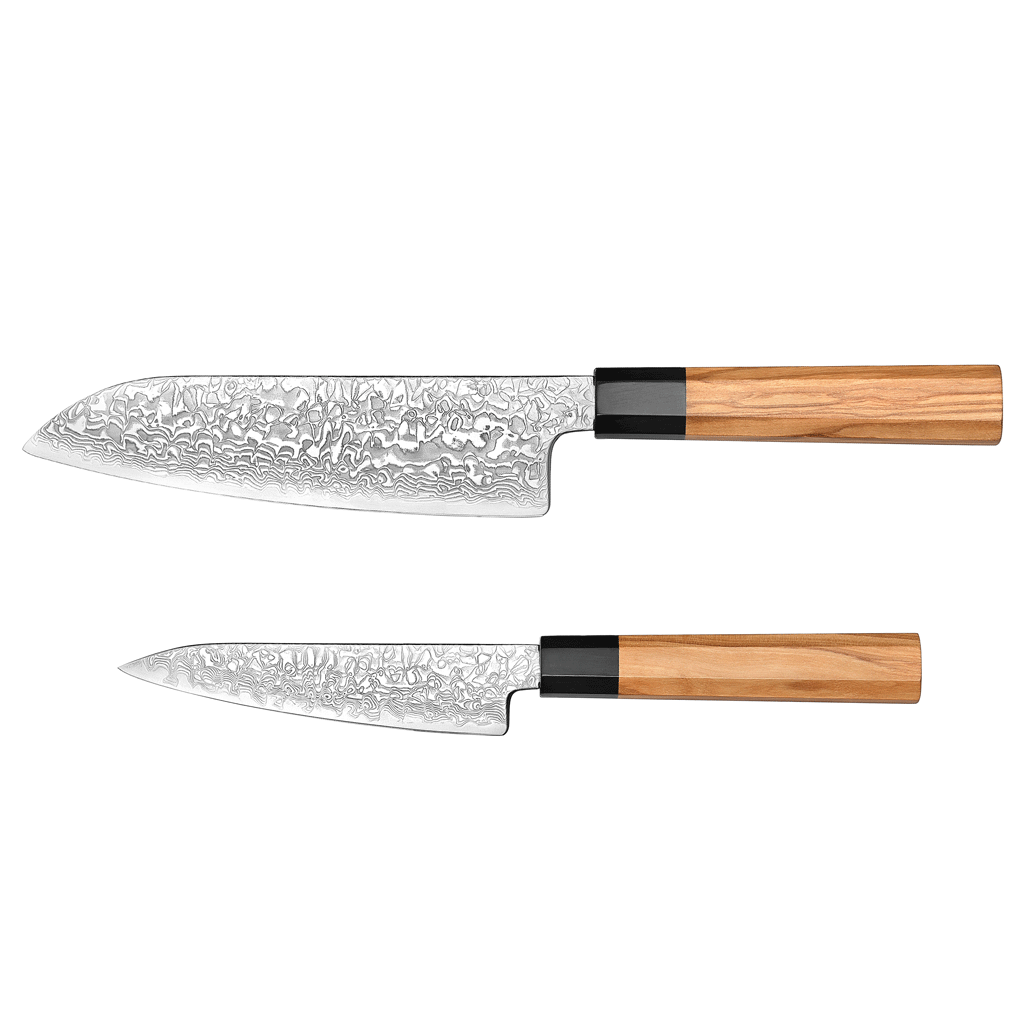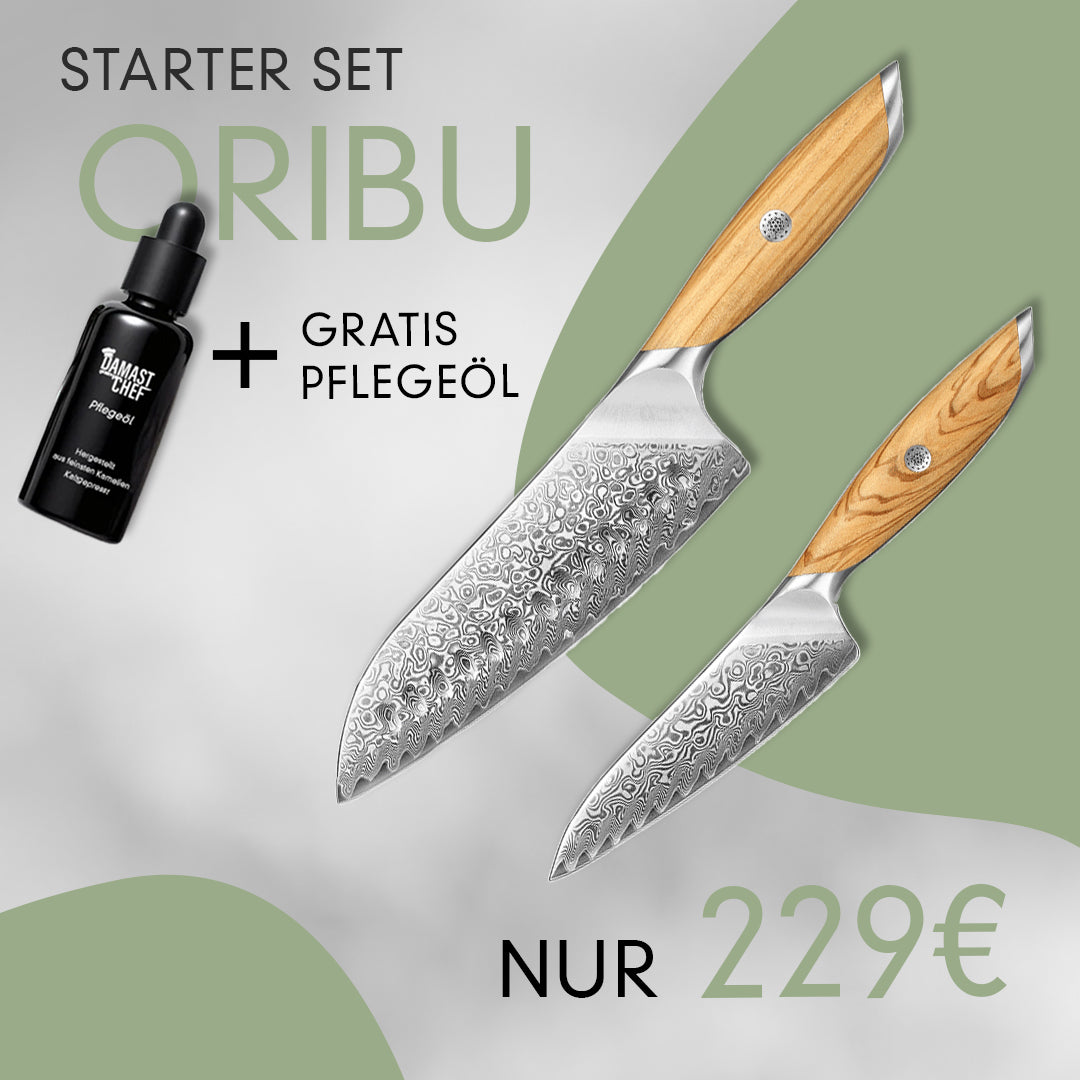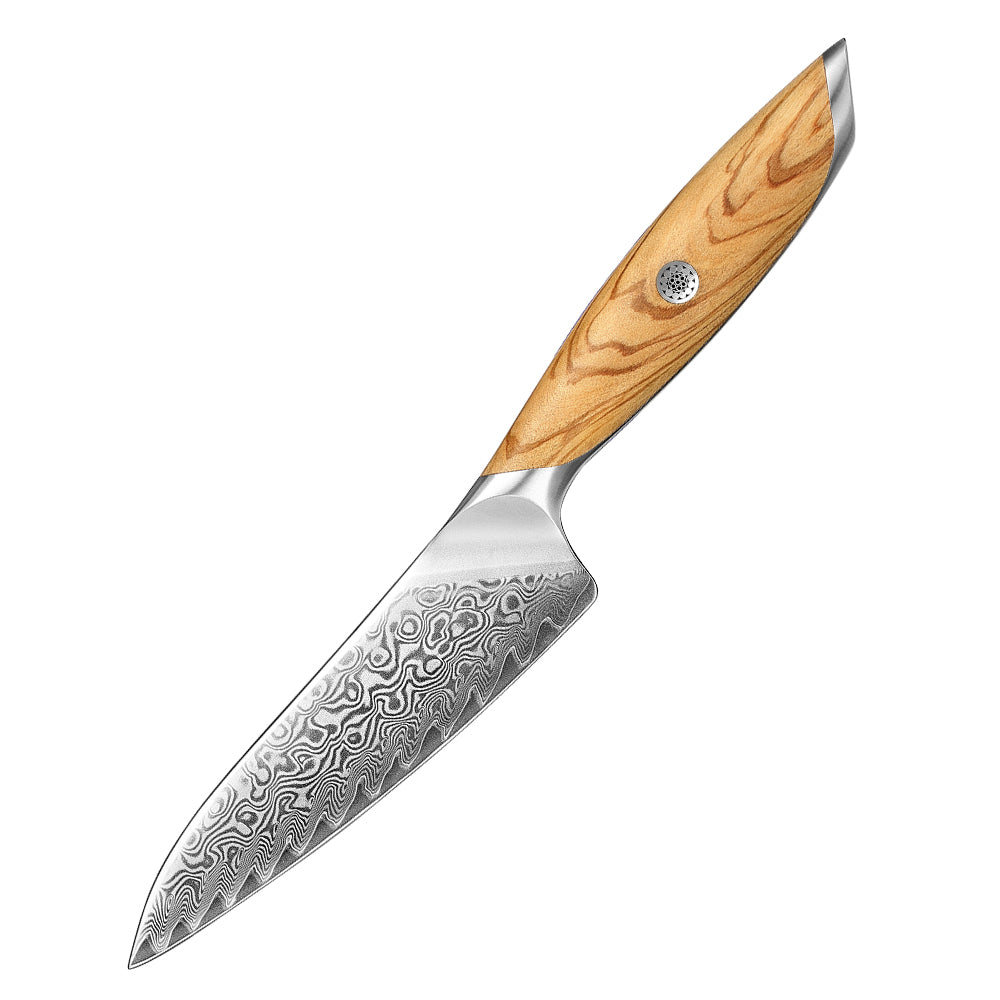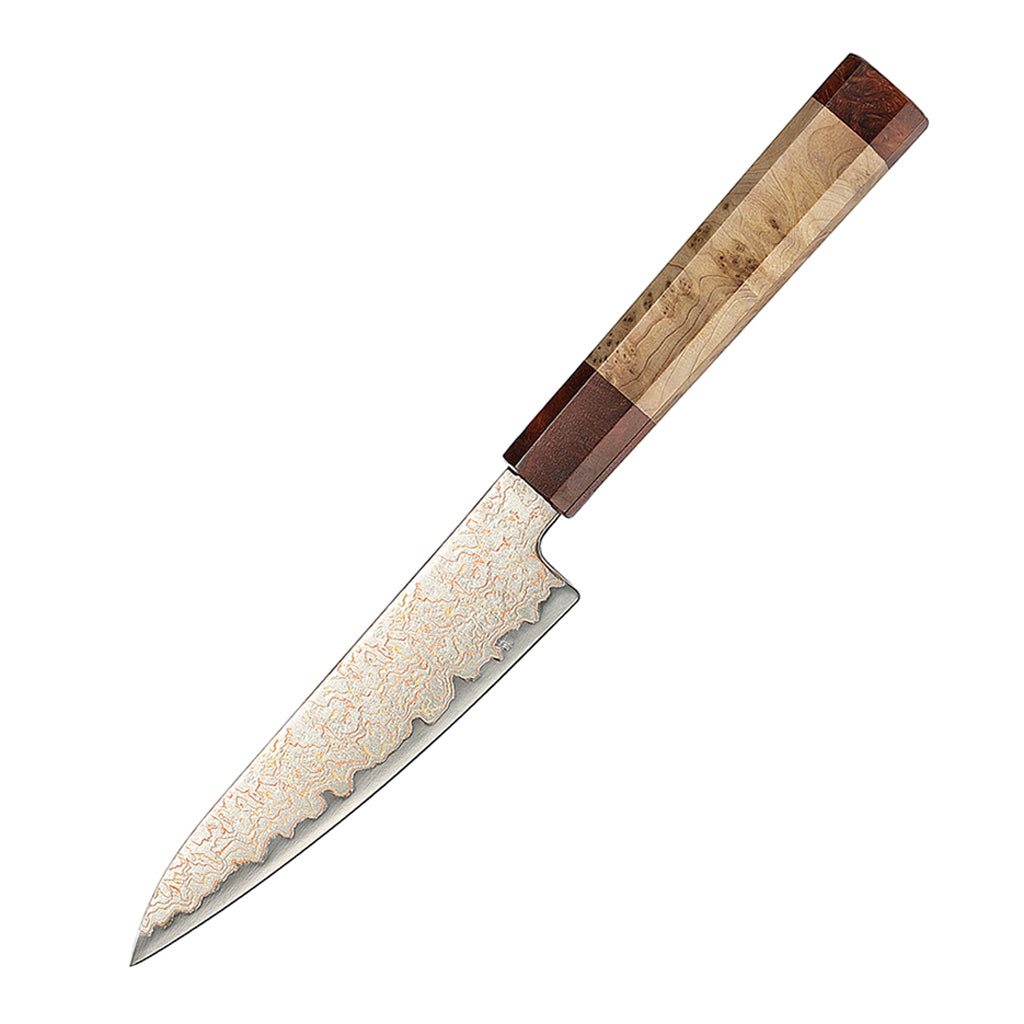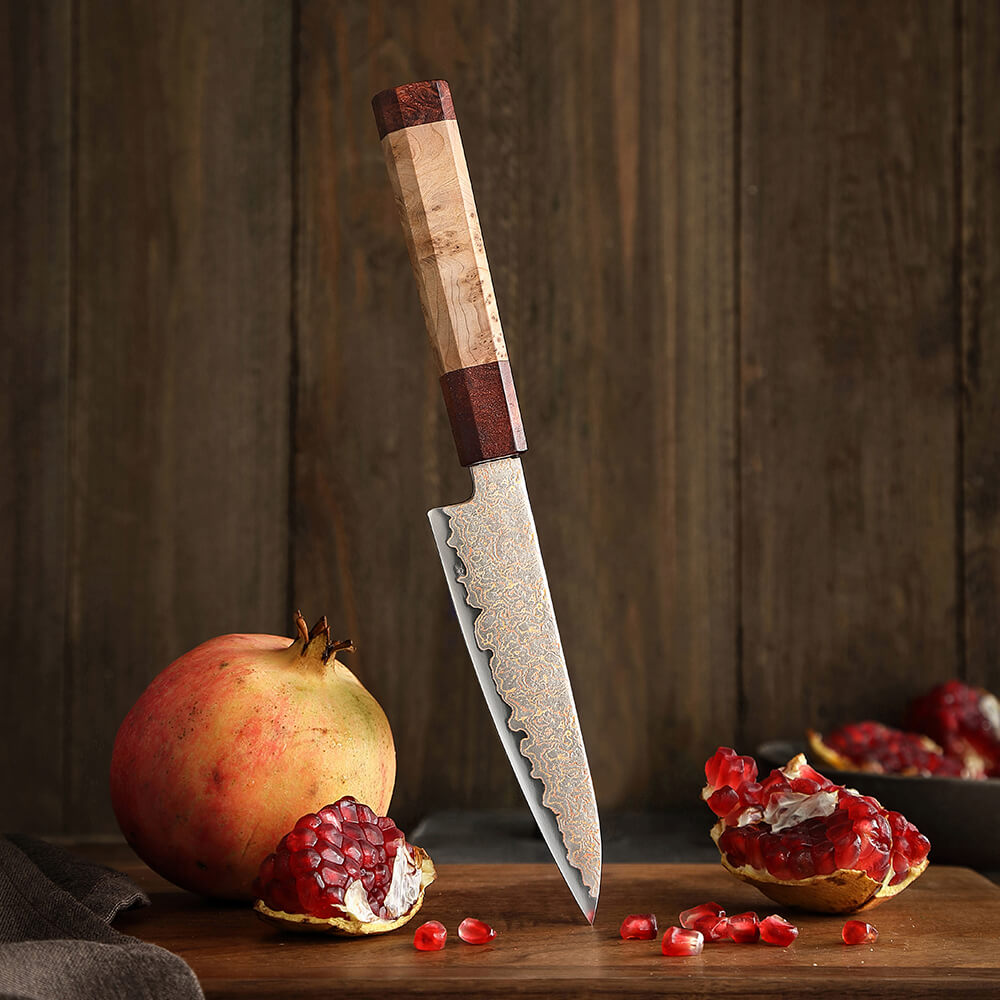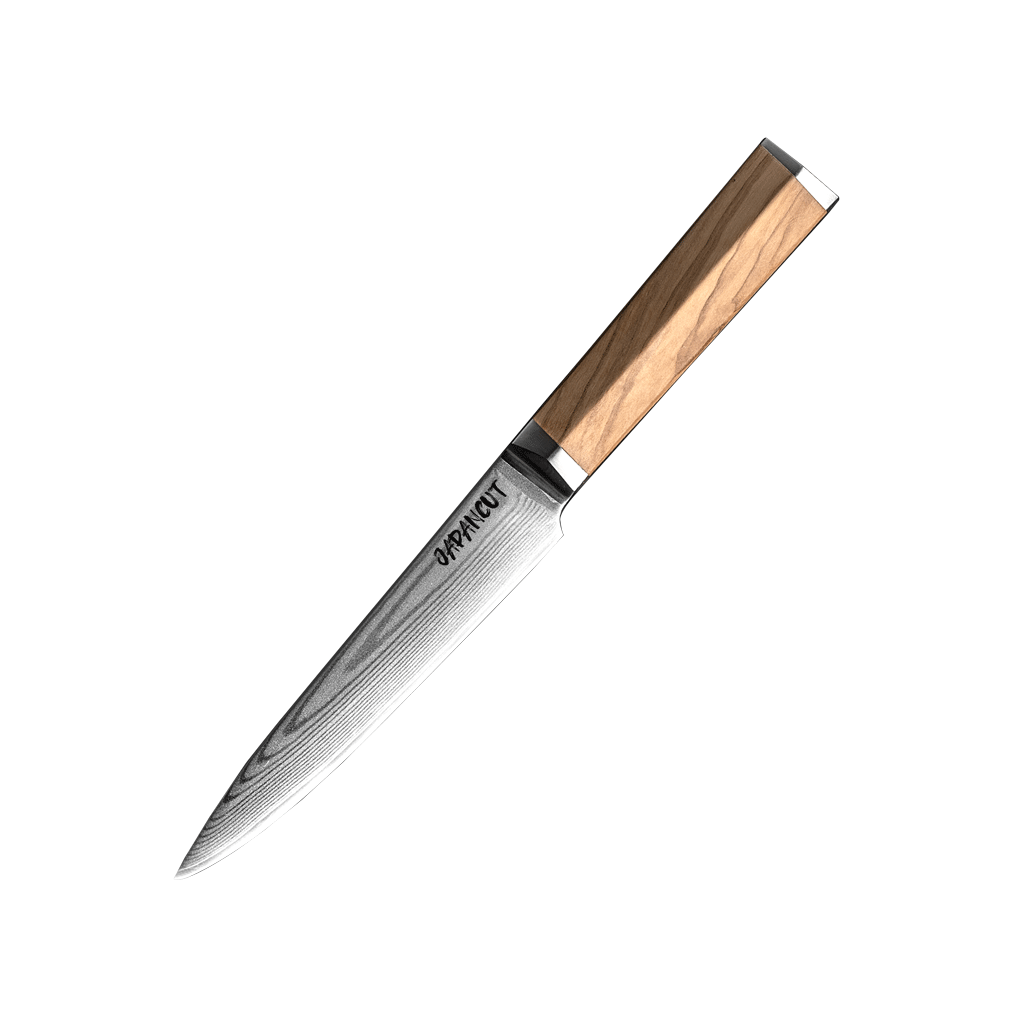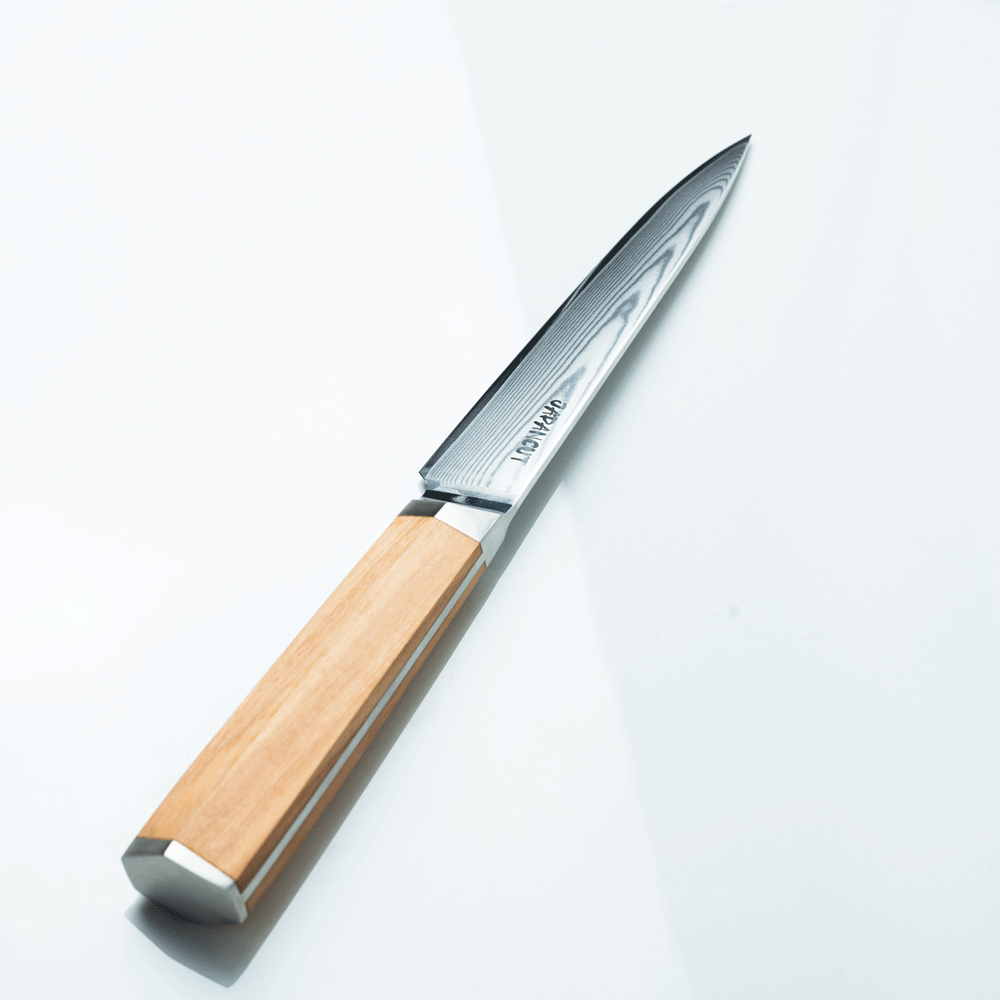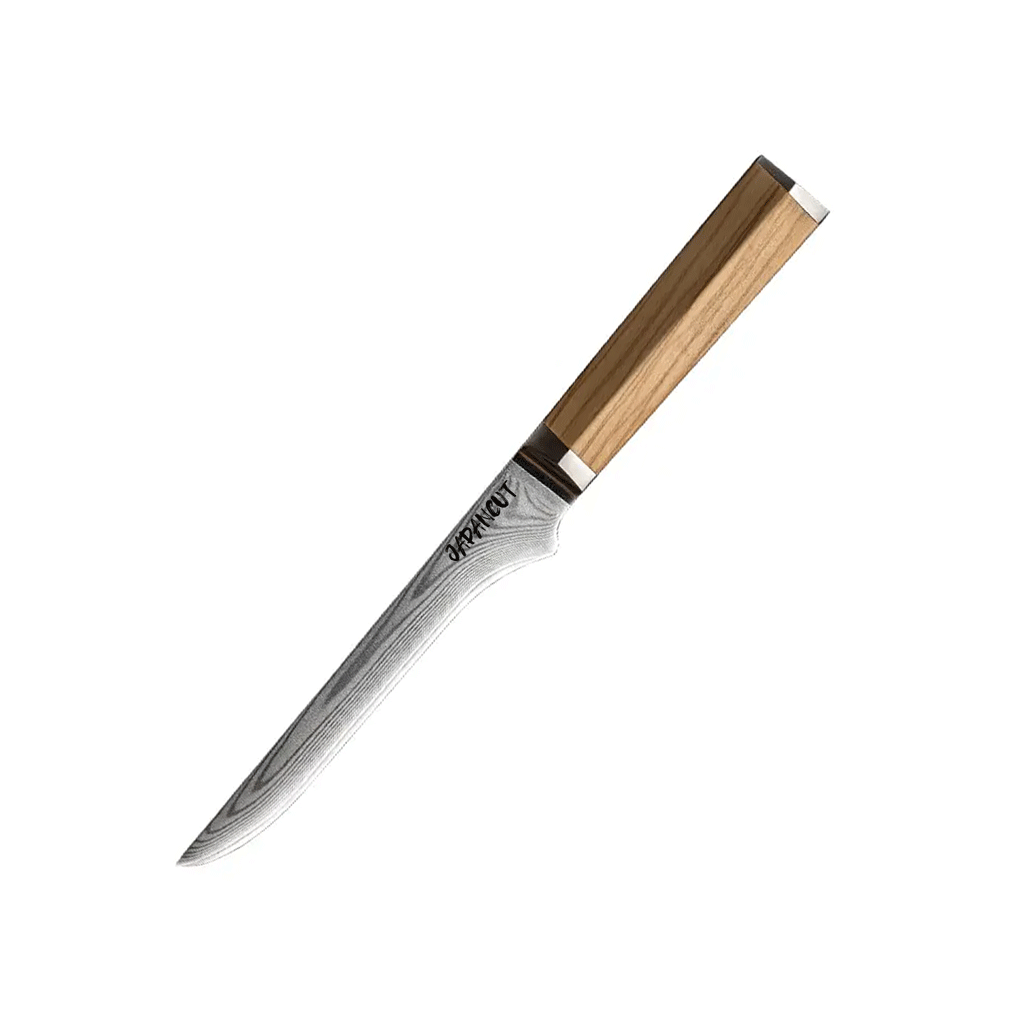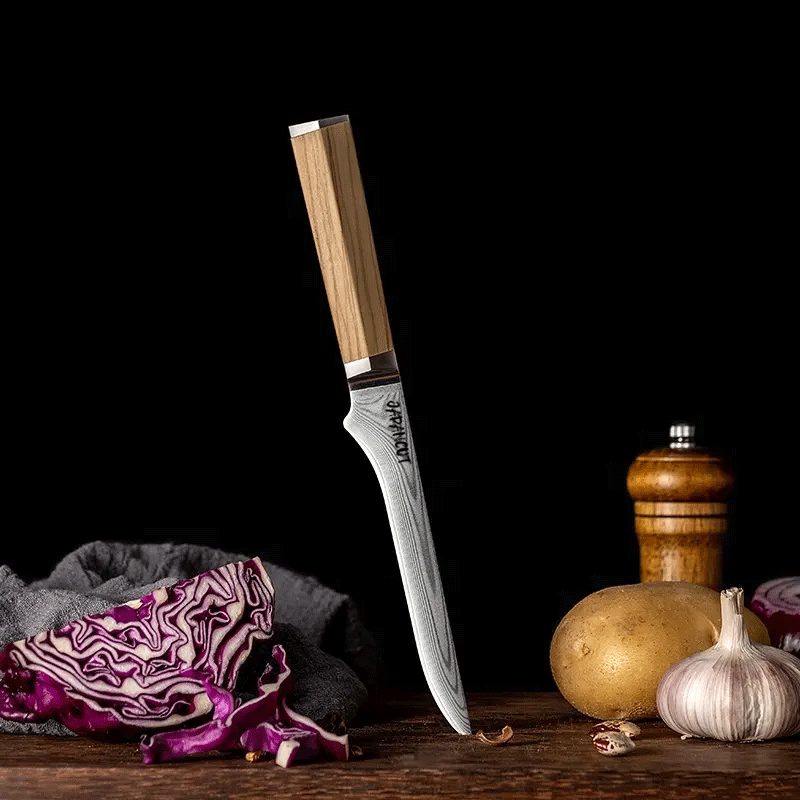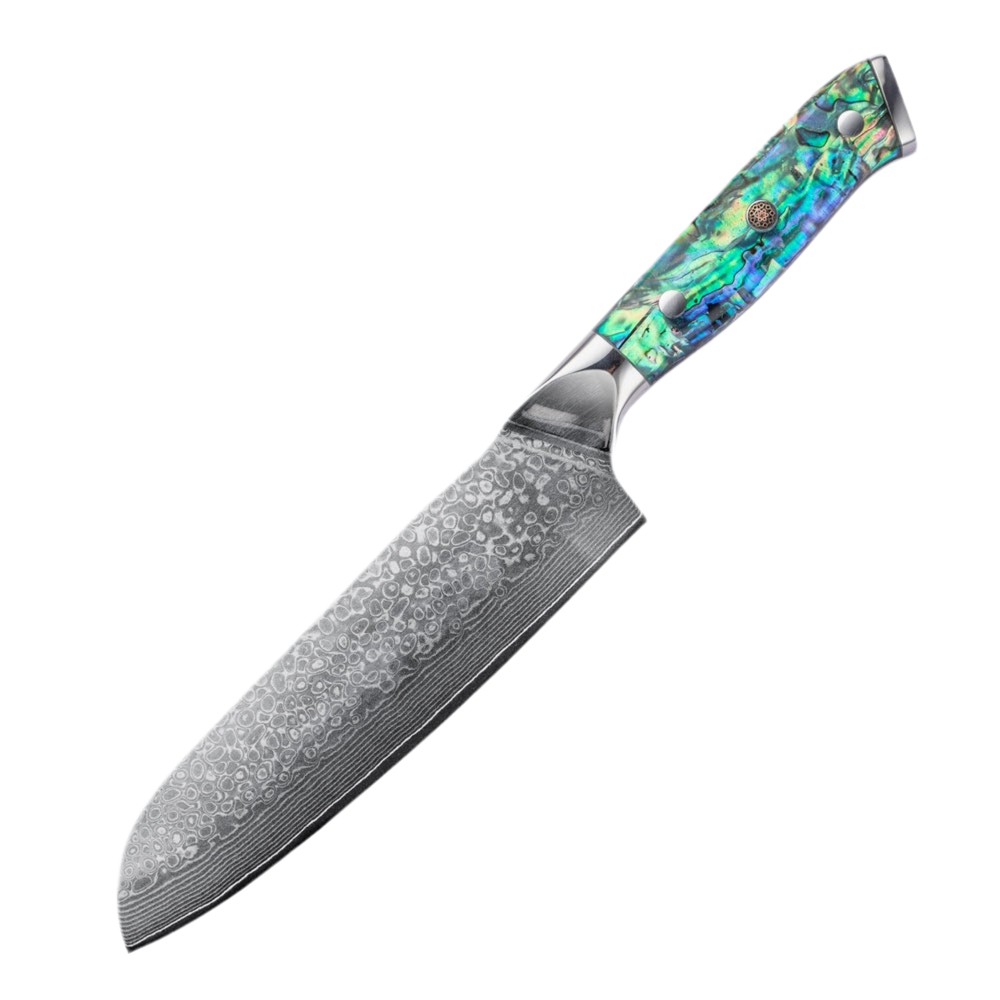Filters
Quality Damascus knives for professional chefs & hobby cooks
A high-quality Damascus knife consists of
more than just one layer of steel. Damascus knives from JAPANCUT consist of at least 67 layers and make each kitchen knife special. They
not only ensure a beautiful appearance. They also improve the cutting ability and lifespan of the knife. As experts, we know how important Damascus knives are for professionals and cooking enthusiasts. They are a premium knife that perfectly combines tradition with modern cooking.
The characteristics of this blacksmithing art inspire
us. We would like to share with you the special features of Damascus knives. From the sharp cut to the unique grain of the blades, each chef's knife is a work of art.
Key findings
- Over 67 layers of steel ensure the quality and uniqueness of a Damascus knife.
- The combination of ancient tradition and innovative technology makes Damascus knives a favorite of professional and ambitious chefs.
- The special properties of Damascus knives include not only sharpness and durability, but also a distinctive design.
- A high-quality chef's knife is an important component for precise work in both professional and hobby kitchens.
- Each premium knife made of Damascus steel is an expression of craftsmanship.
History and origin of Damascus knives
The fascination with Damascus steel goes back far into human history. Techniques were developed to make blades functional and beautiful at the same time. Japanese and handmade knives in particular represent this tradition.
The beginnings in antiquity
The history of Damascus steel began in ancient times. Blacksmiths from what is now Syria, more precisely from the city of Damascus, were the pioneers of the craftsmanship that still exists today. This technique soon found its way to Japan. The famous samurai swords were made there. Today, Japanese kitchen knives are known worldwide, a legacy of this ancient art.
From sword to kitchen knife: A cultural history
When the era of the samurai ended, the art of Damascus steel changed. Now blacksmiths focused on kitchen knives . They use ancient techniques for weapons to make the best knives. These handcrafted works are known for their sharpness and durability.
The rediscovery of Damascus steel
Modern times have brought a renaissance of Damascus steel. Metallurgists and artisans around the world have been tinkering with ancient knowledge. Today, Damascus steel is seen as a symbol of traditional craftsmanship and modern technology. High-performance knives are made from this special type of steel.
Damascus knives are more than just tools, they symbolize a rich history. A history full of artistic talent, cultural significance and technical innovation. Your knowledge of these knives broadens your view of kitchen work and appreciates each cut more.
What are Damascus knives and their unique properties?
The world of stainless steel knives and cutting knives is rich. But Damascus knives stand out. They use Damascus steel , known for its hardness, durability and unique design.
Definition and explanation of the Damascus technique
The production of Damascus knives has a long history. Different steels are folded. This gives the cutting knives extreme sharpness and their unique pattern.
Features and advantages of Damascus steel
Damascus steel has outstanding properties. It is very resistant to wear. The combination of hard and soft steels creates a perfect mix of sharpness and flexibility. Carbon steel and nickel steel are often used. These materials are joined together by forge welding to create the characteristic pattern and properties of Damascus steel.
The variety of damask patterns
The special thing about Damascus knives is the variety of patterns. This technique turns each knife into a work of art. The Damascus pattern varies depending on how often the steel is folded. The final etching of the steel reveals the Damascus pattern. This is because the different types of steel react differently to the acid, discolor and separate from each other.
| Eigenschaft | Vorteil |
|---|---|
| Hohe Härte | Zuverlässige Schneidleistung und Langlebigkeit |
| Einzigartige Musterung | Ästhetischer Wert, der jedes Messer zum Unikat macht |
| Korrosionsbeständigkeit | Lange Lebensdauer auch bei häufigem Gebrauch |










